Feeling unwell at events can be scary. Here’s how to handle health emergencies:
Immediate Assessment
Recognize Serious Symptoms
- Chest pain or difficulty breathing: Seek immediate medical help
- Severe dizziness or fainting: Sit down immediately, get help
- Nausea with severe headache: Could indicate heat stroke or dehydration
- Allergic reactions: Swelling, rash, difficulty swallowing
- Alcohol poisoning: Confusion, vomiting, irregular breathing
Common Event-Related Issues
- Dehydration: Headache, dizziness, dry mouth (common in Nairobi’s altitude)
- Heat exhaustion: Sweating, weakness, nausea at outdoor events
- Anxiety attacks: Rapid heartbeat, shortness of breath in crowds
- Food poisoning: Stomach pain, nausea from venue food
- Overstimulation: Headaches from loud music, flashing lights
Getting Help at Events
Find Medical Support
- First aid stations: Most major events have designated medical areas
- Security personnel: Can radio for medical assistance or direct you to help
- Venue staff: Hotel staff, restaurant managers often have first aid training
- Other attendees: Many Kenyans have basic first aid knowledge
- Call emergency services: 999 or 911 for serious situations
Communicating Your Condition
- Be specific: “I have chest pain” not “I don’t feel good”
- Mention medications: Allergies, current prescriptions, medical conditions
- Share emergency contacts: Have someone’s number who can make decisions for you
- Language: Speak in English, Kiswahili, or ask for translator help
Self-Care Strategies
For Dehydration/Heat Issues
- Find shade immediately: Move away from direct sunlight
- Drink water slowly: Small sips, not large gulps
- Loosen clothing: Remove jackets, loosen collars
- Cool compresses: Ask for wet cloths for neck, wrists
- Elevate feet: If dizzy, lie down with feet raised
For Anxiety/Panic
- Move to quieter area: Away from crowds, loud music
- Breathing exercises: Slow, deep breaths in through nose, out through mouth
- Ground yourself: Name 5 things you can see, 4 you can hear, 3 you can touch
- Call someone: Familiar voice can help calm anxiety
- Fresh air: Step outside if possible
For Nausea/Stomach Issues
- Stop eating/drinking: Don’t consume more until symptoms subside
- Find bathroom: Locate facilities before you absolutely need them
- Small sips: Water or ginger ale if available
- Sit down: Don’t try to “power through” standing
- Avoid alcohol: Will make symptoms worse
Venue-Specific Help
Hotel Events (Serena, Hilton, etc.)
- Hotel medical: Many upscale hotels have on-call doctors or nurses
- Room service: Can deliver basic medications, electrolyte drinks
- Transportation: Hotels can arrange taxi to hospital if needed
- Staff training: Hotel staff usually well-trained in emergency response
Outdoor Events (Carnivore, Uhuru Gardens)
- Event medics: Large outdoor events required to have medical stations
- Ambulance access: Check if ambulances can reach the venue
- Shade areas: Look for tents or covered areas to cool down
- Water stations: Free water usually available at legitimate events
Club/Bar Events
- Bouncer assistance: Security staff often trained in basic first aid
- Manager access: Ask to speak to manager for serious issues
- Transportation: Uber/Bolt may be faster than waiting for ambulance
- Avoid bathroom: Unless absolutely necessary – not safe when unwell
When to Seek Professional Help
Go to Hospital Immediately
- Severe chest pain: Could indicate heart issues
- High fever with confusion: Possible serious infection
- Severe allergic reactions: Difficulty breathing, widespread swelling
- Head injuries: From falls, fights, or accidents
- Poisoning symptoms: Severe vomiting, confusion, difficulty breathing
Nairobi Hospital Options
- Nairobi Hospital: Argwings Kodhek Road – major emergency services
- Aga Khan Hospital: Third Parklands – excellent emergency care
- MP Shah Hospital: Near Museum Hill – good for general emergencies
- Kenyatta National Hospital: Free emergency care, but often crowded
Prevention Strategies
Before the Event
- Medication prep: Bring any regular medications plus extras
- Medical ID: Bracelet or phone app with emergency medical info
- Emergency contacts: Program ICE (In Case of Emergency) numbers
- Health insurance: Bring cards and know your coverage
- Buddy system: Designate someone to watch out for your health
During the Event
- Pace yourself: Don’t try to do everything at once
- Regular check-ins: Ask yourself “How am I feeling?” hourly
- Stay hydrated: Drink water regularly, especially at outdoor events
- Eat regularly: Don’t skip meals before or during long events
- Limit alcohol: Know your limits and stick to them
Smart Preparation
- Basic first aid kit: Pain relievers, antacids, bandages
- Emergency cash: For taxi to hospital if needed
- Phone charged: Keep power bank for emergency calls
- Comfortable shoes: Prevent falls and foot problems
- Weather appropriate: Dress for conditions to avoid heat/cold stress
Key Message: Don’t try to “tough it out” – your health is more important than missing part of an event. Seek help early before problems become serious.

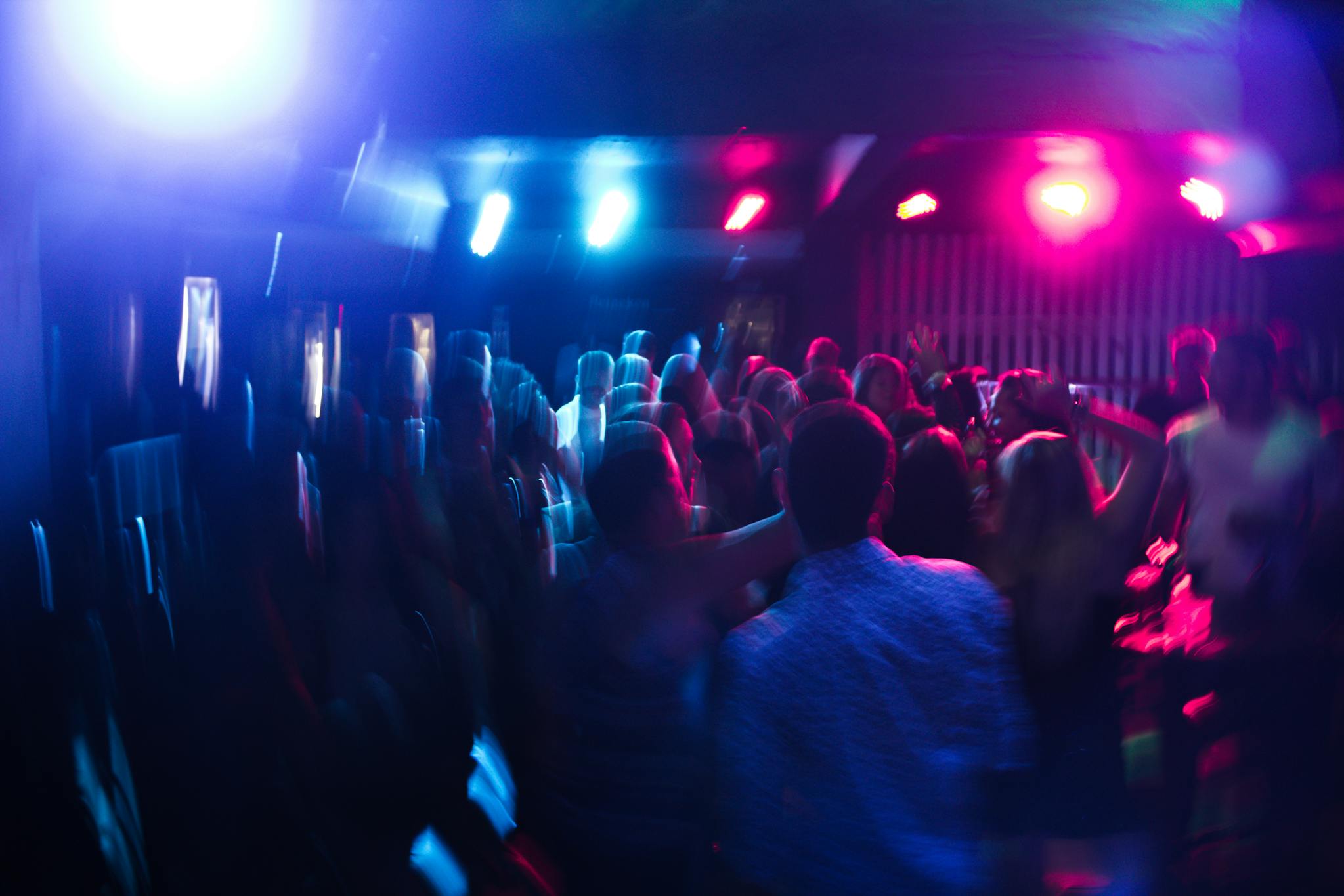


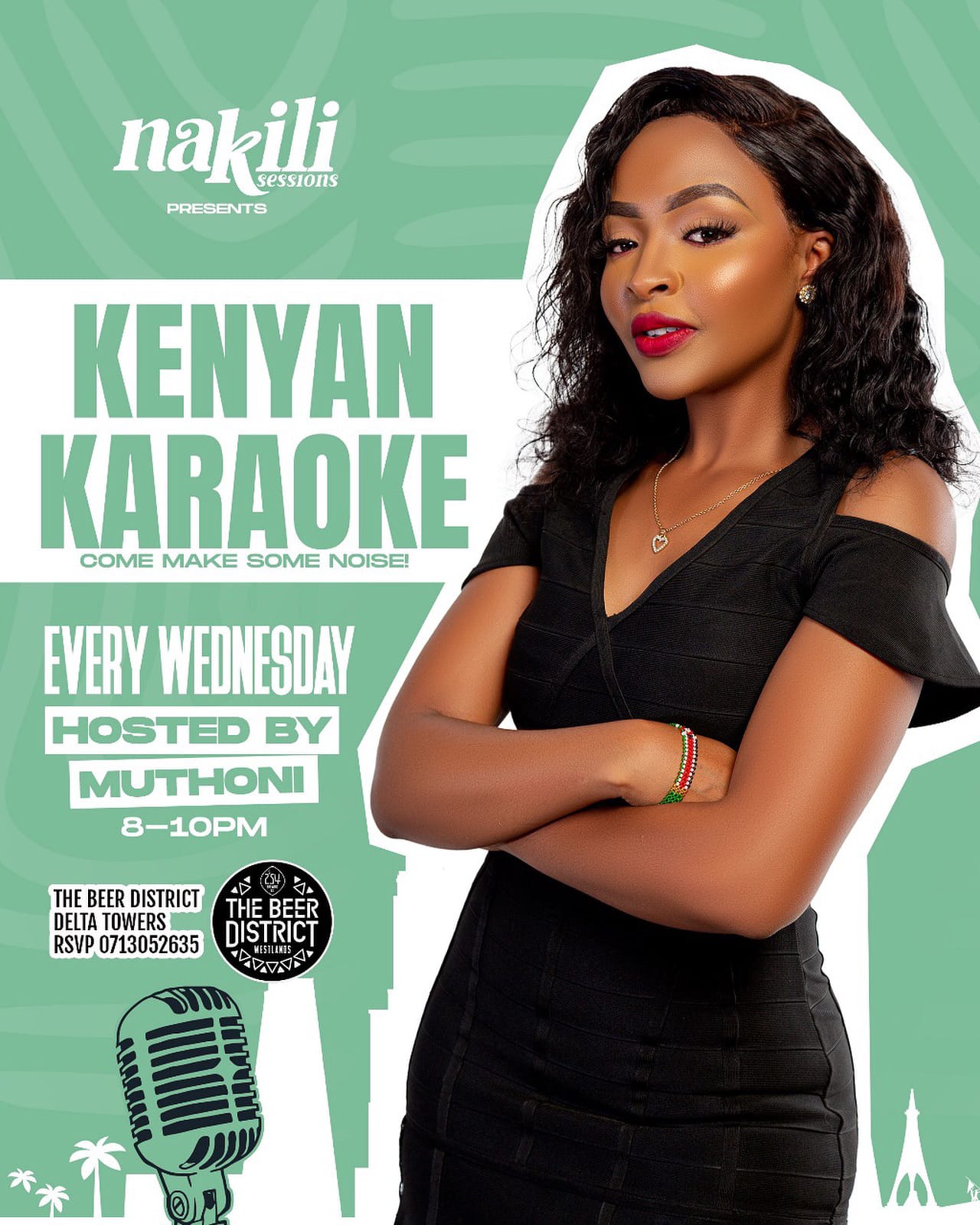

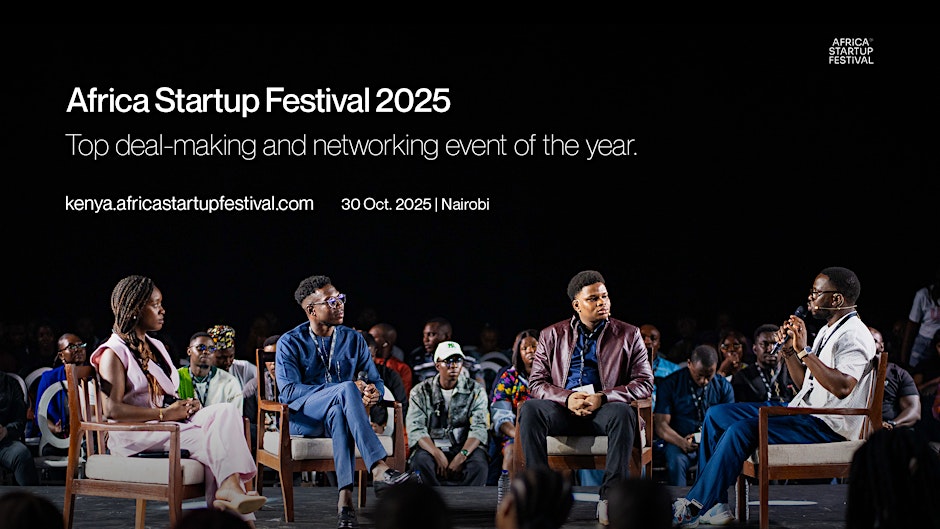
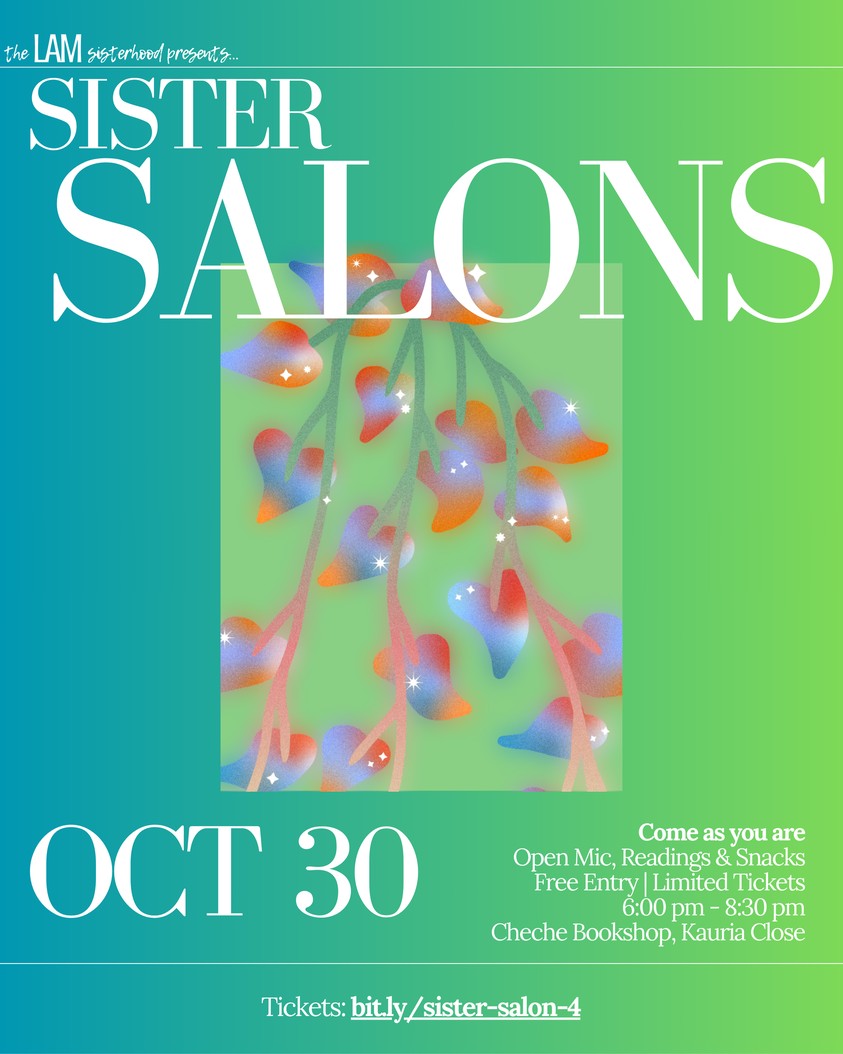

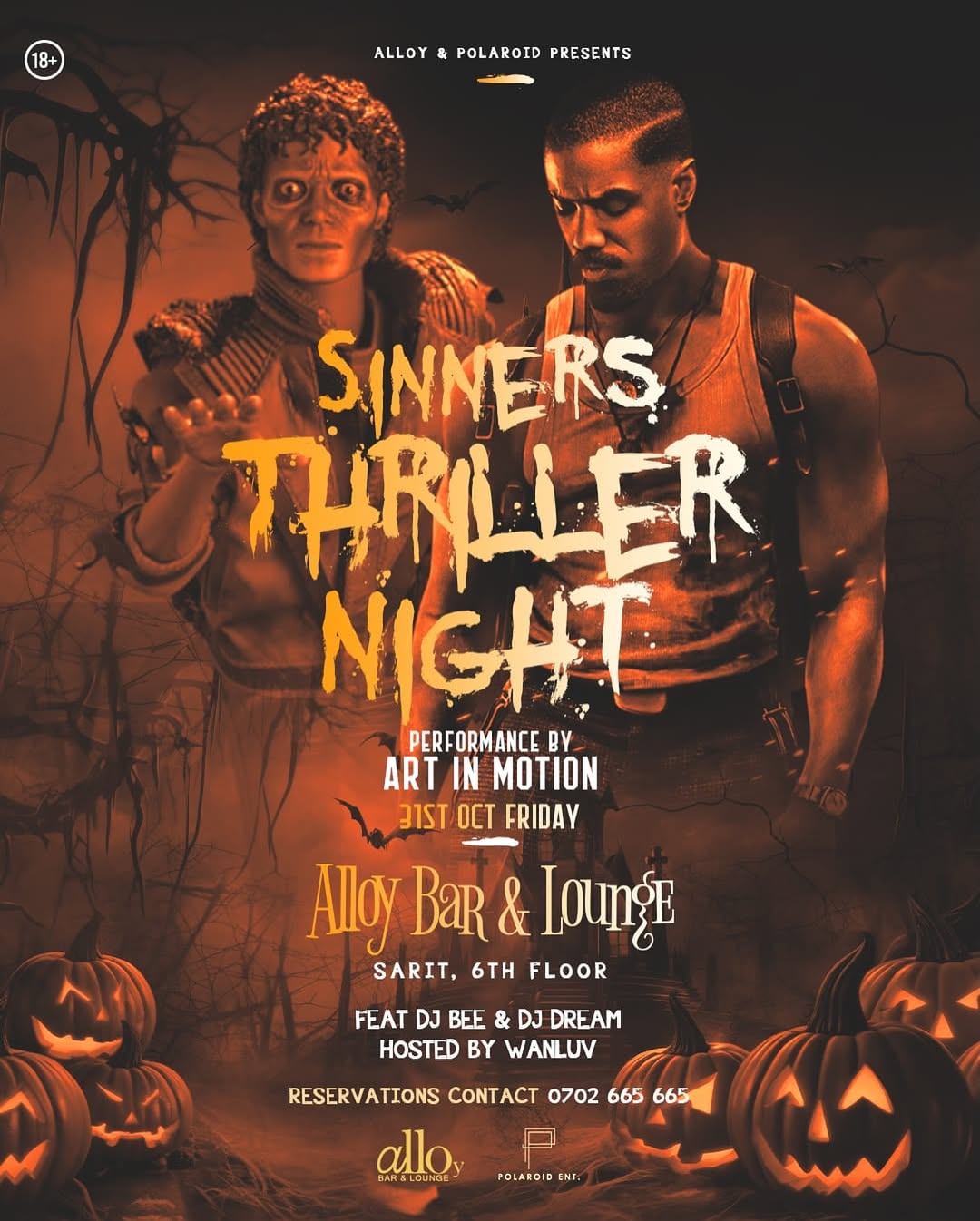
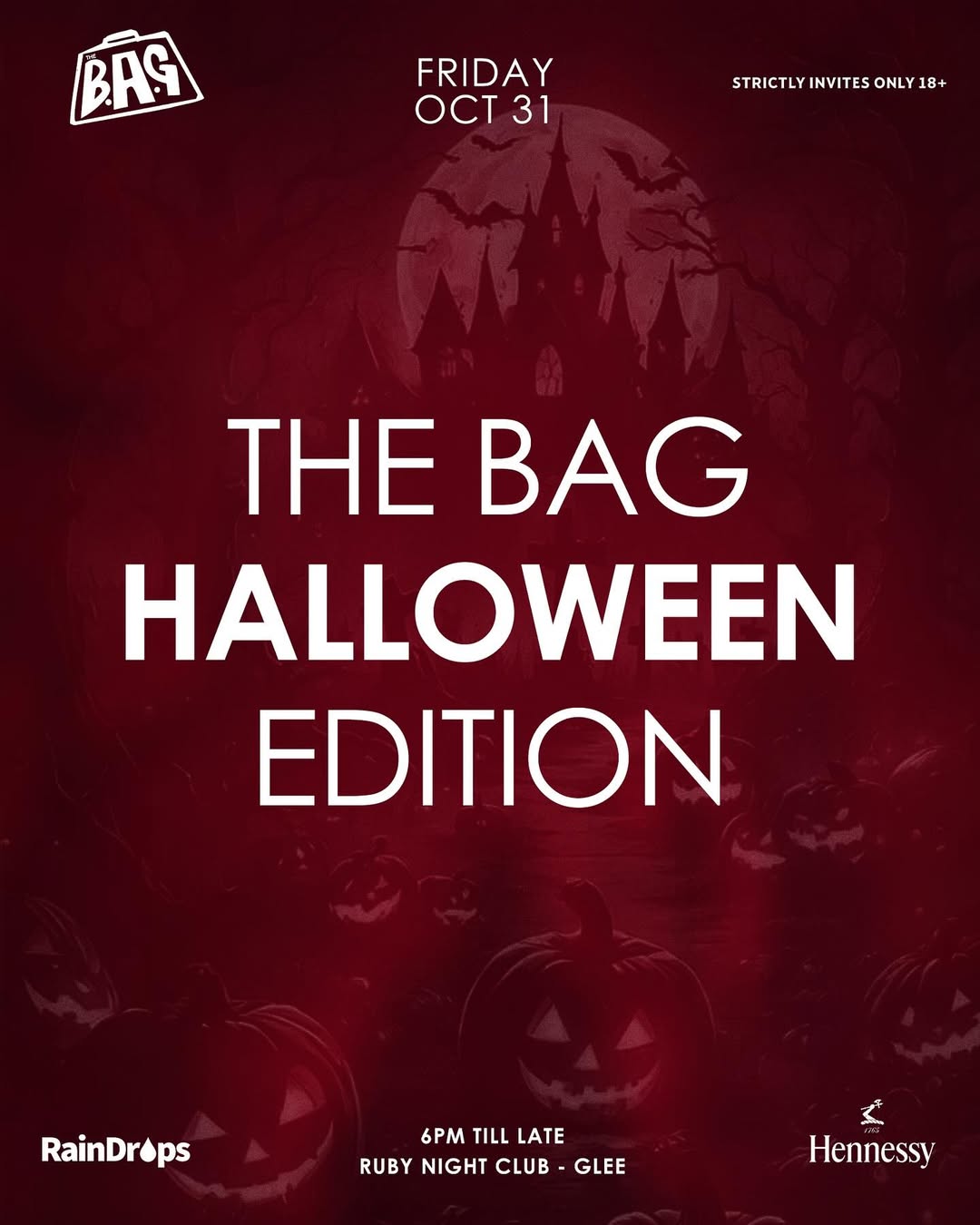
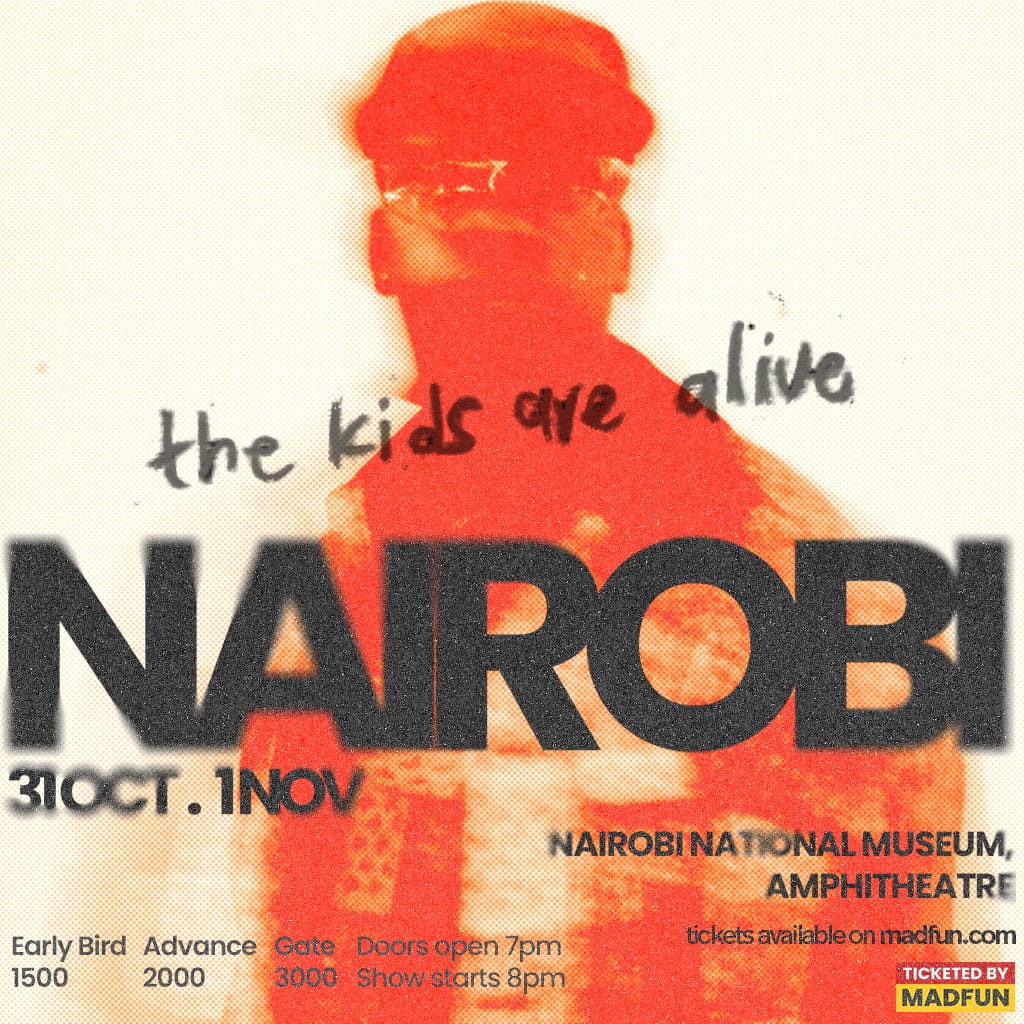
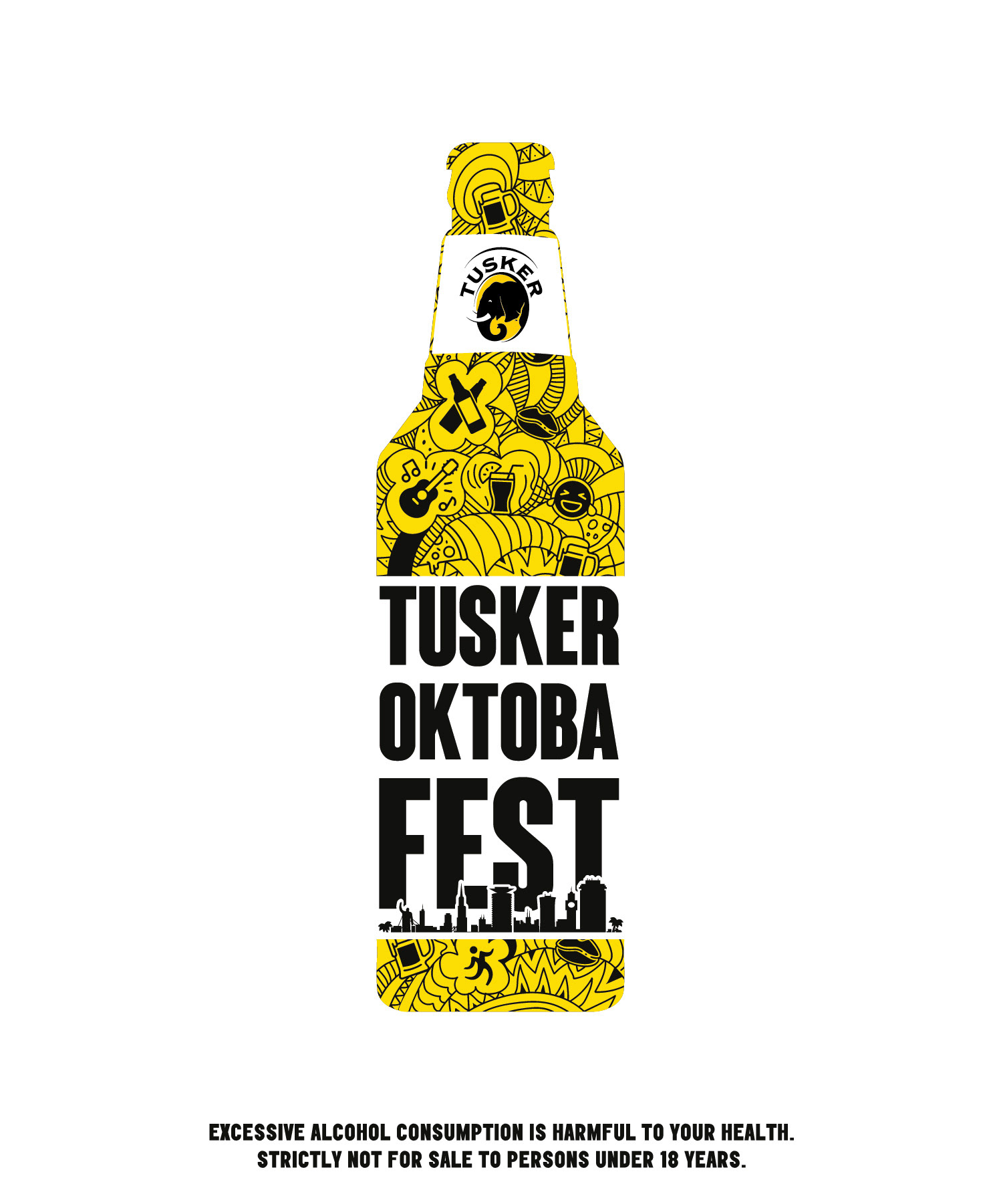
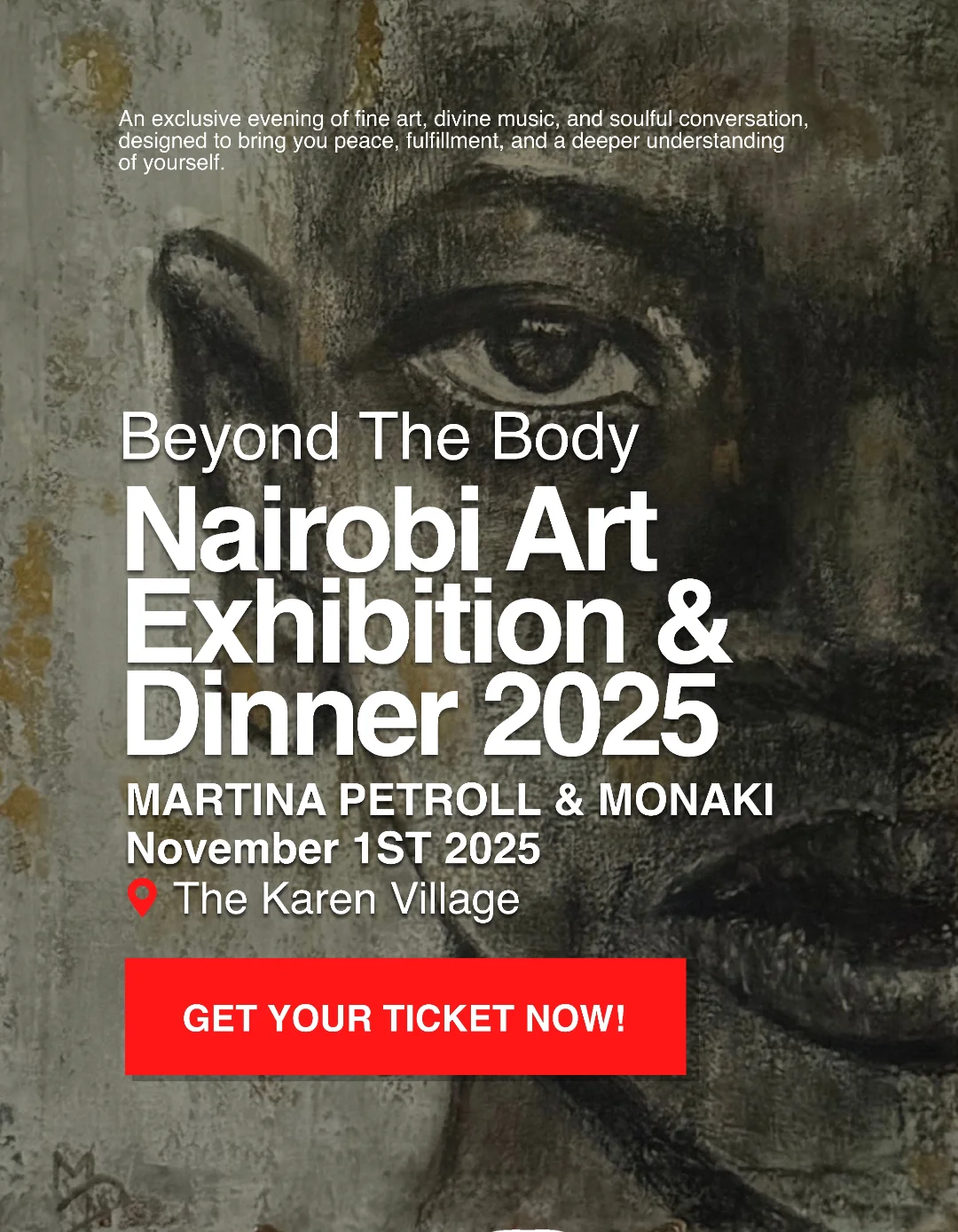
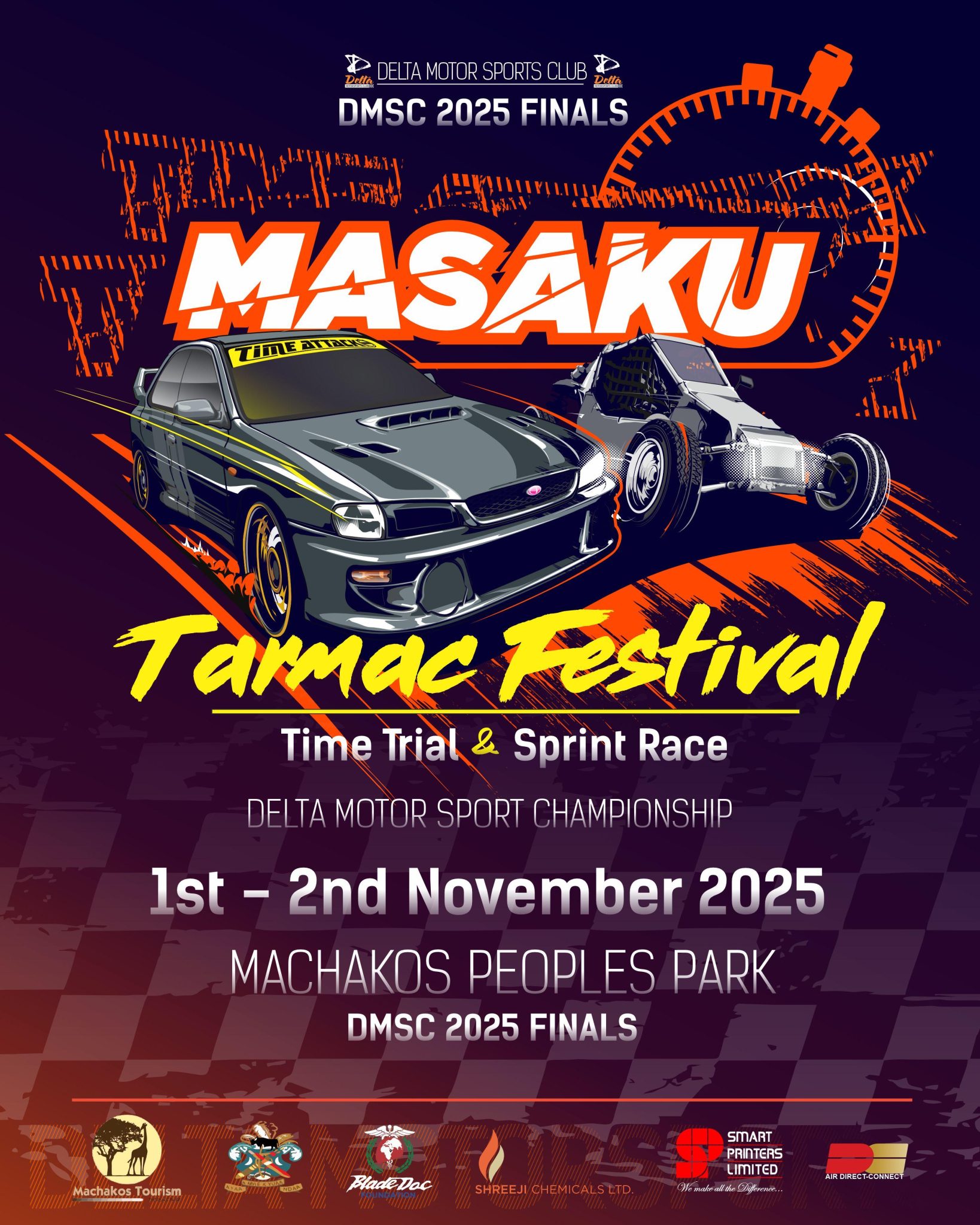
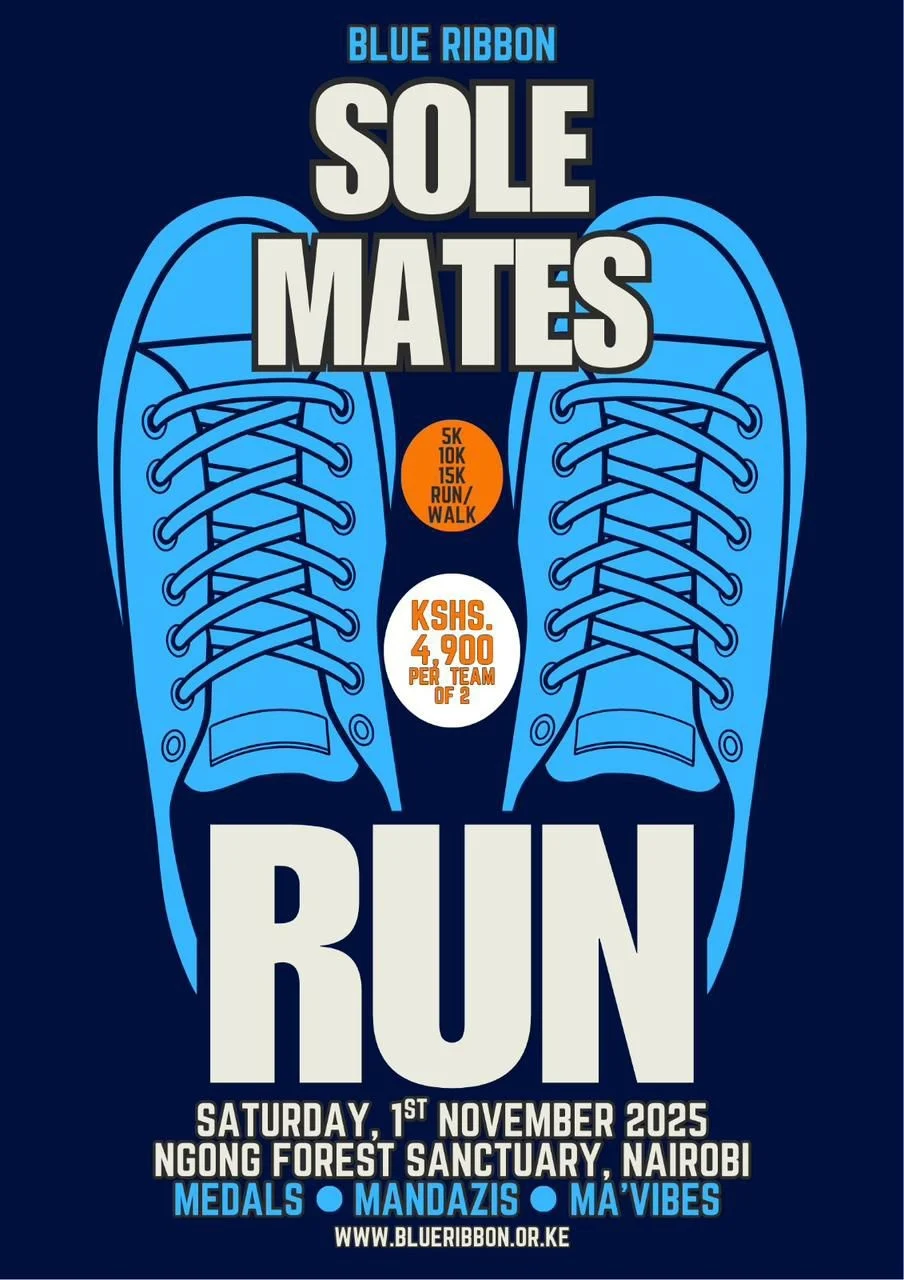
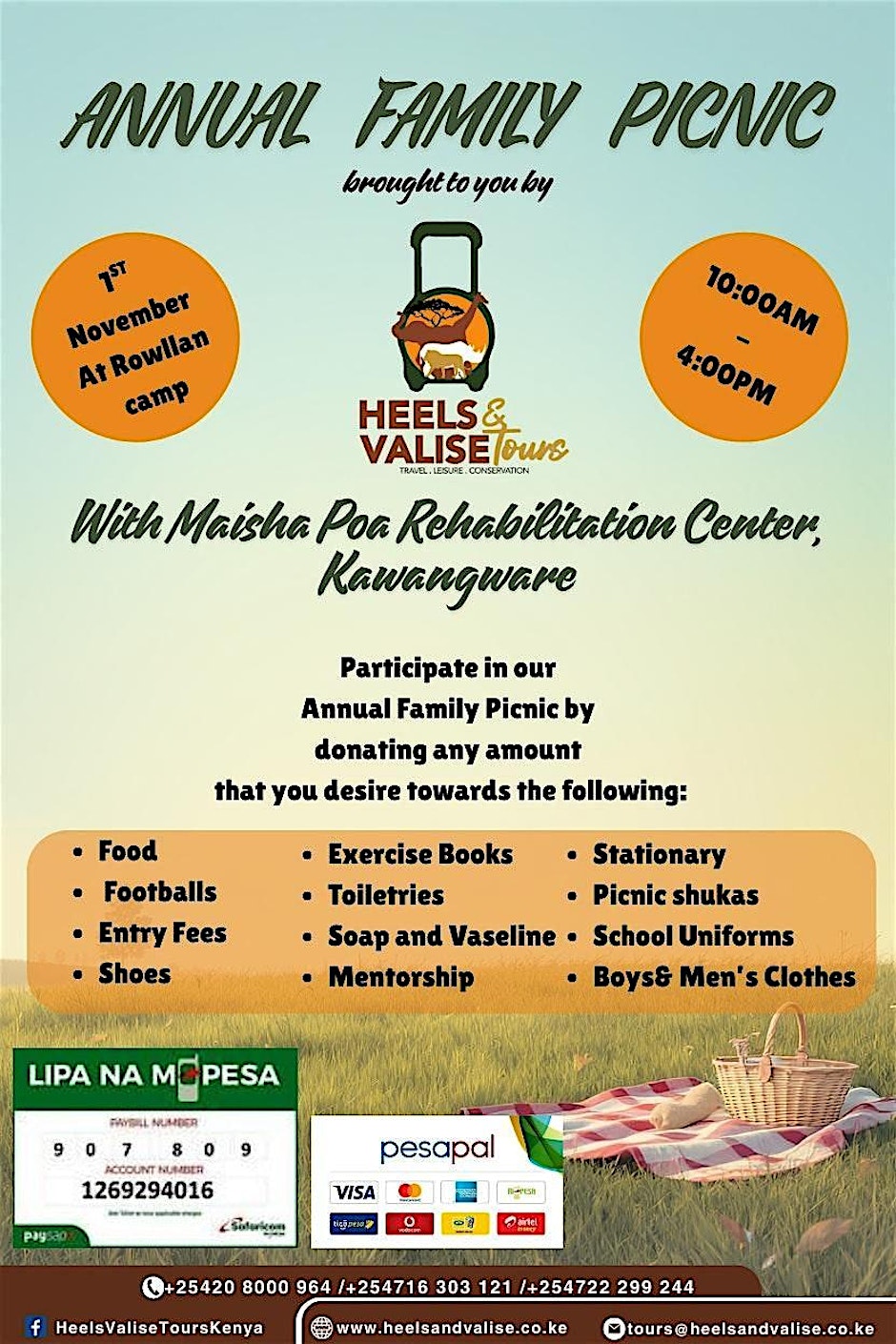
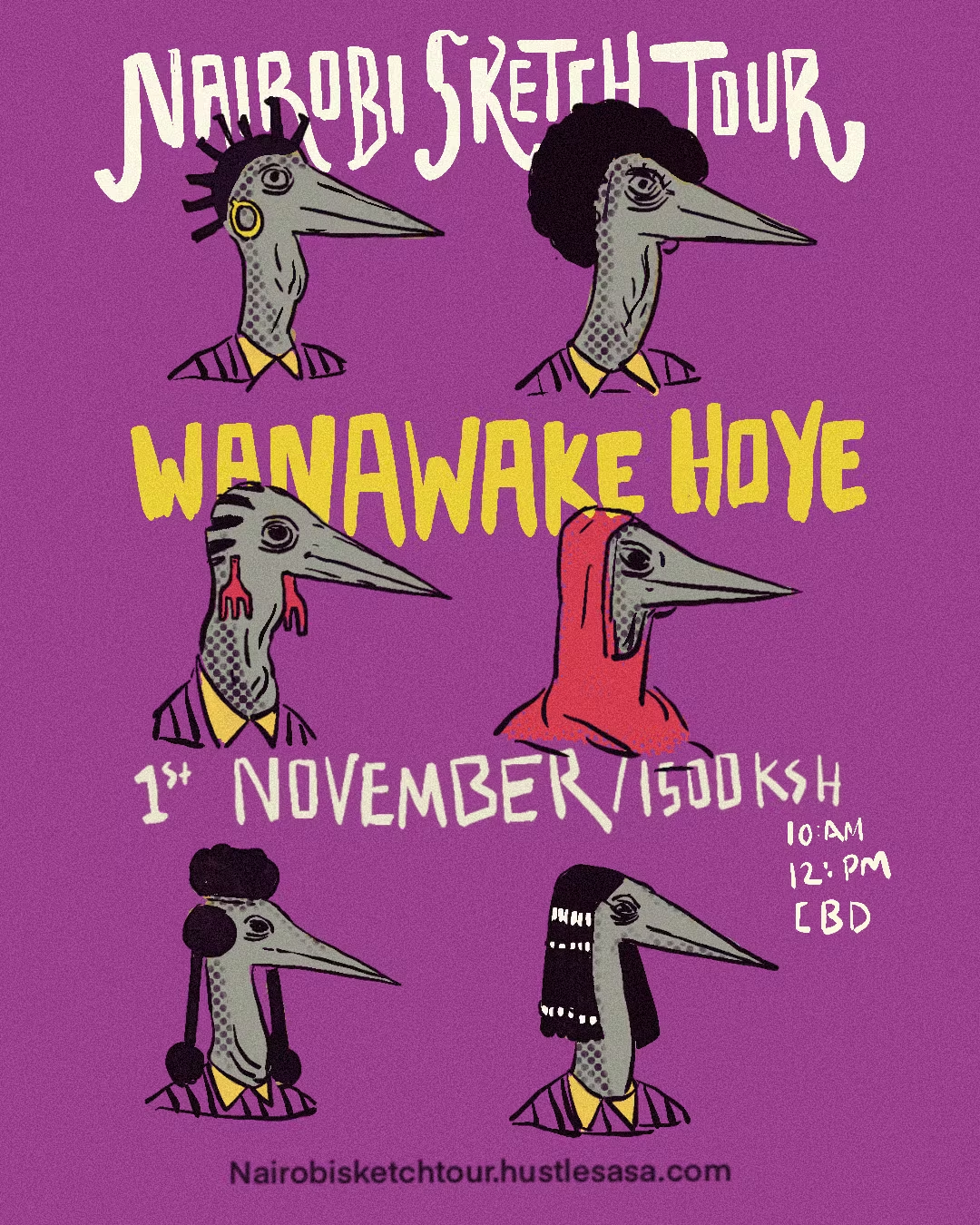
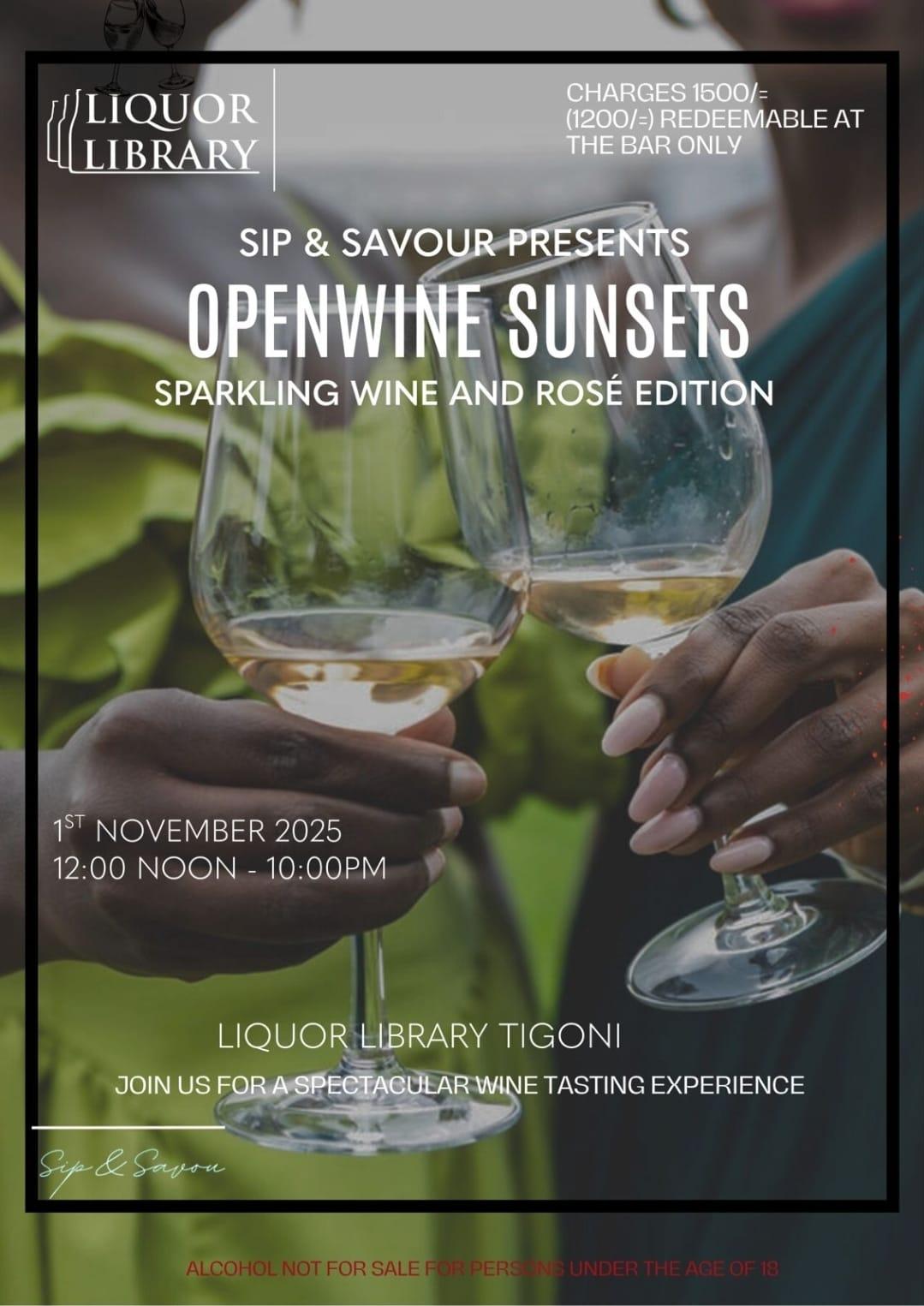
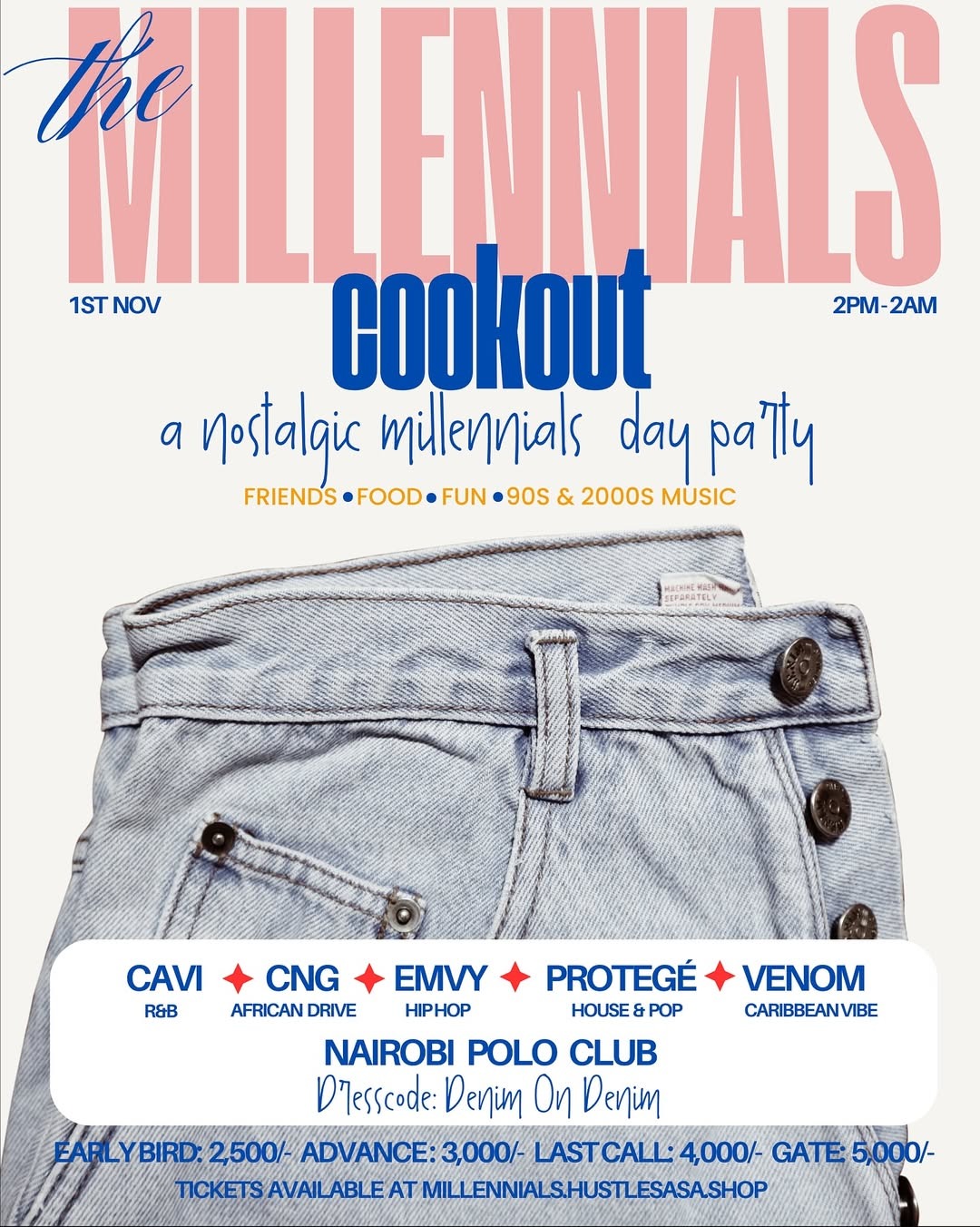
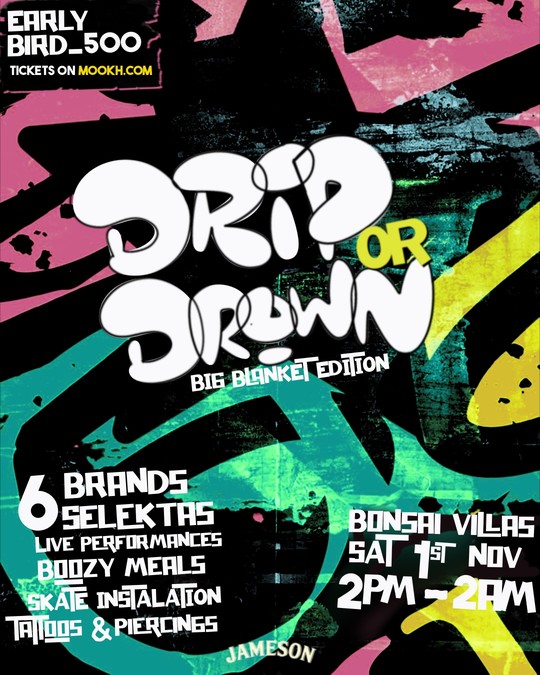
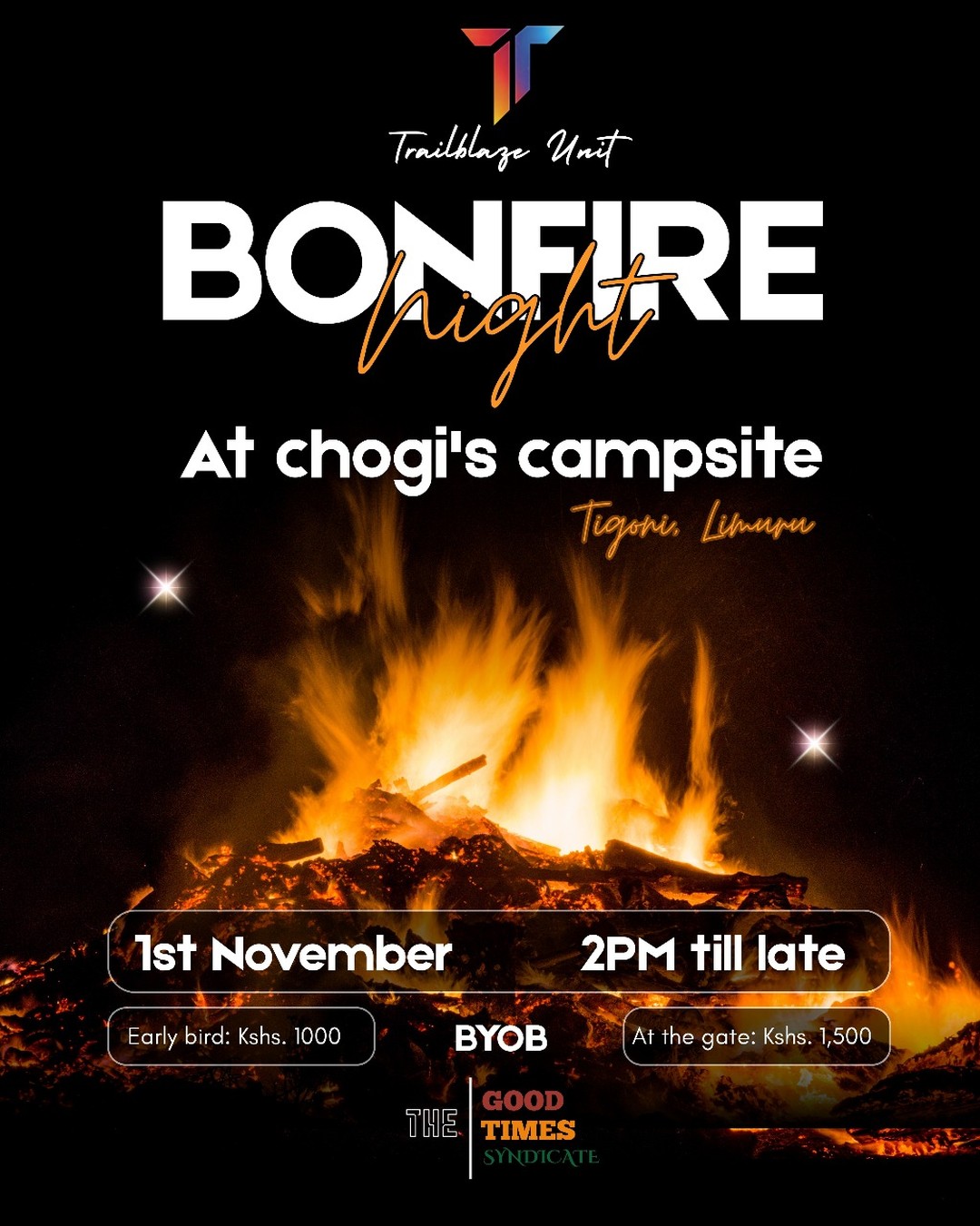

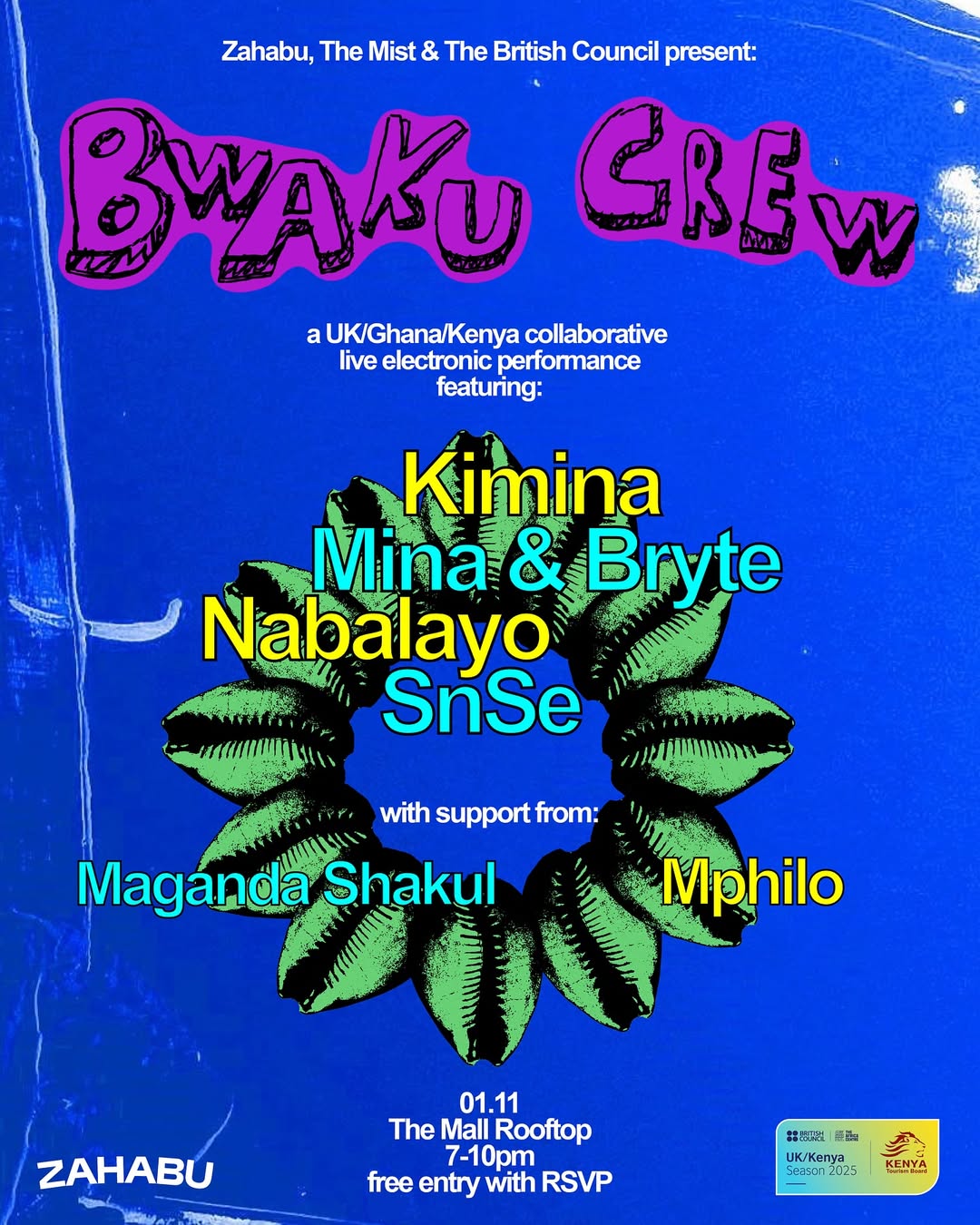
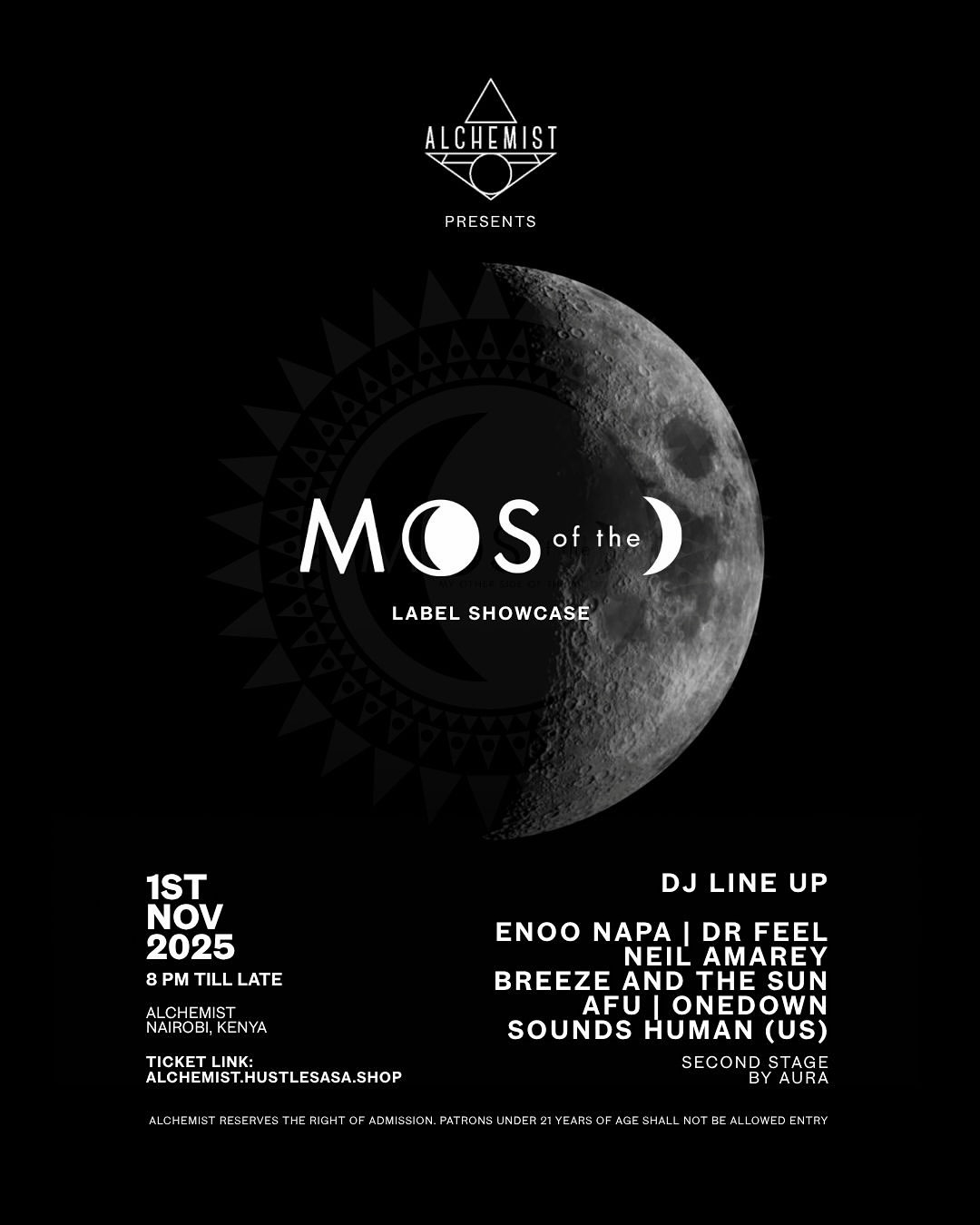



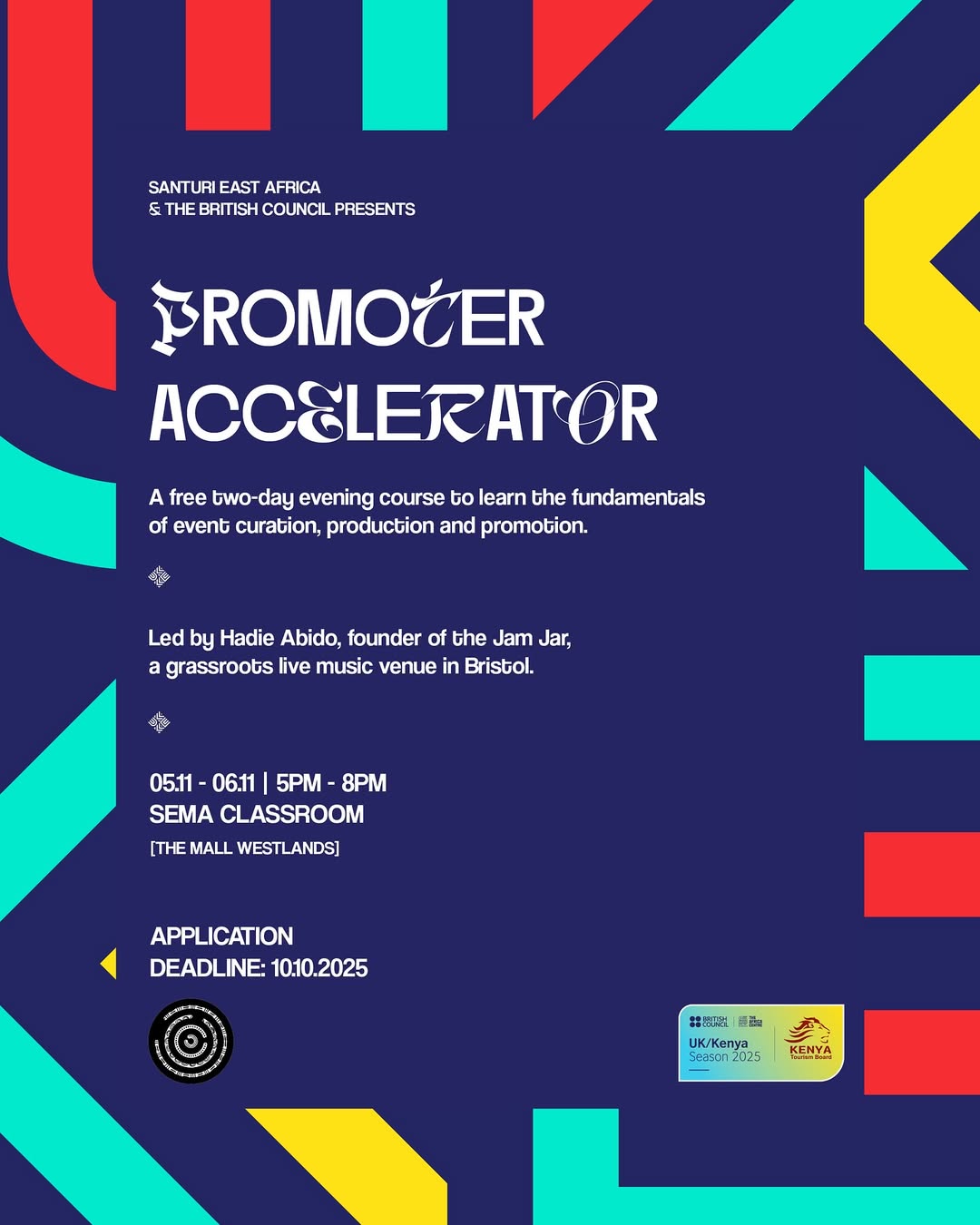




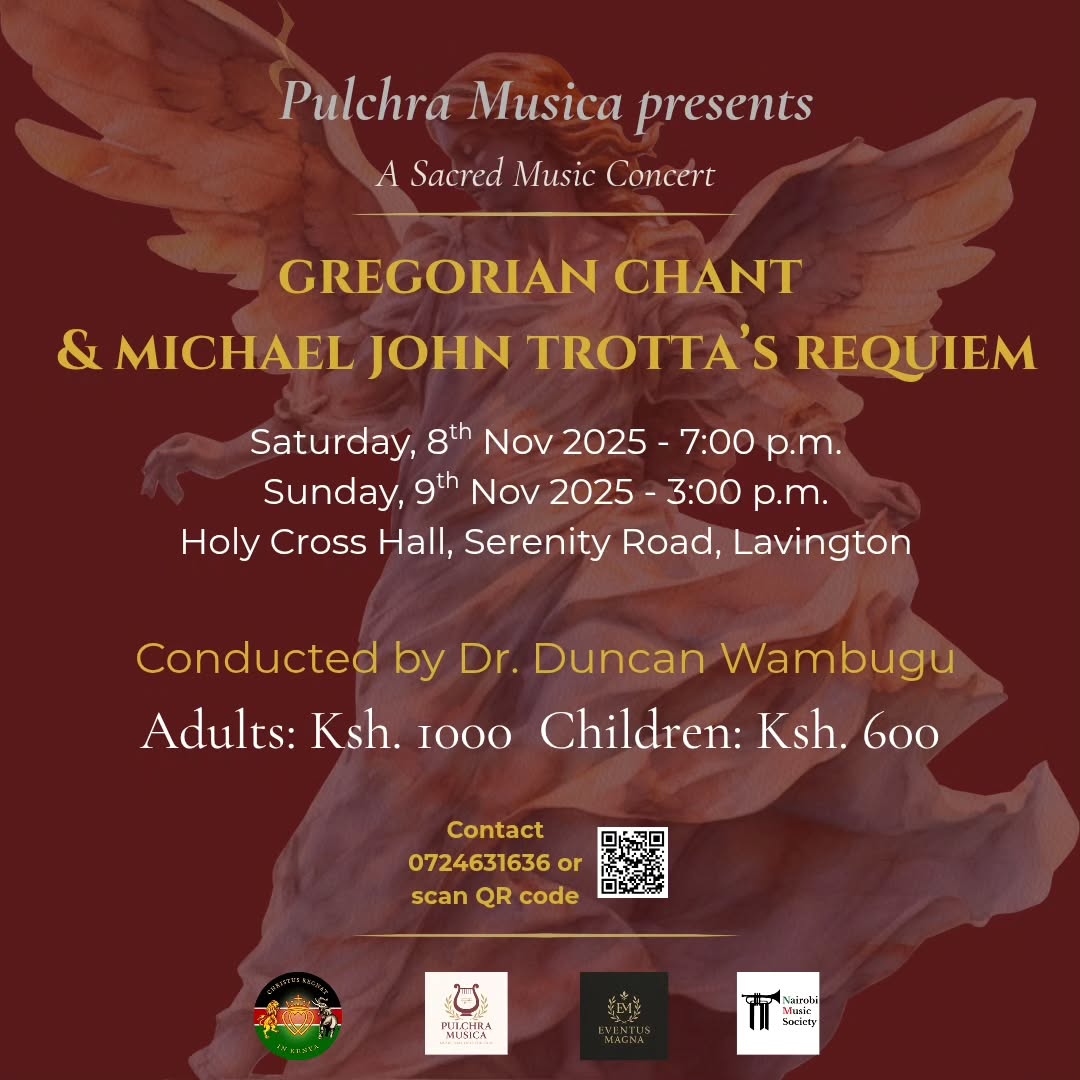
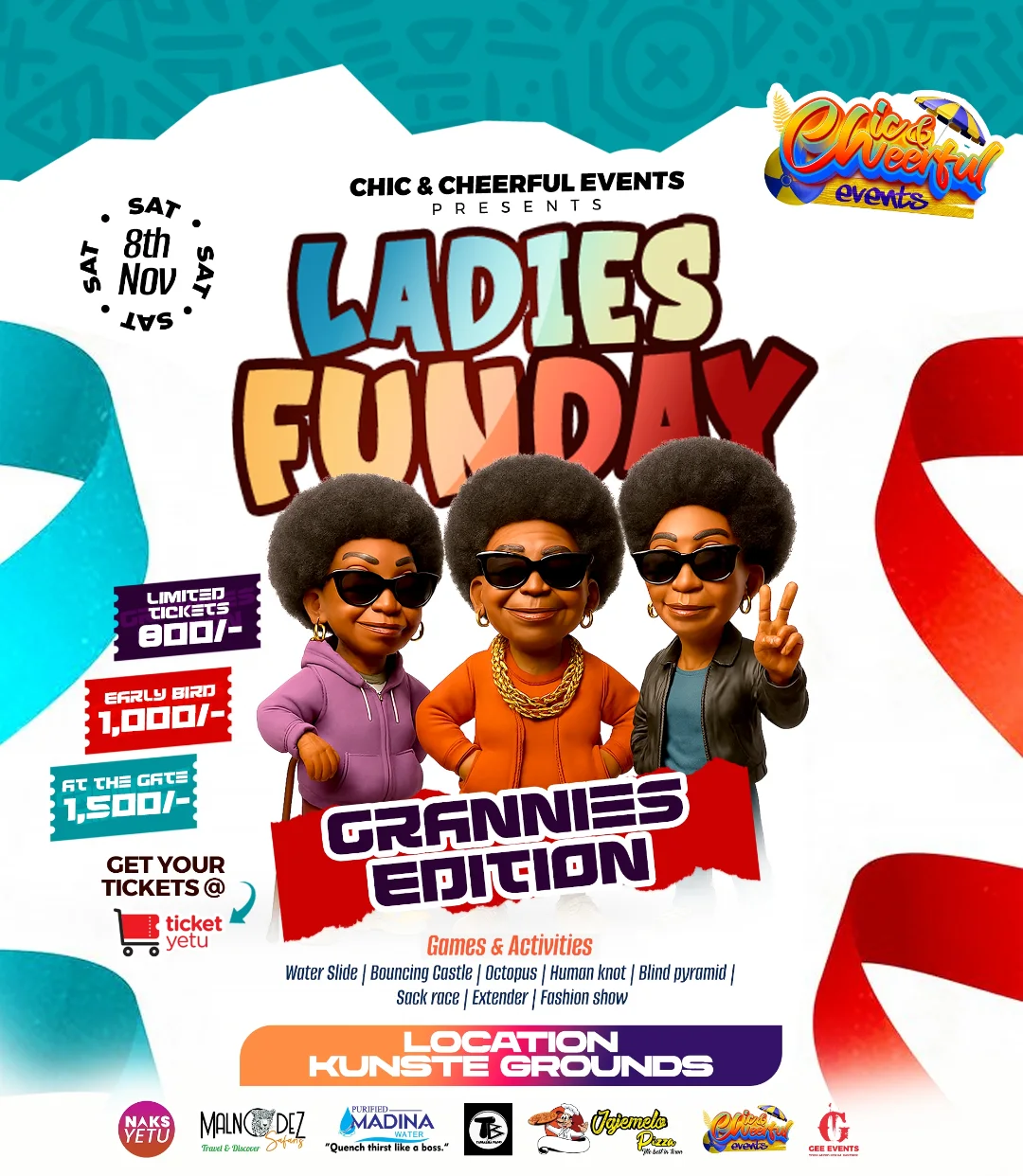
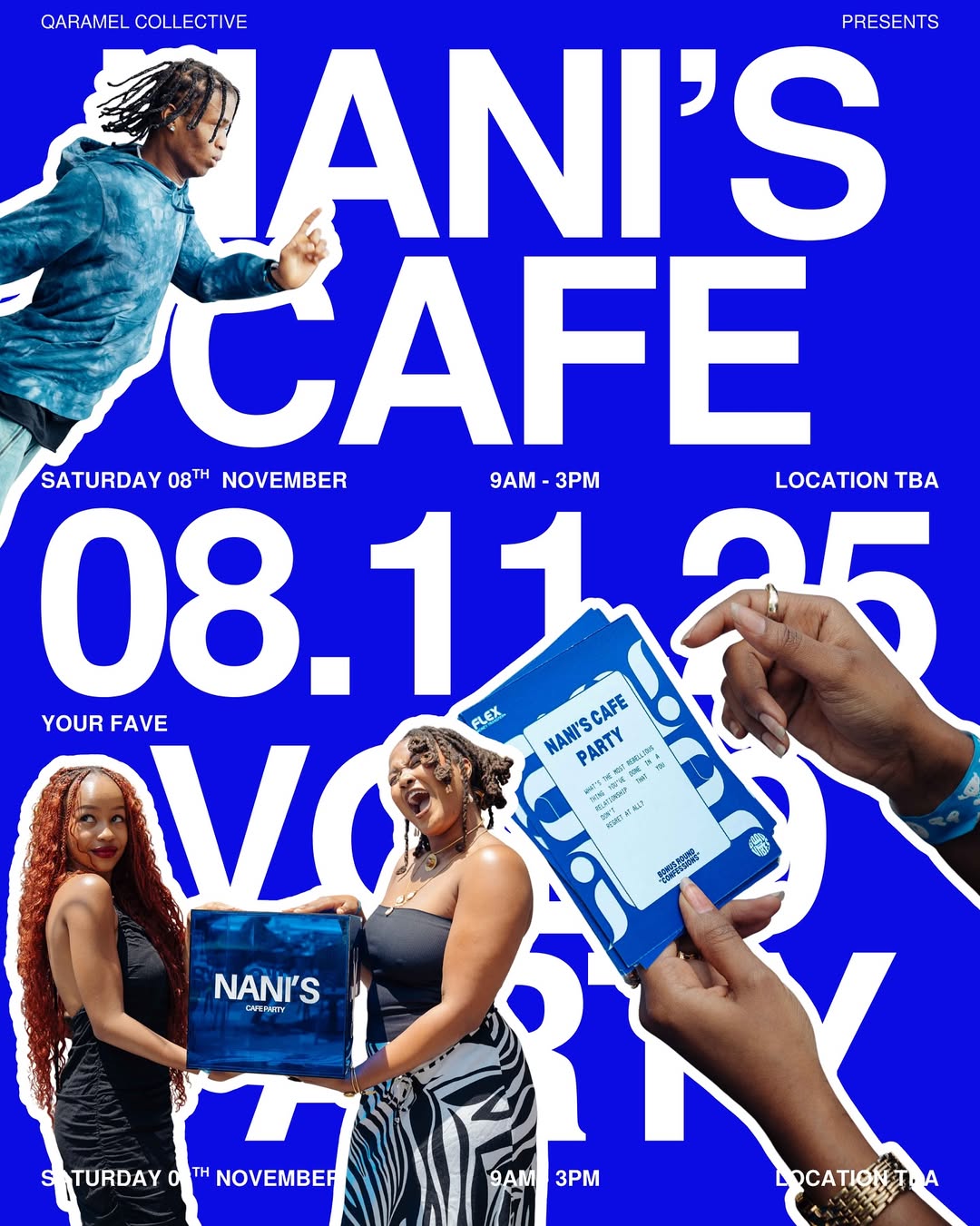

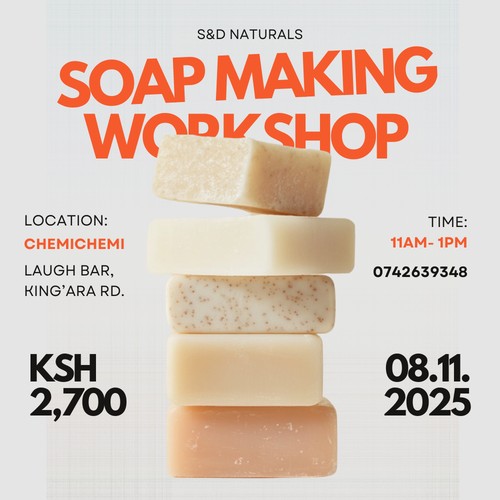
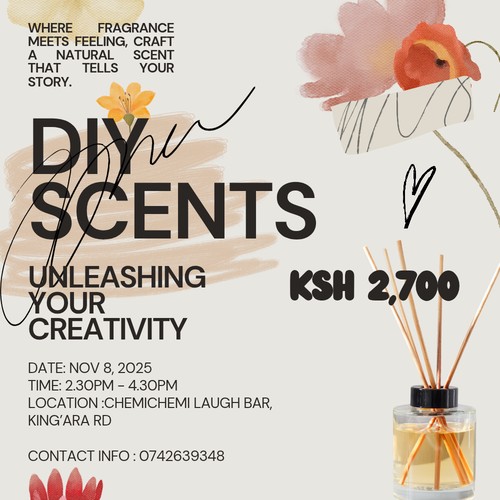
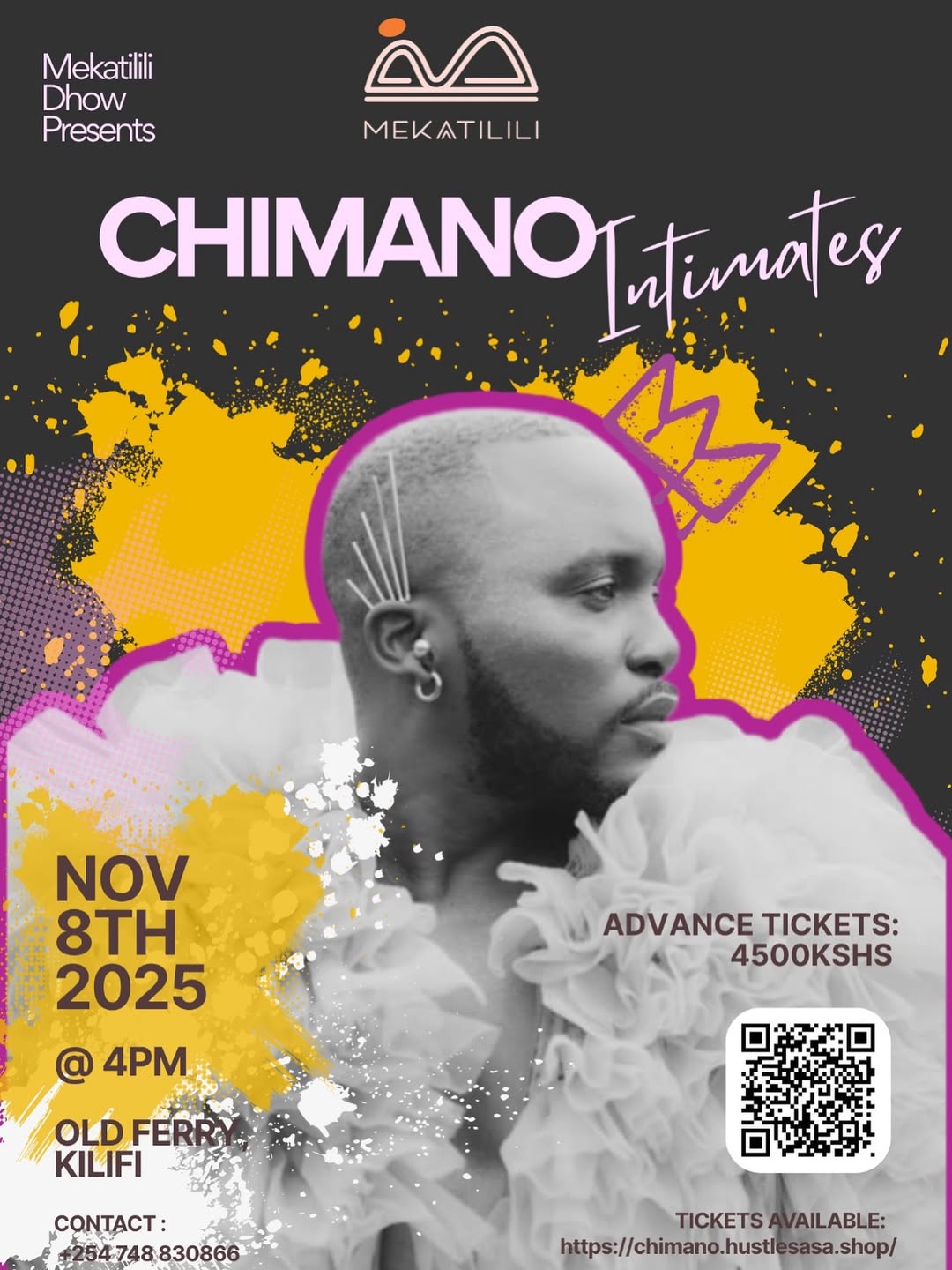



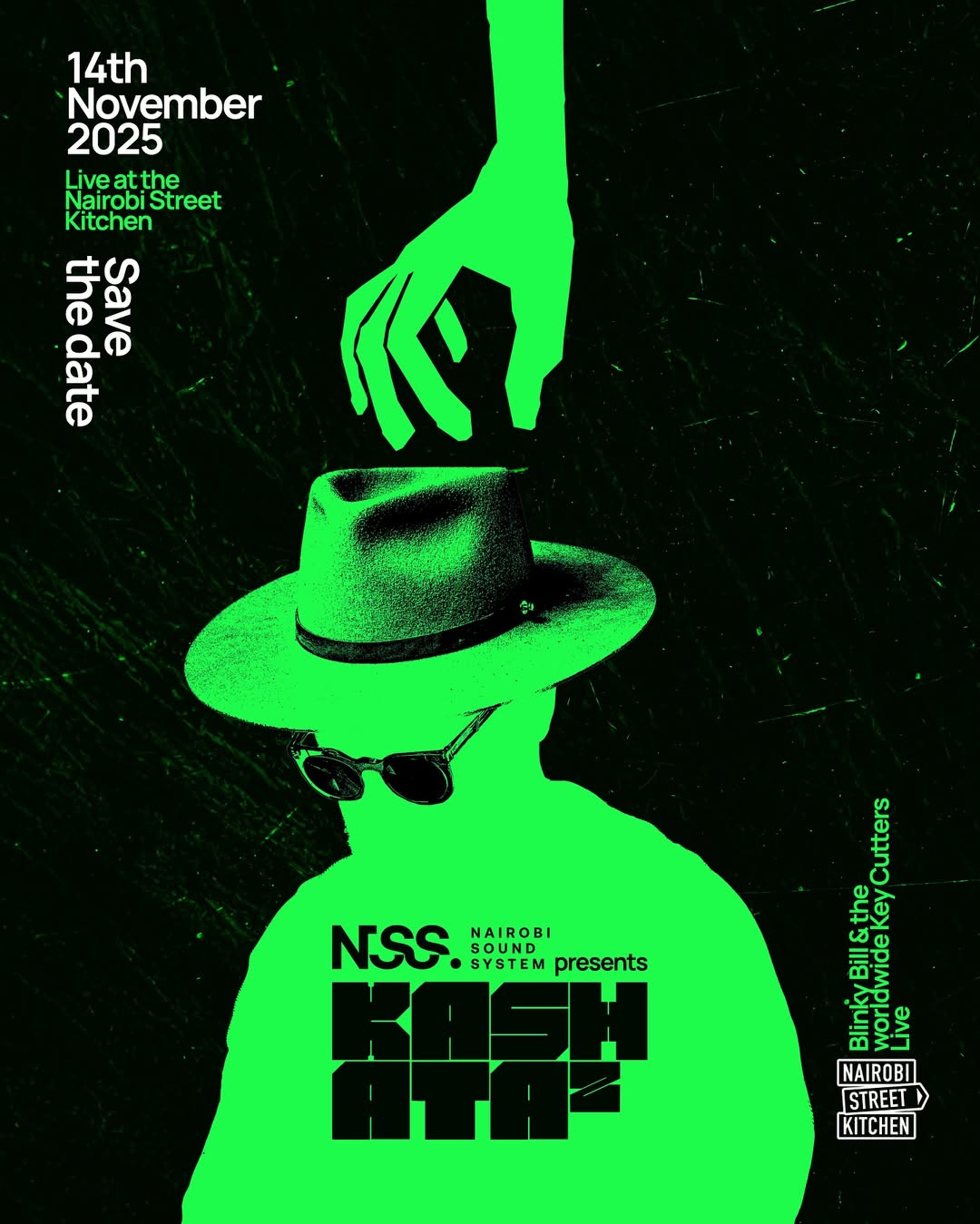
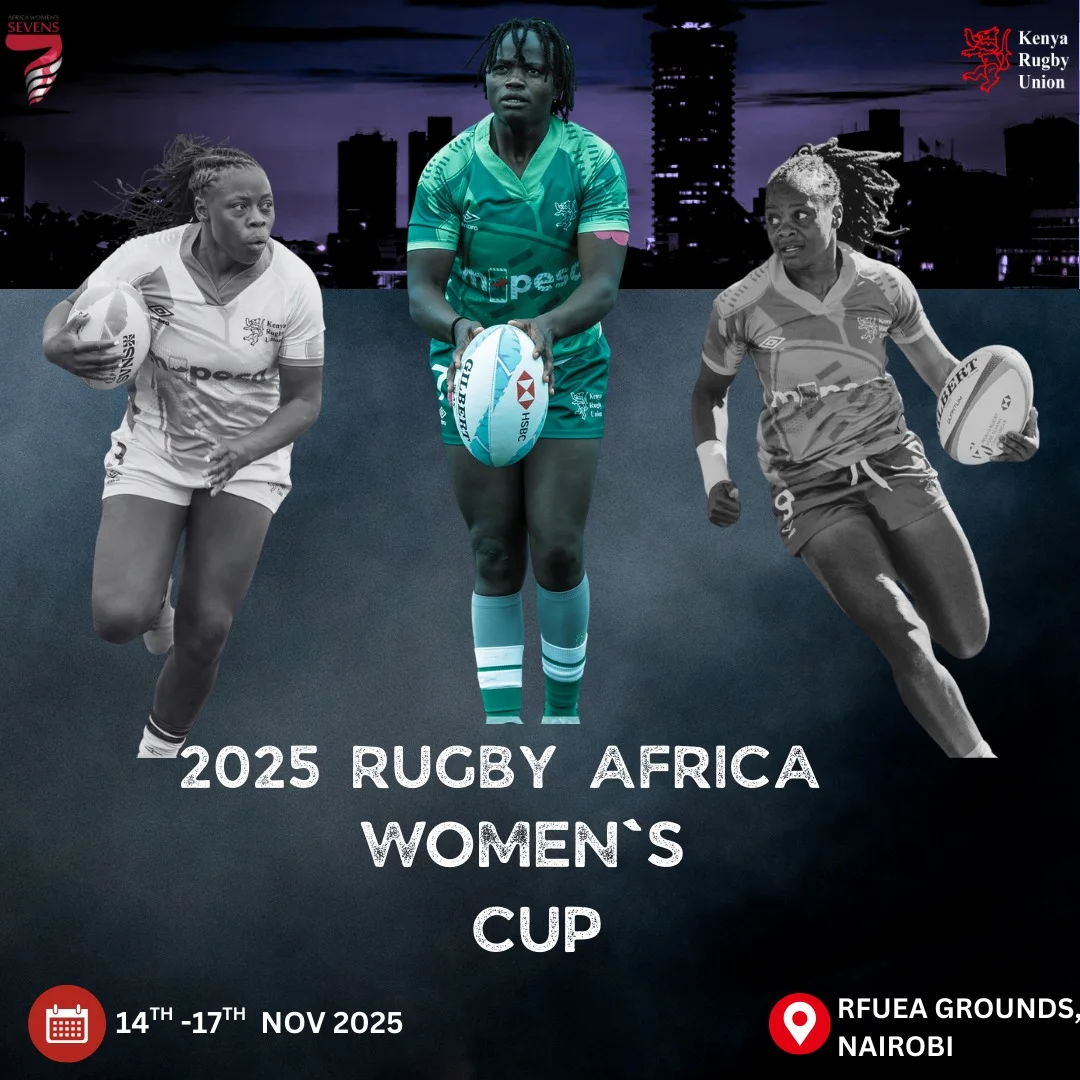
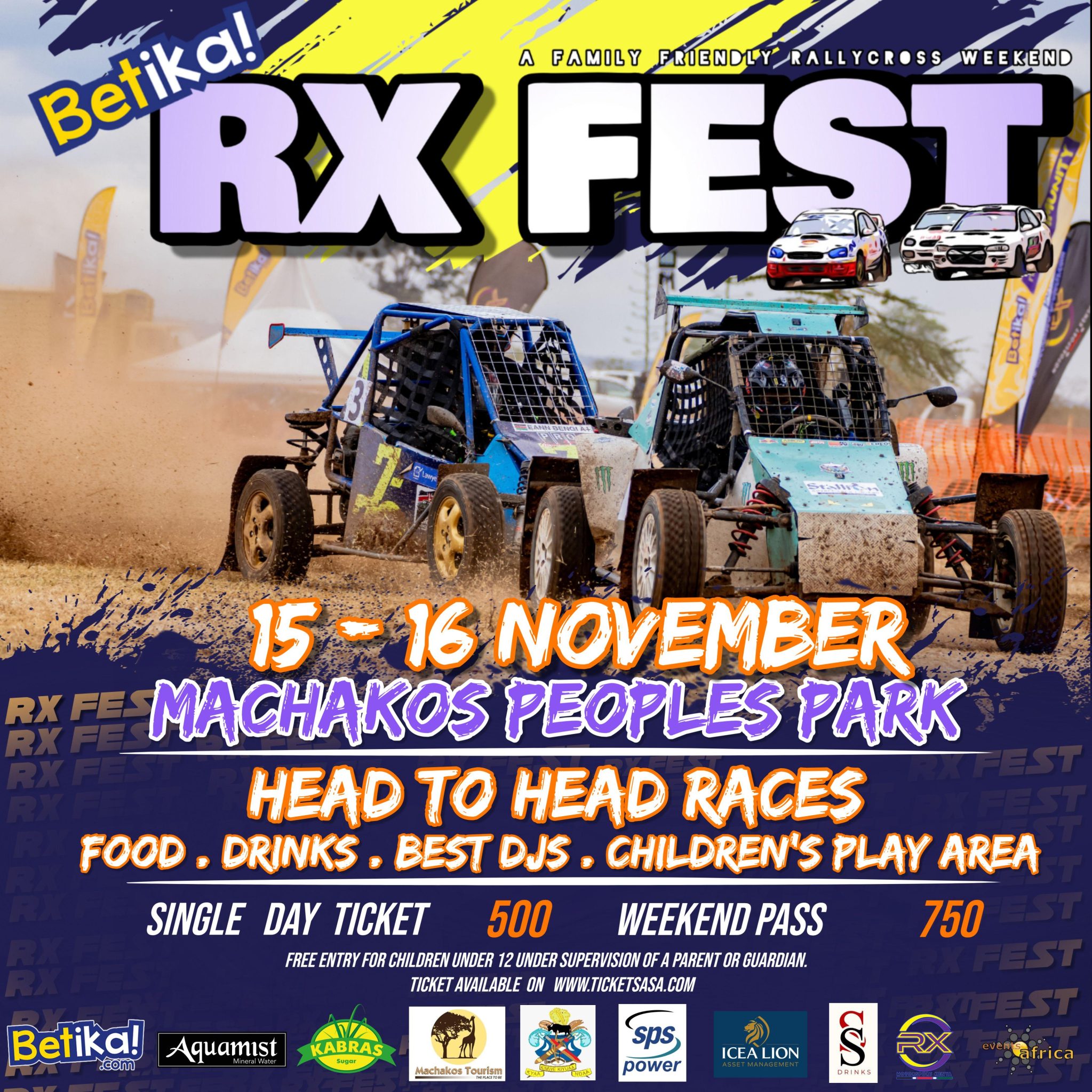

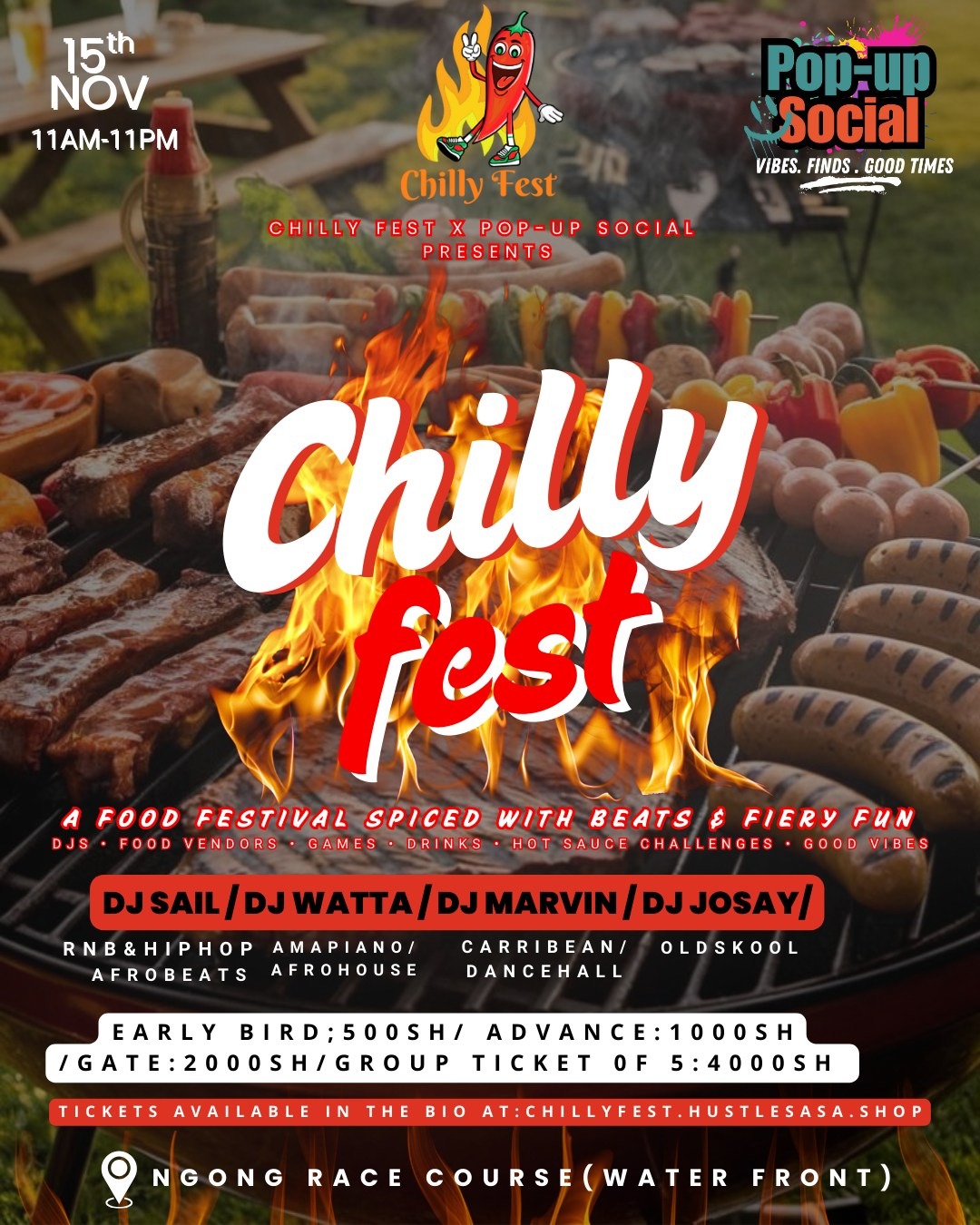
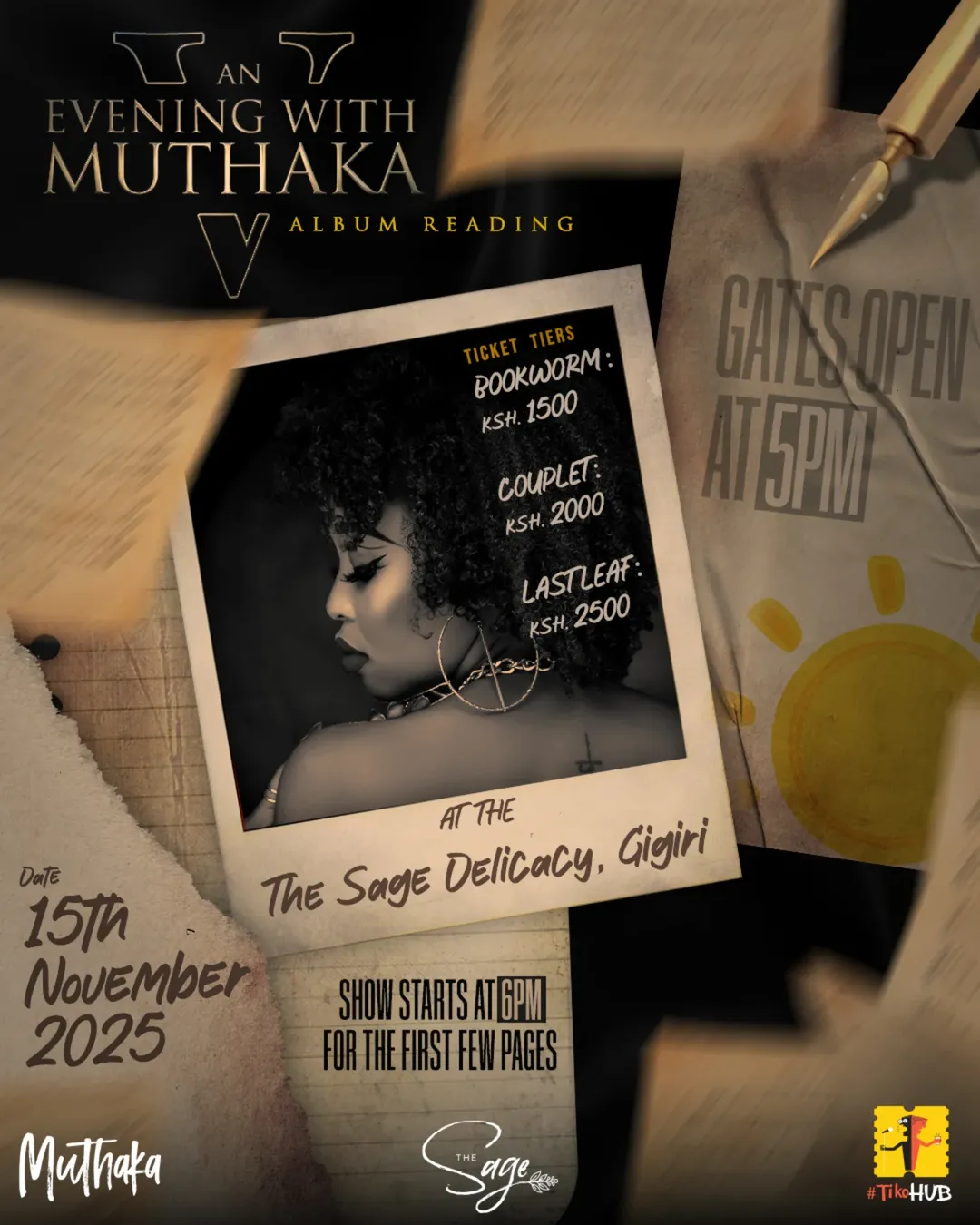
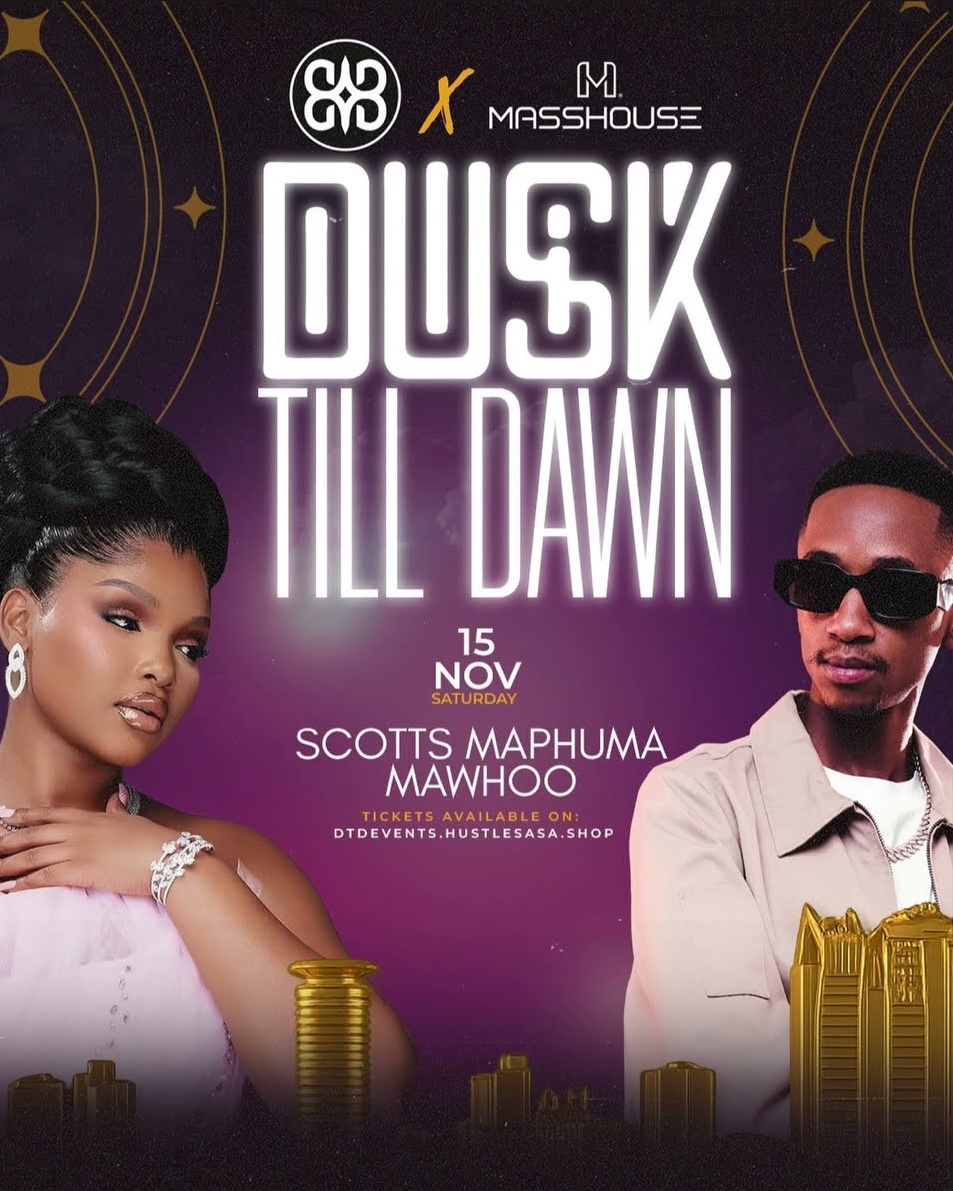
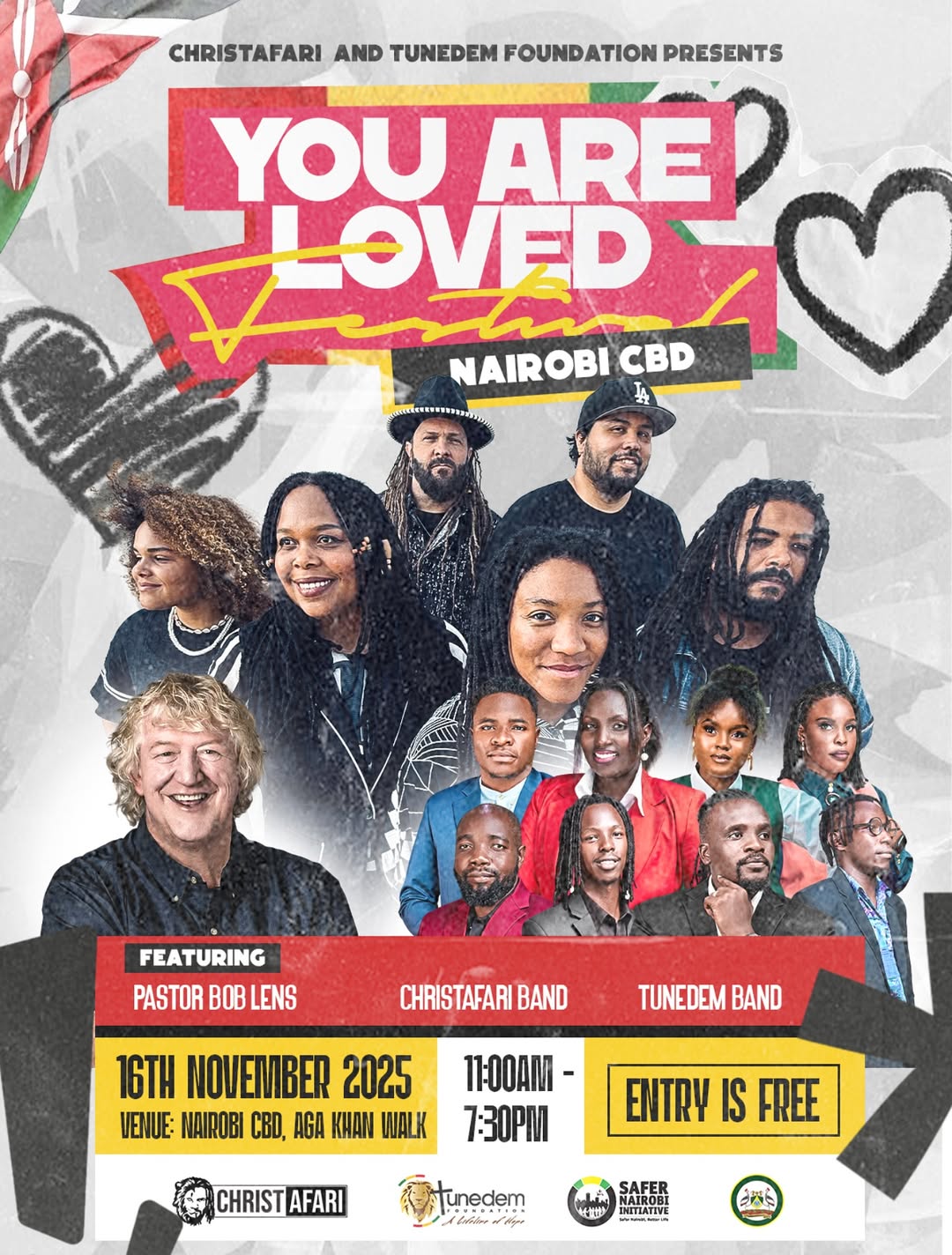

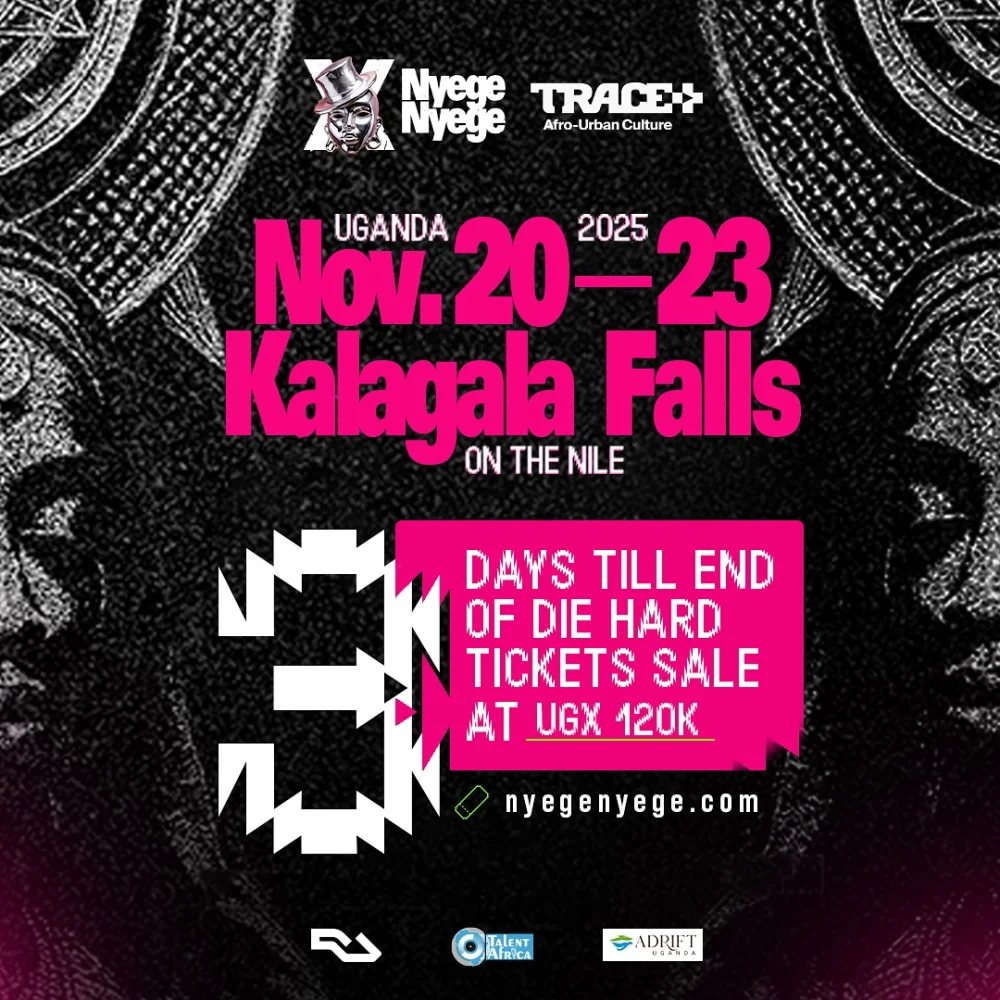
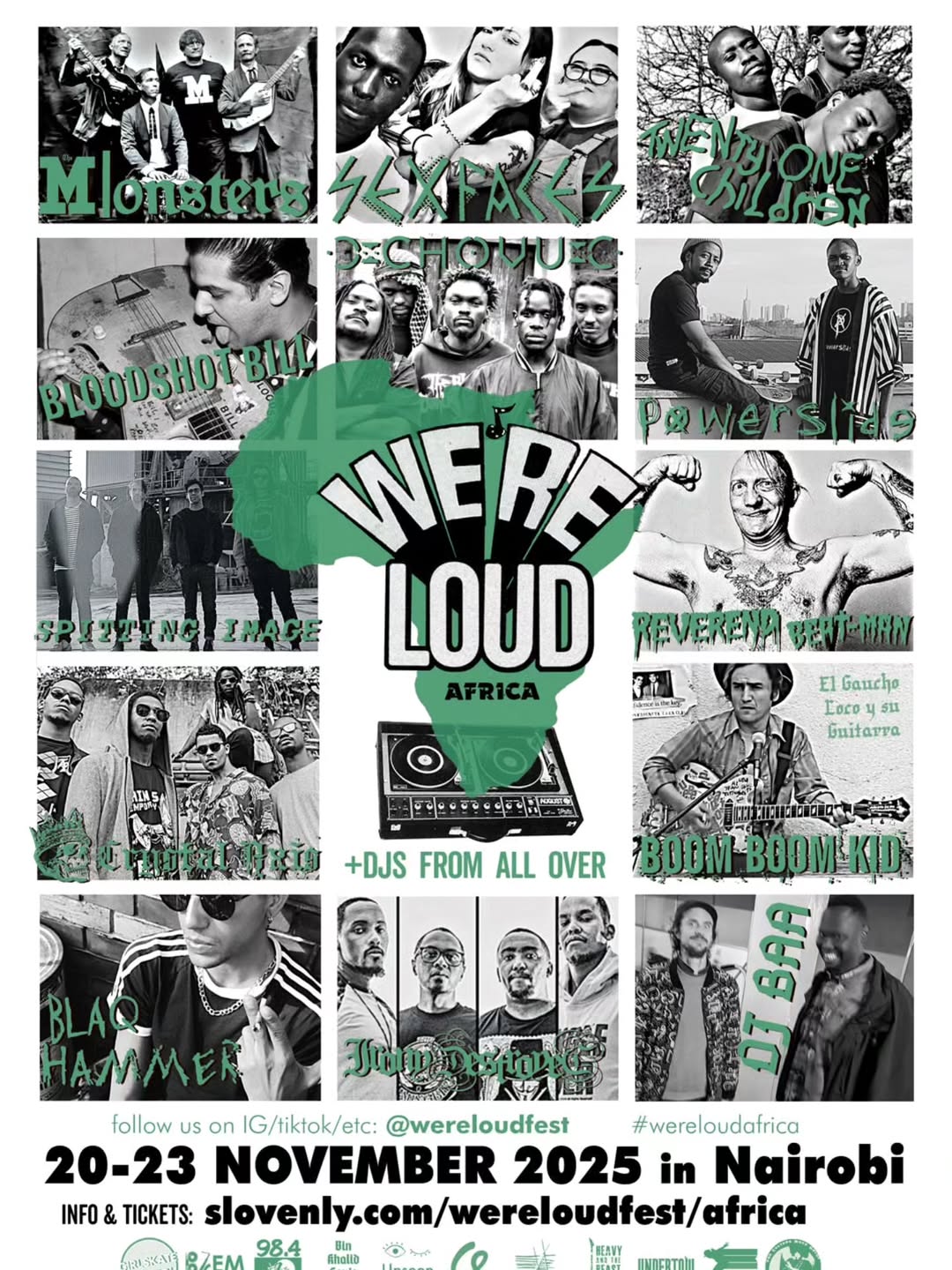
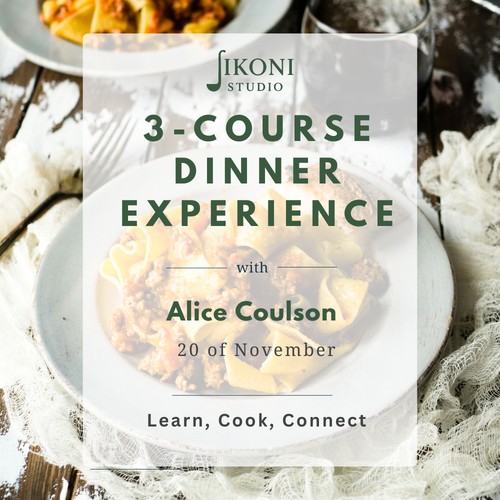
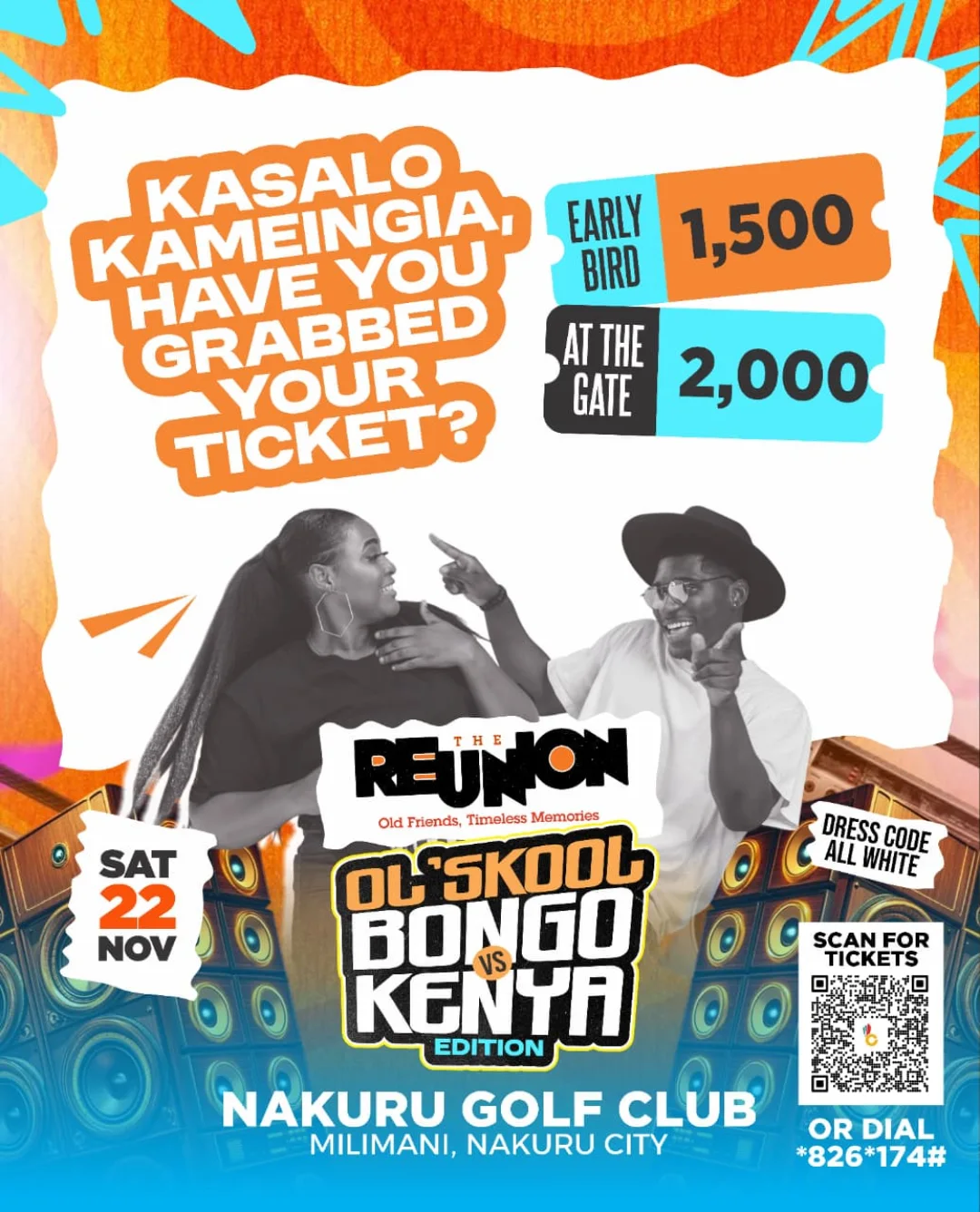
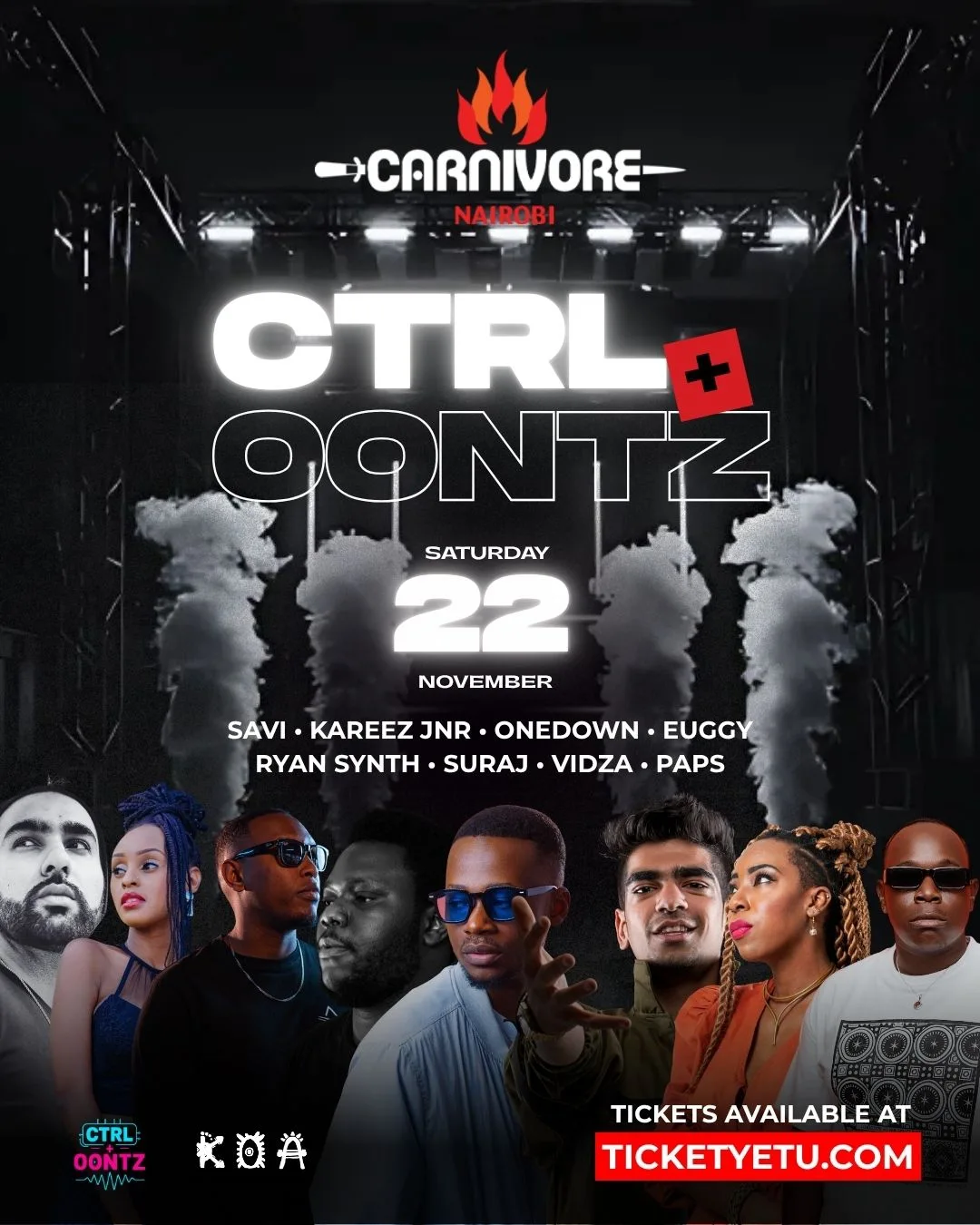
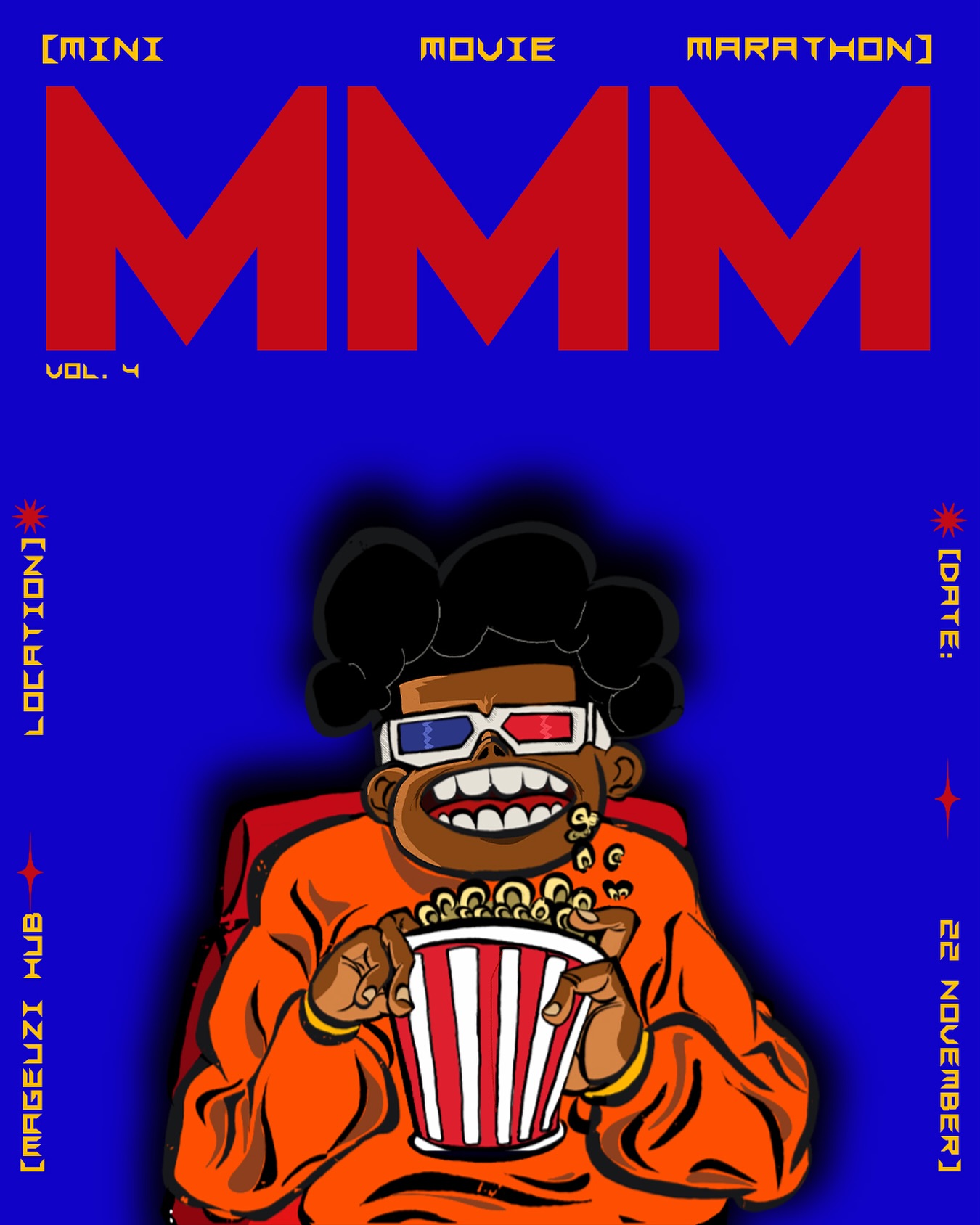


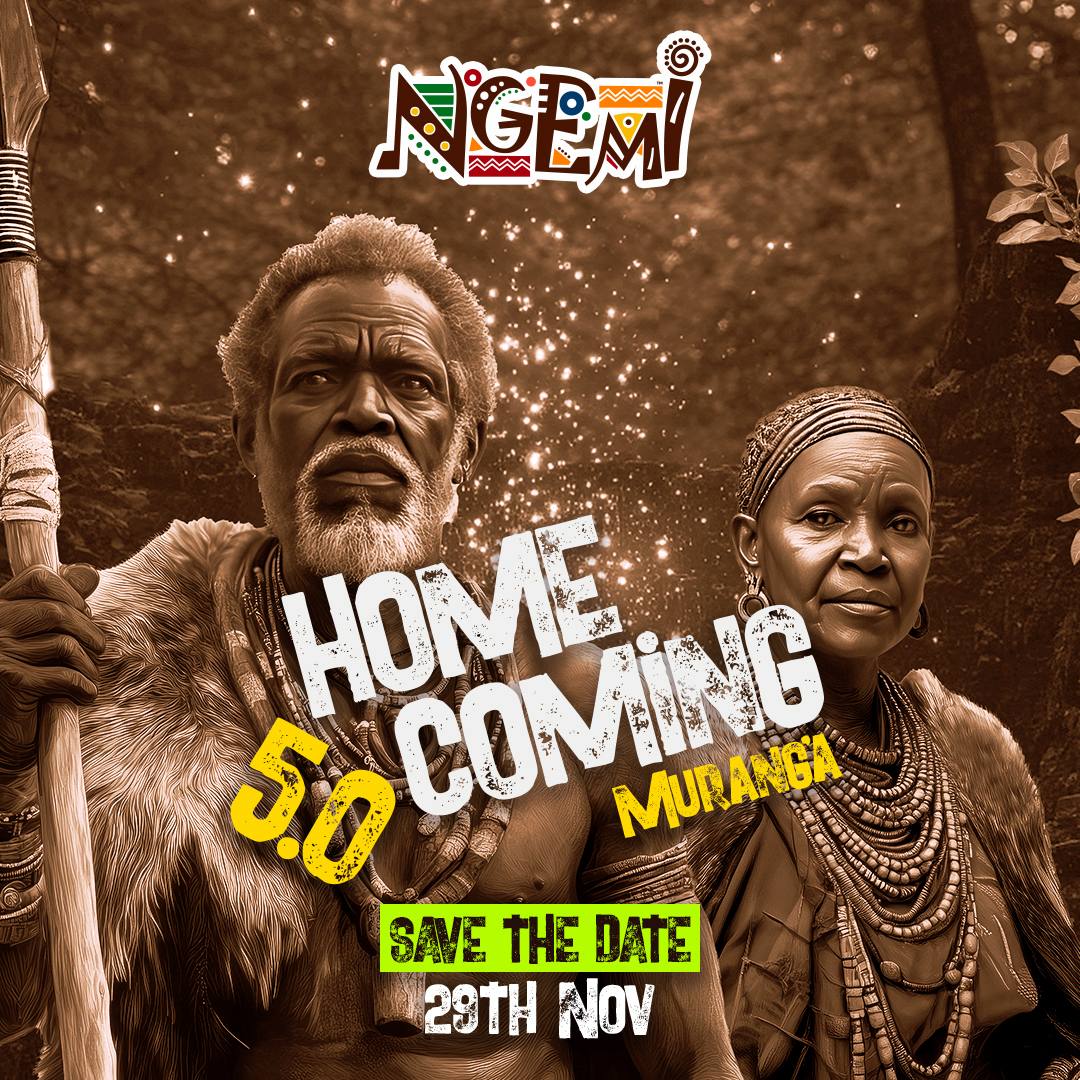
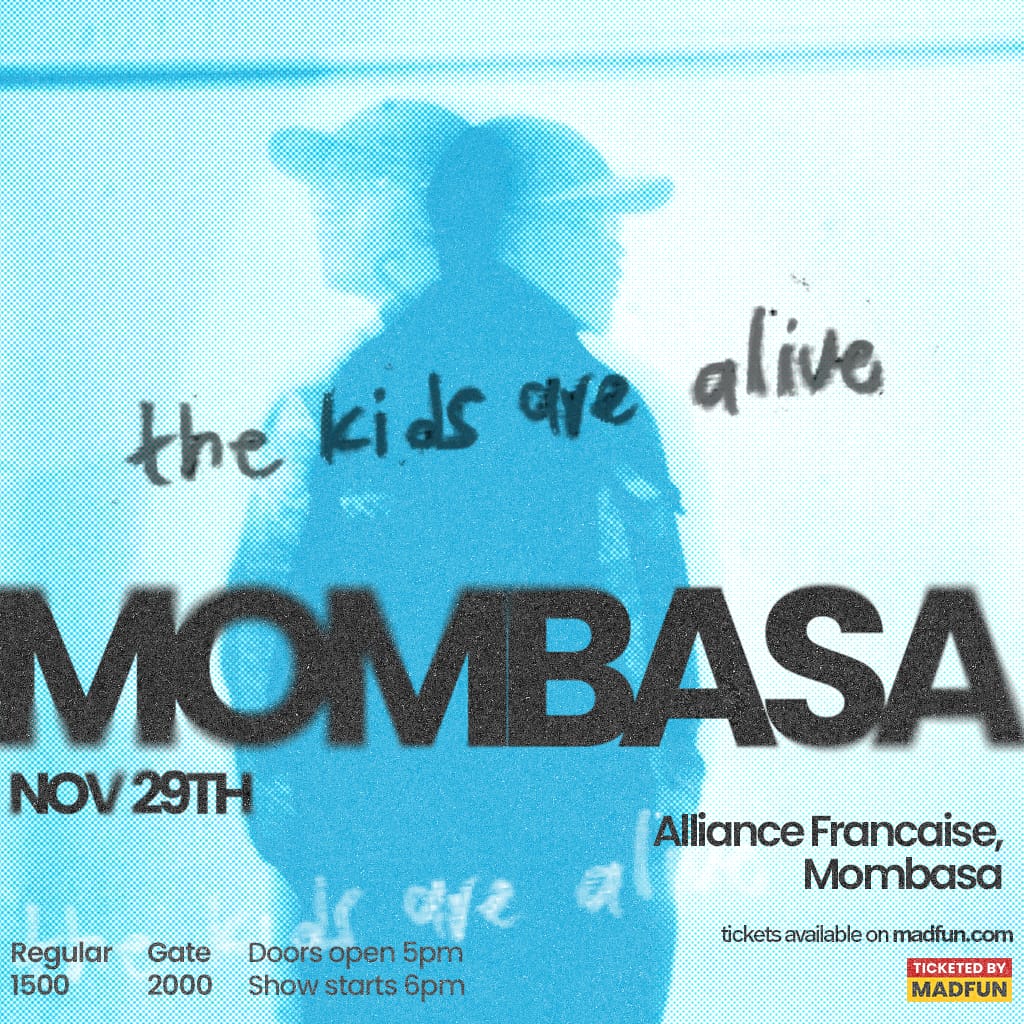
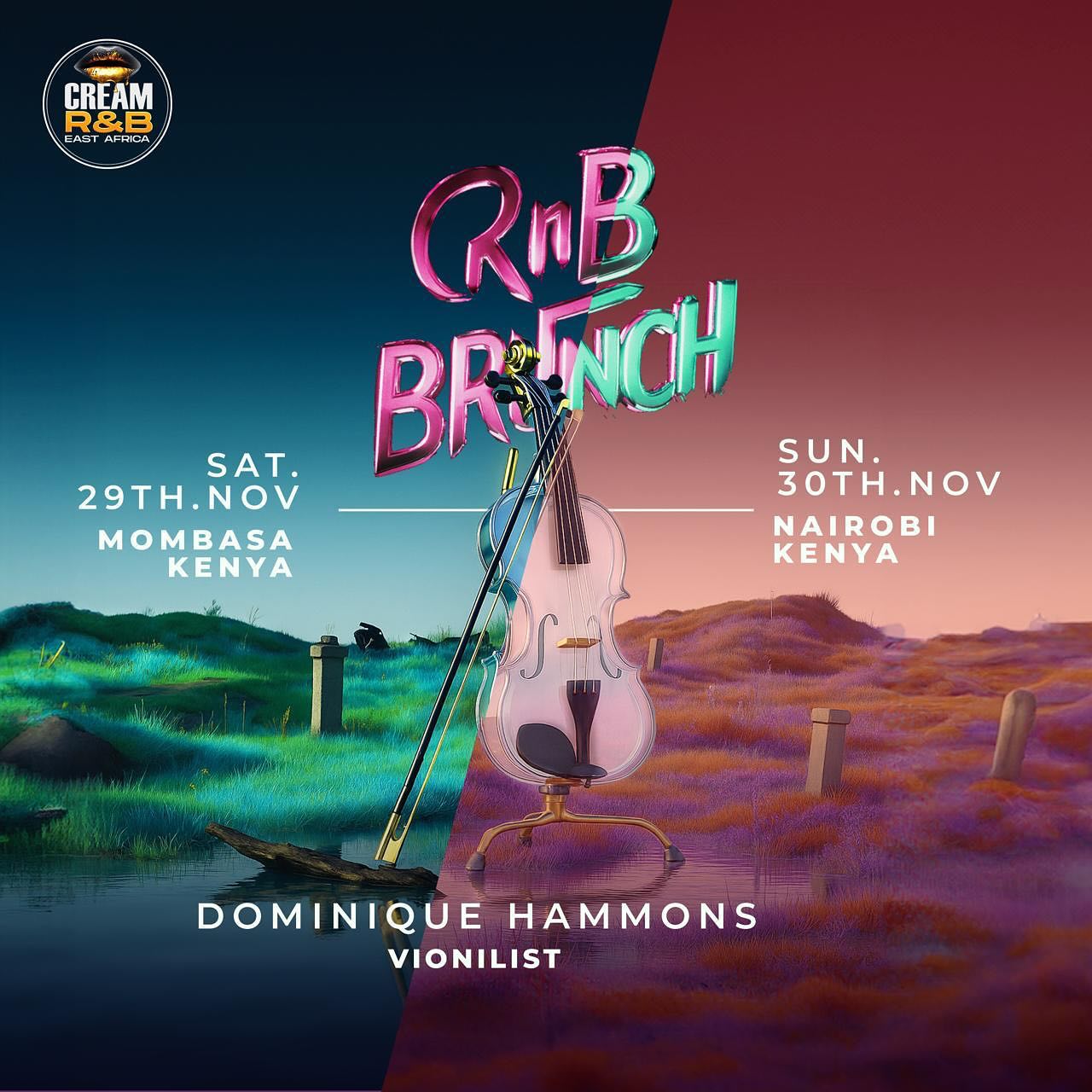
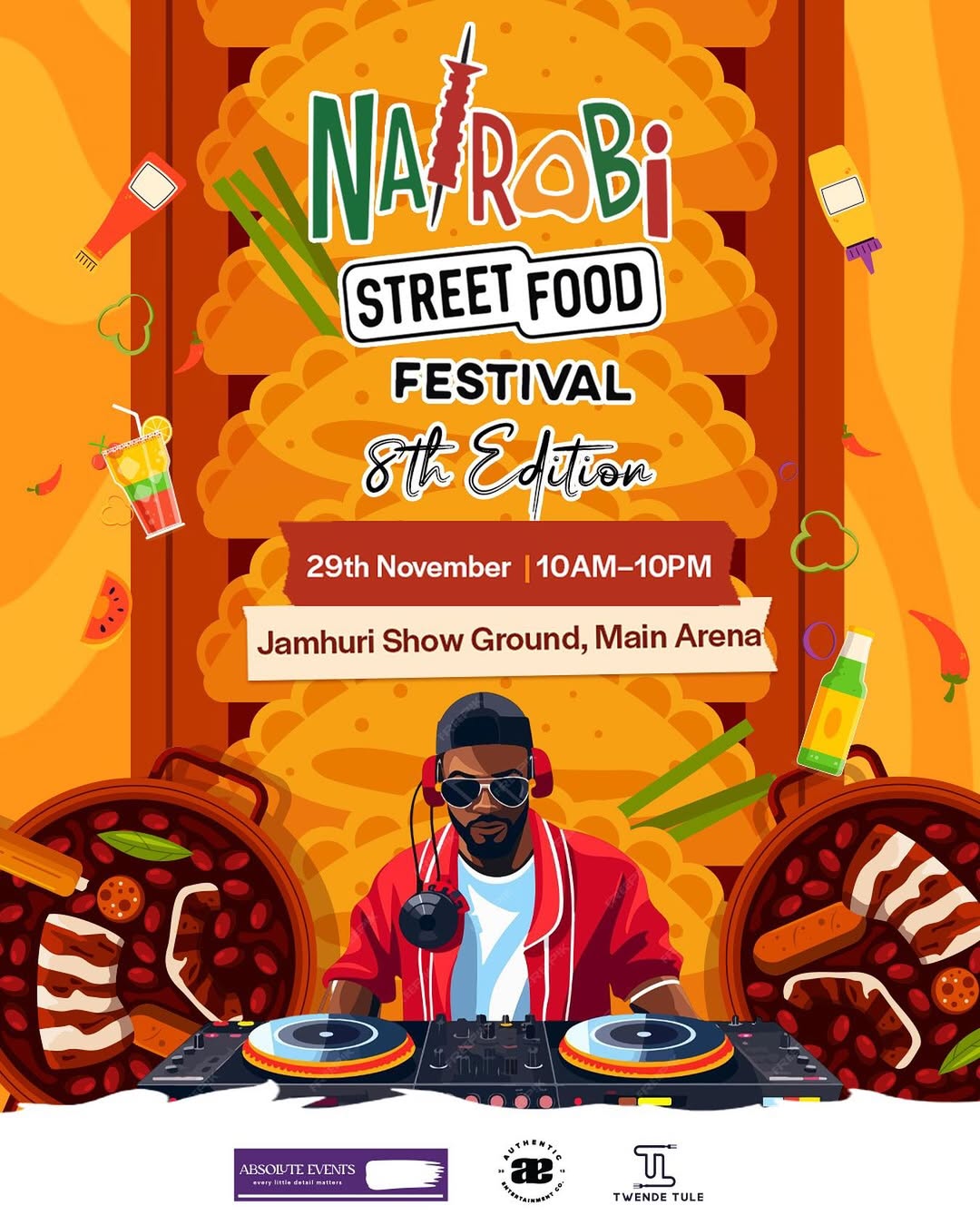

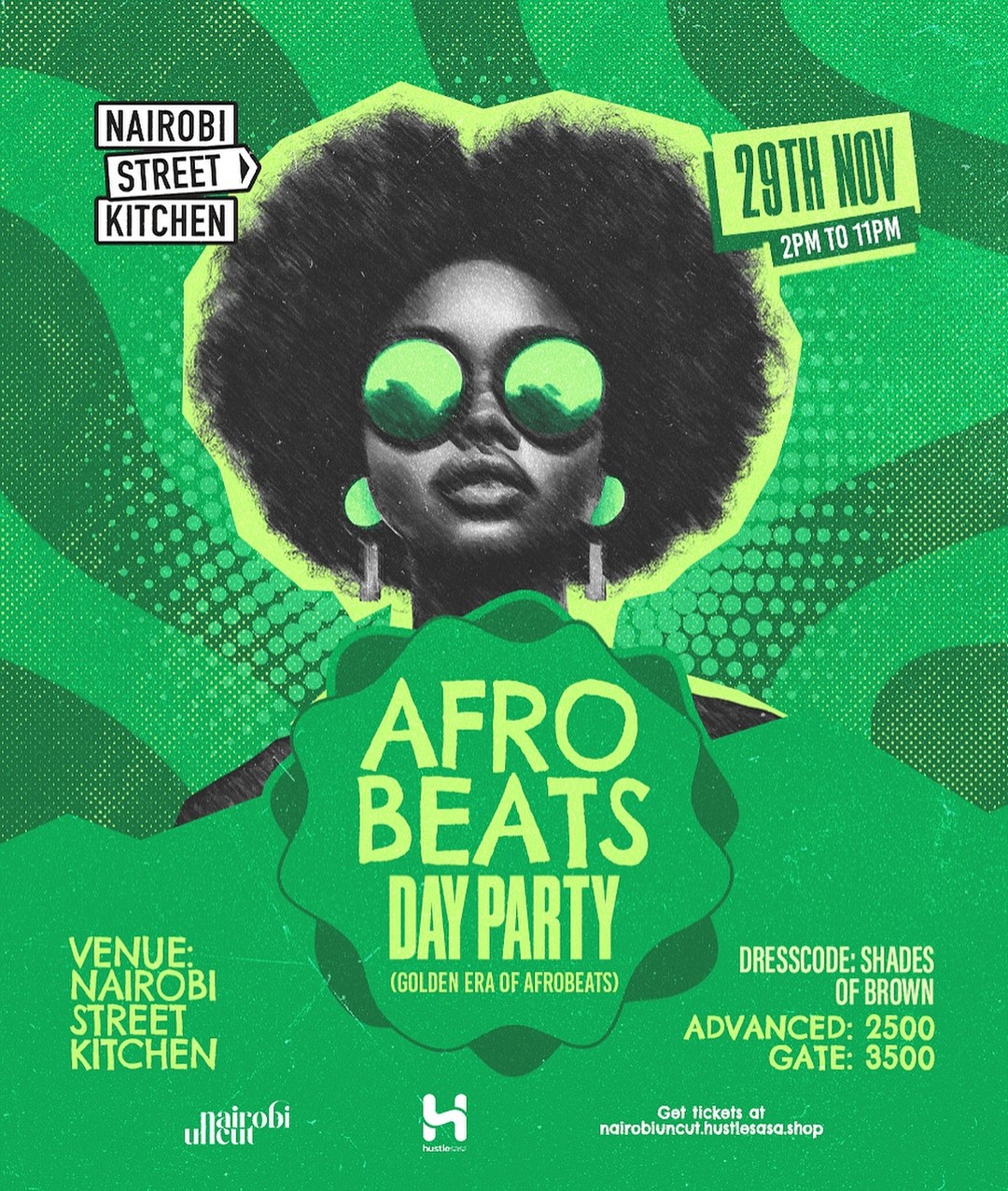
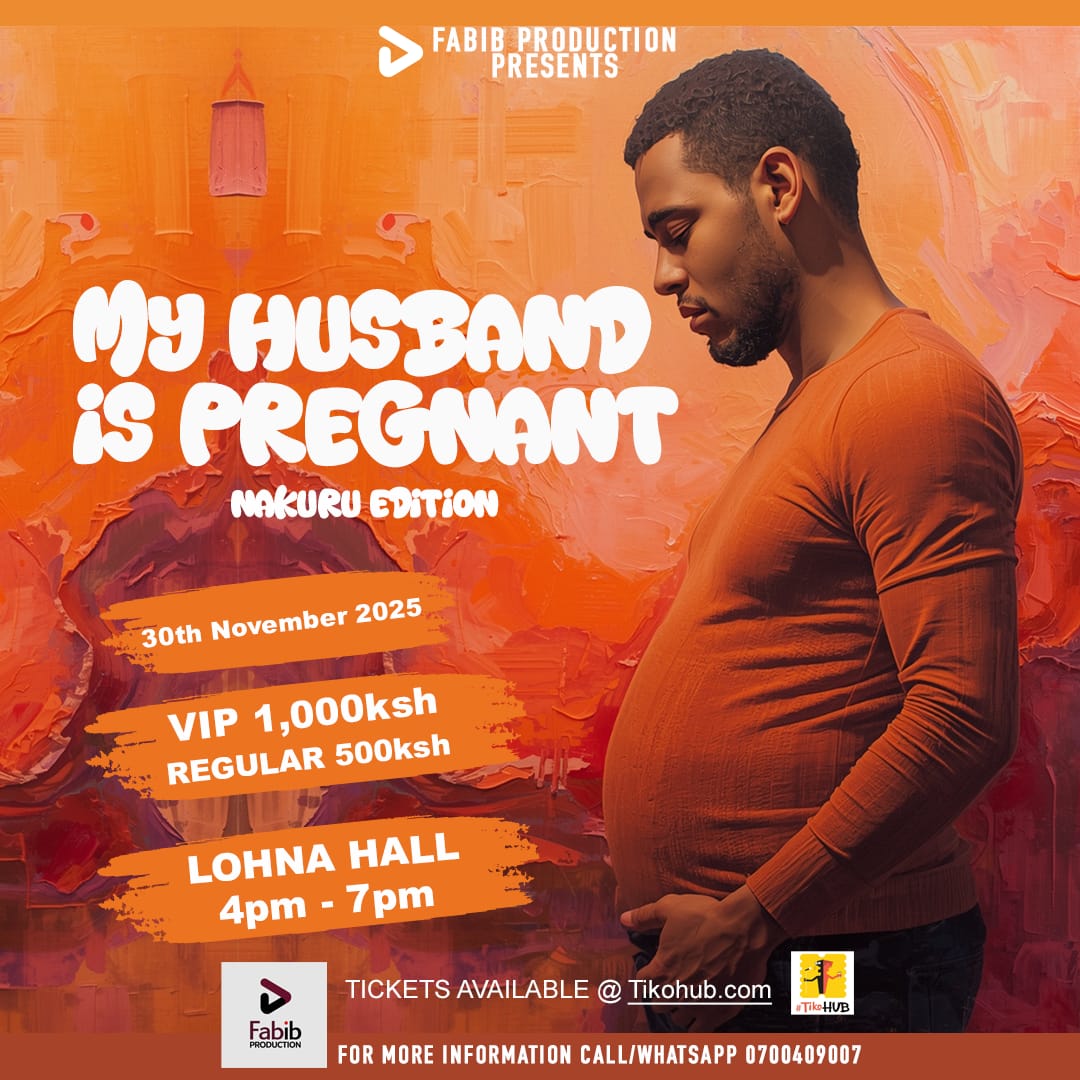
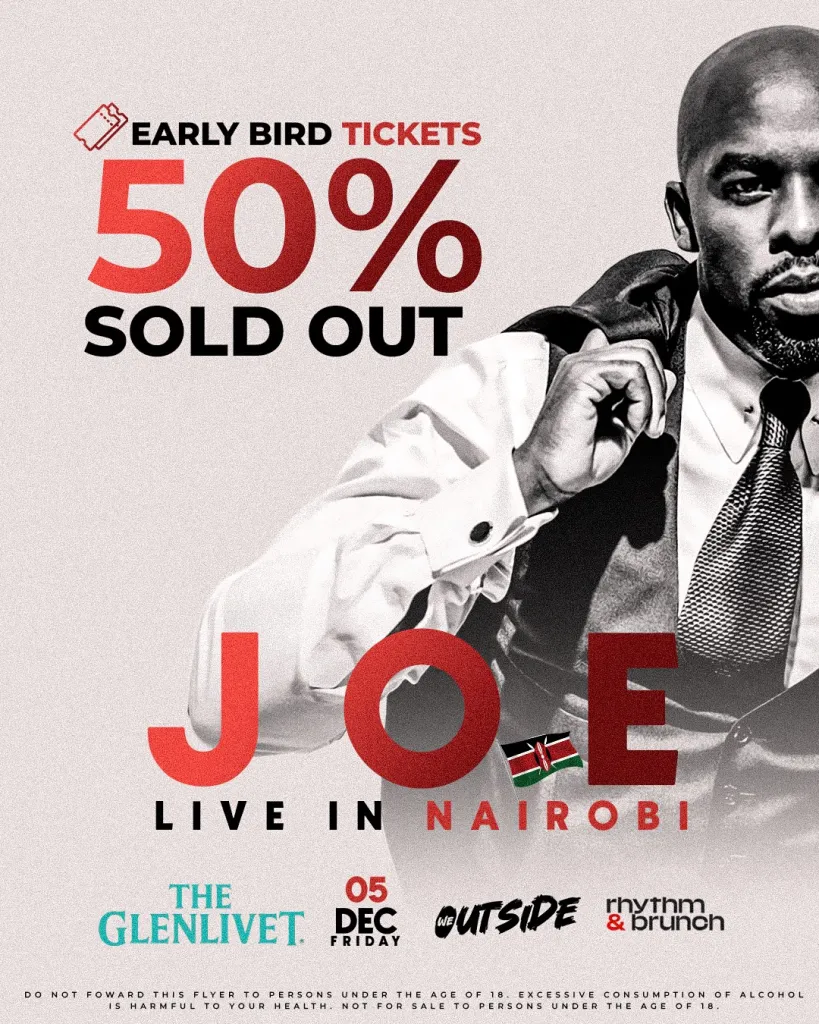
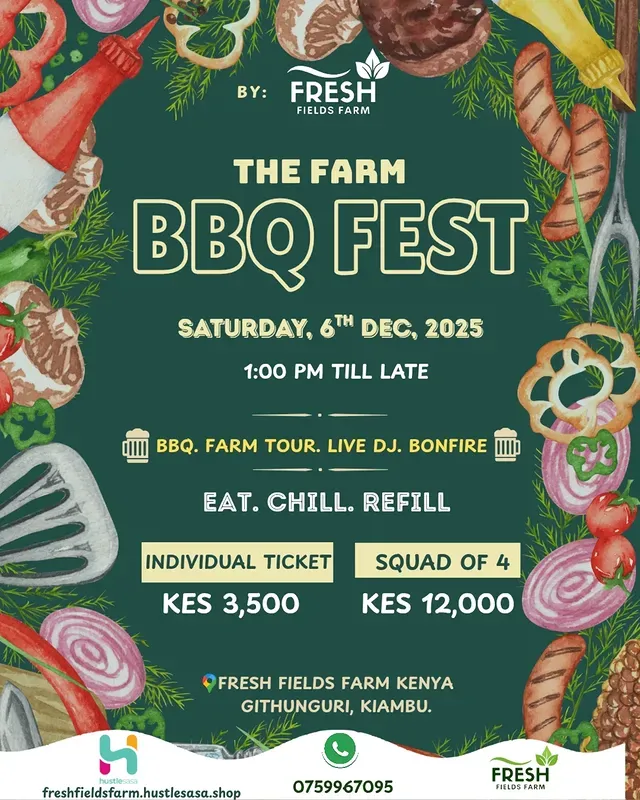

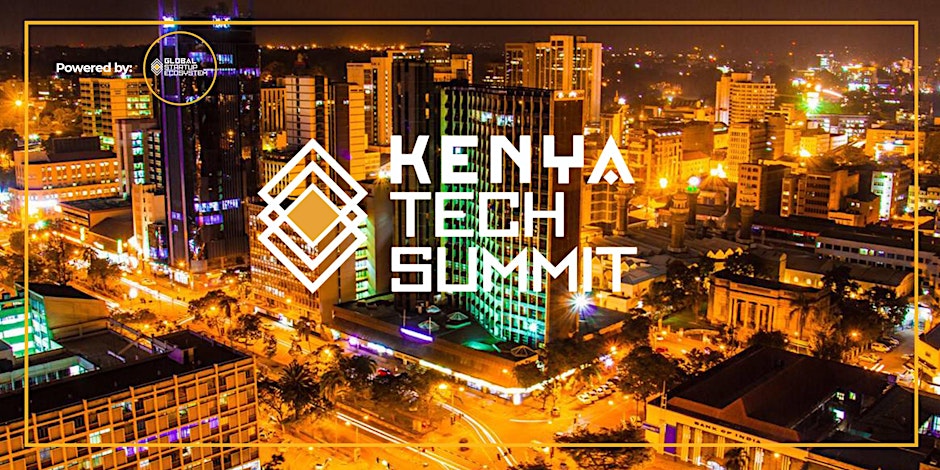
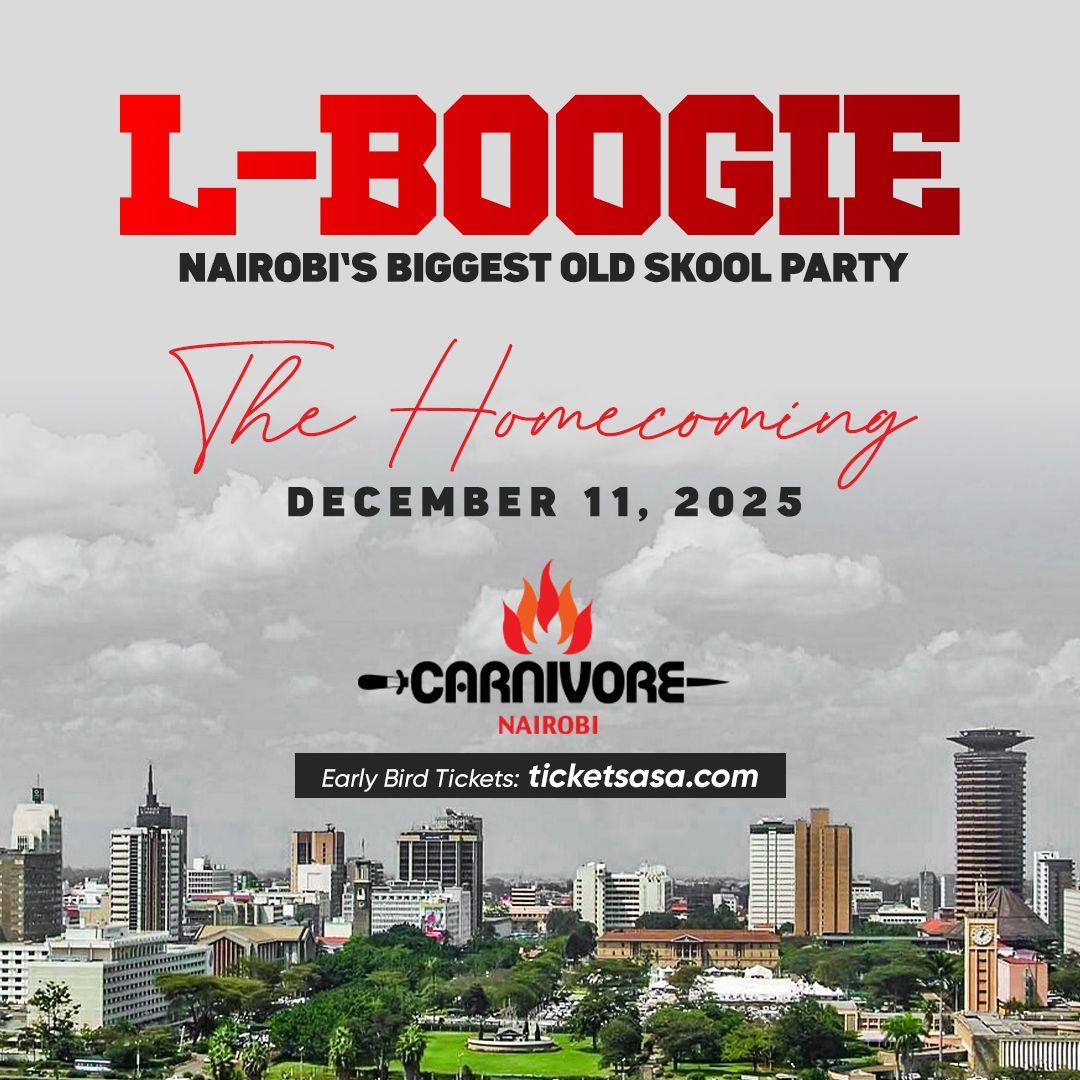
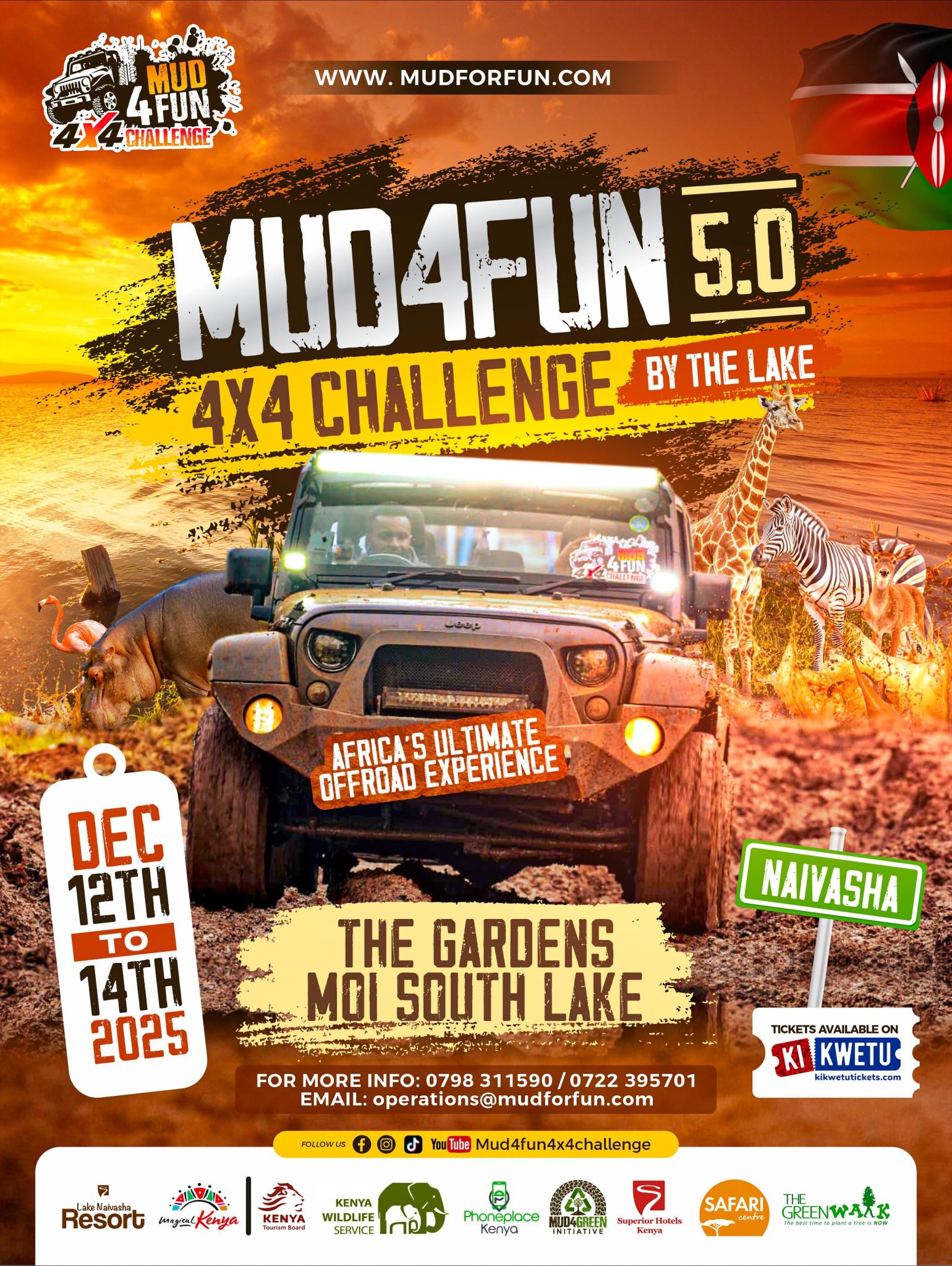

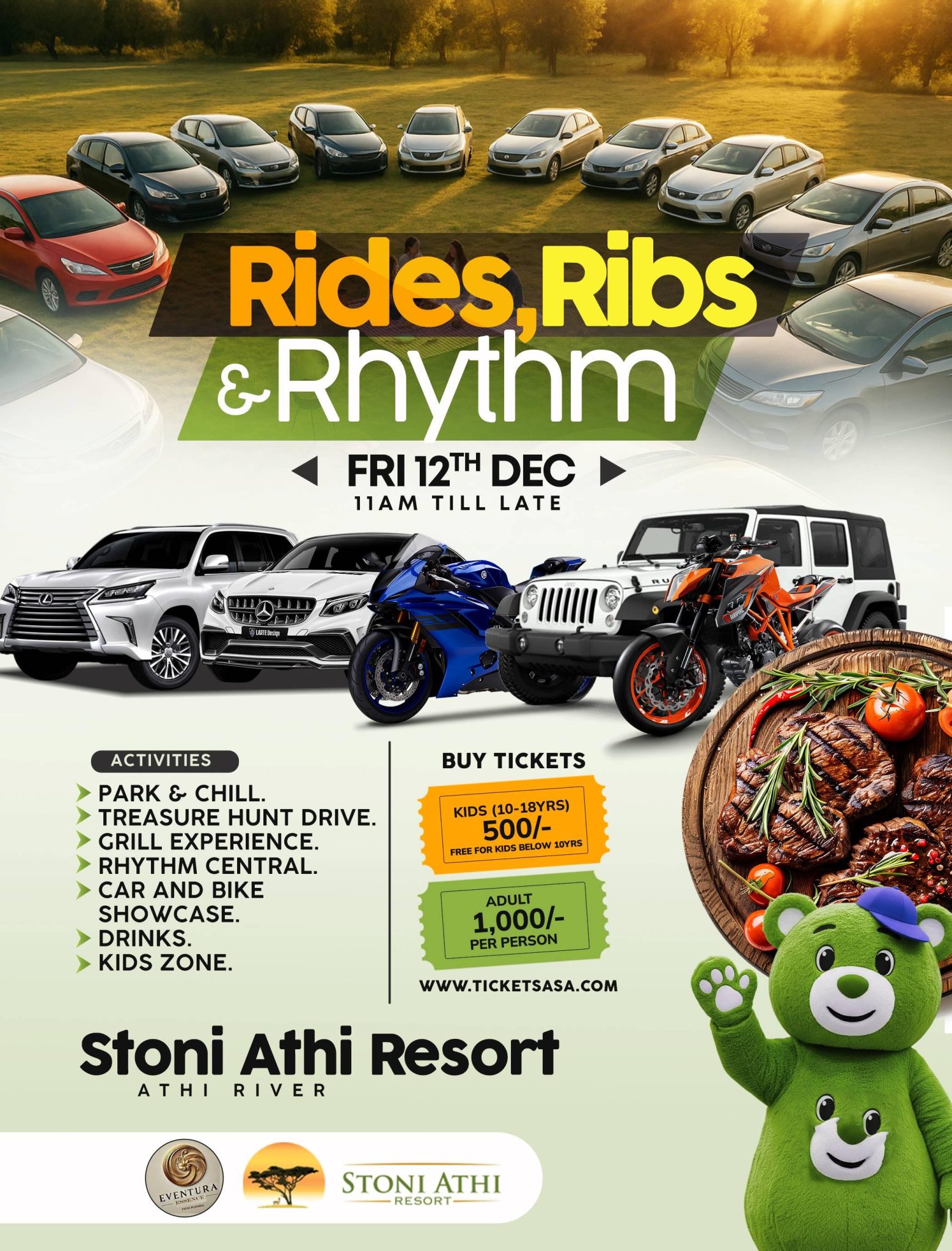
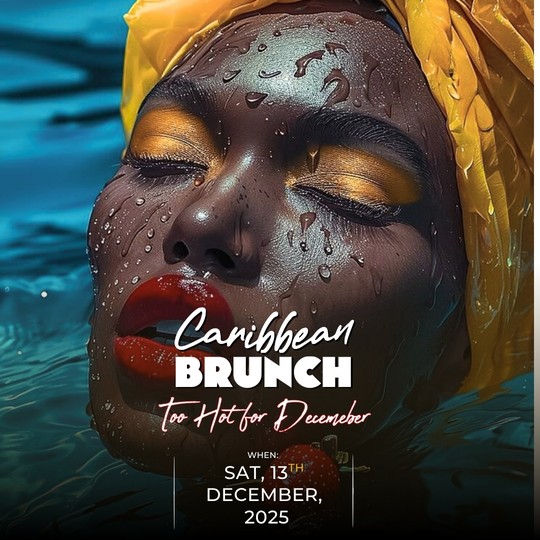

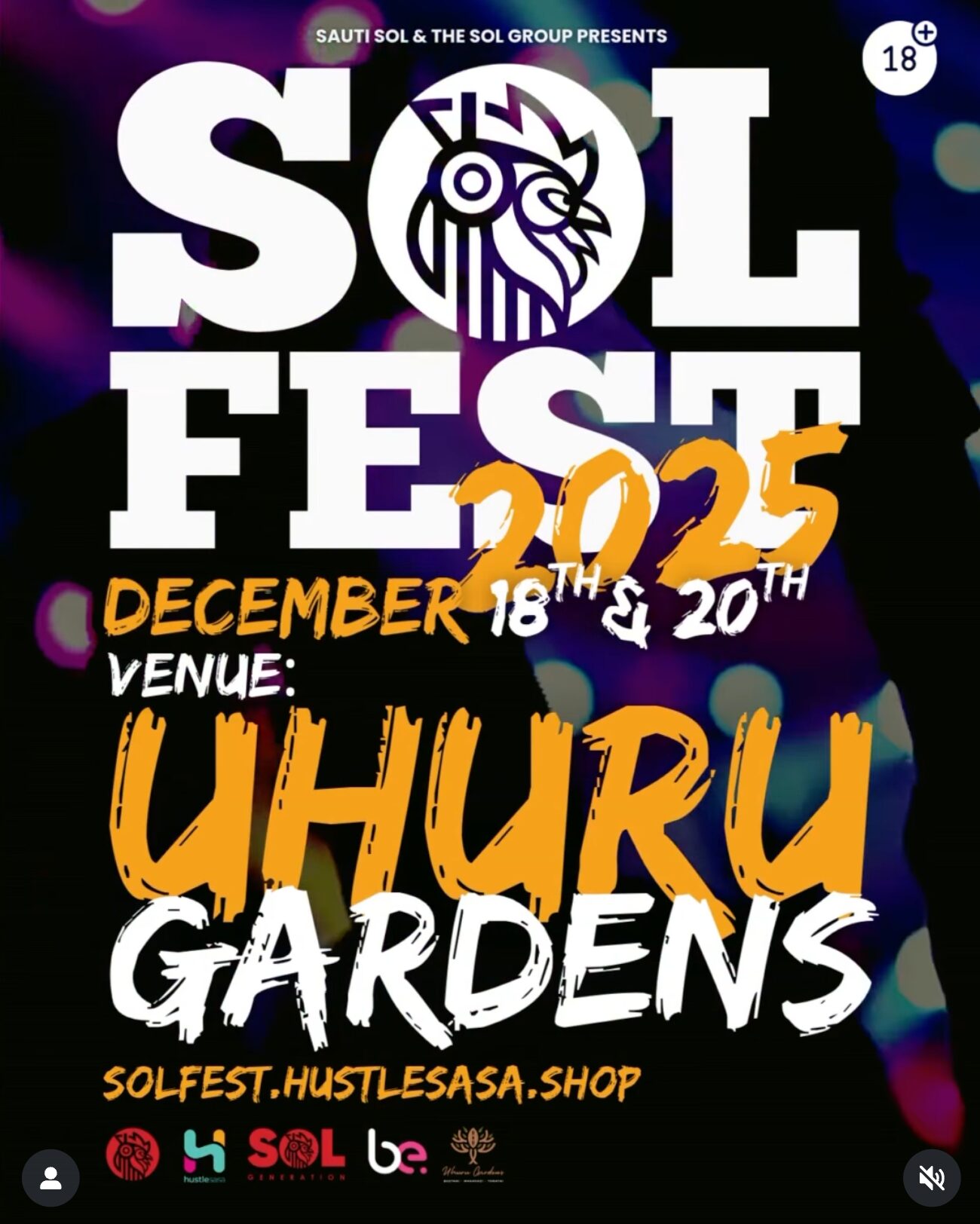
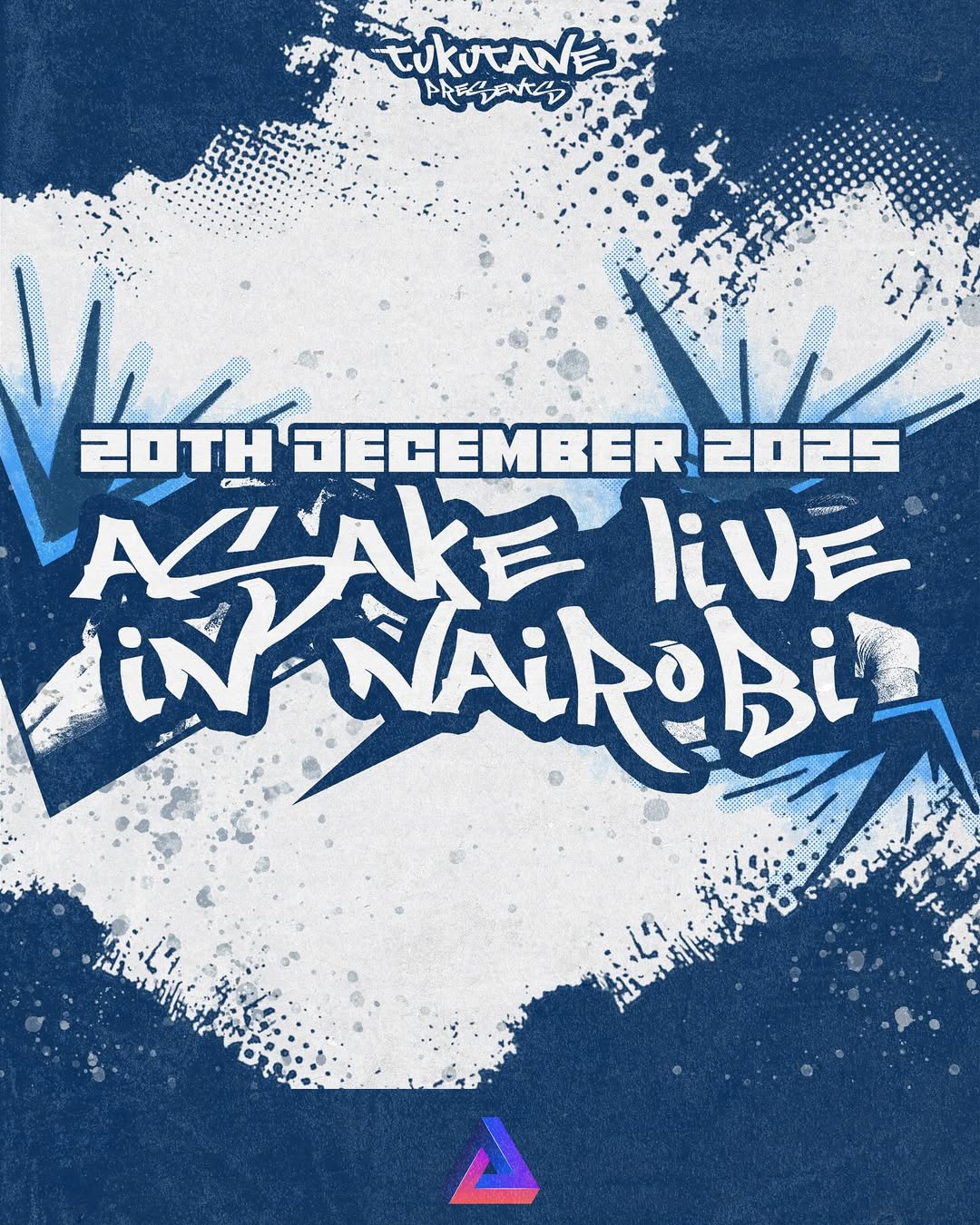
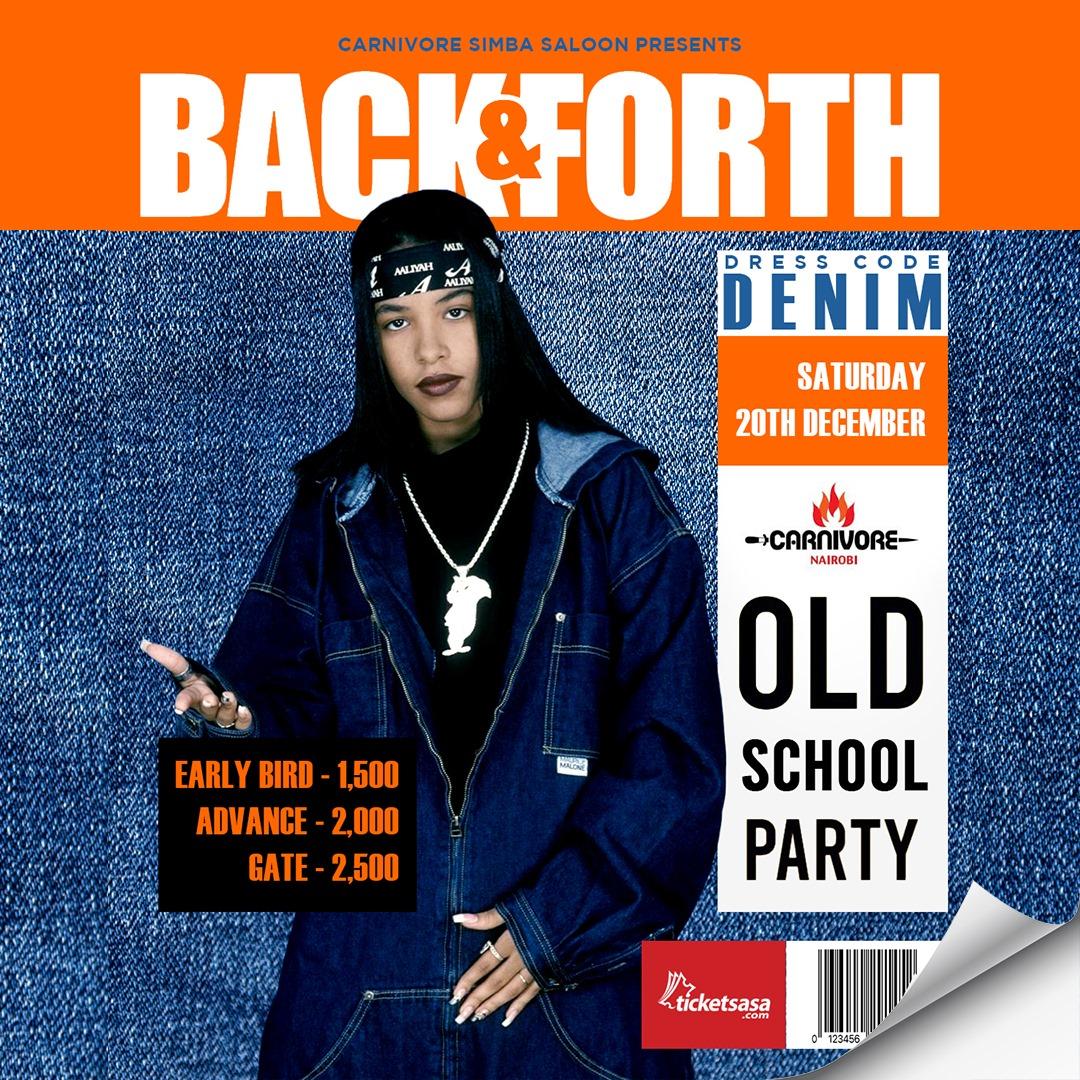


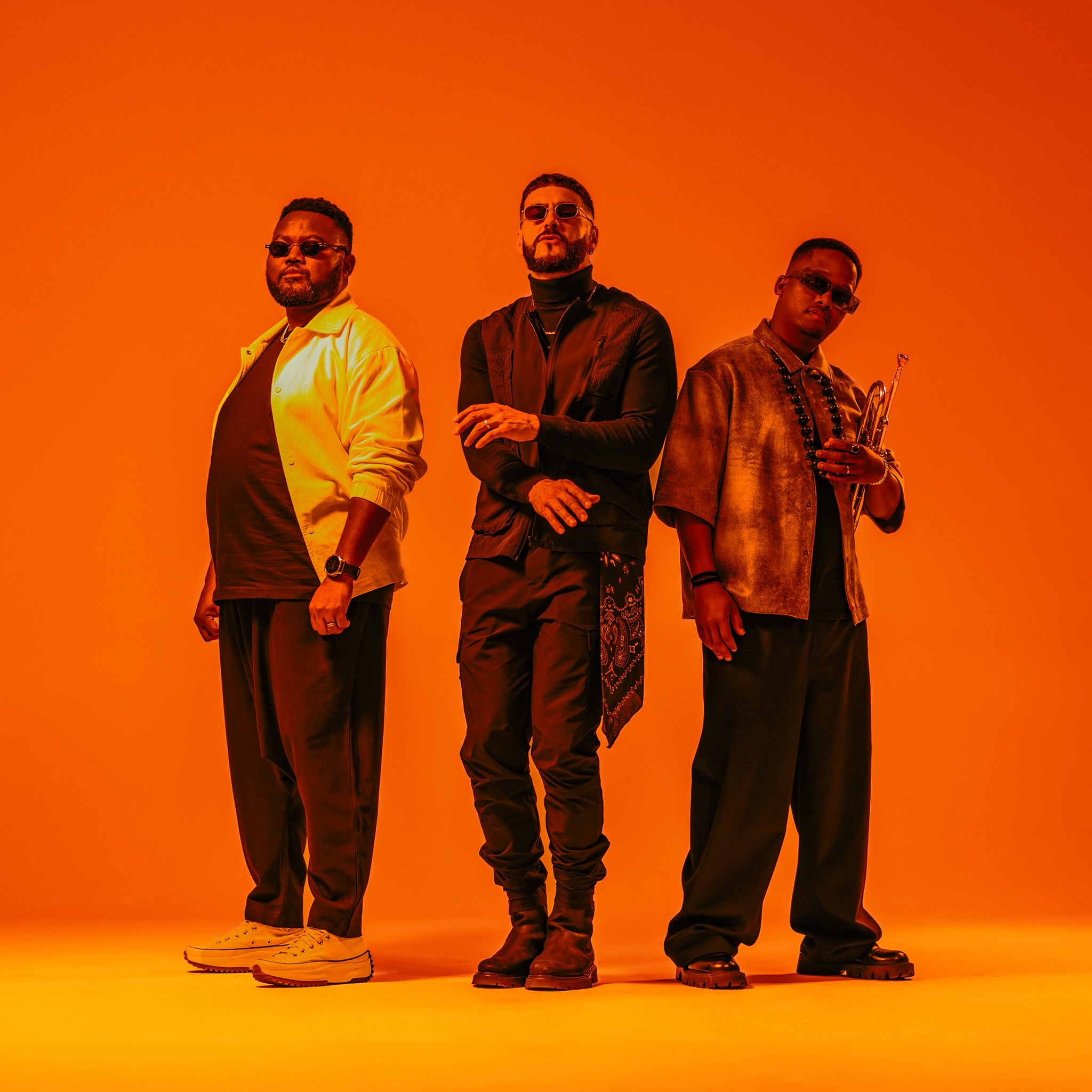
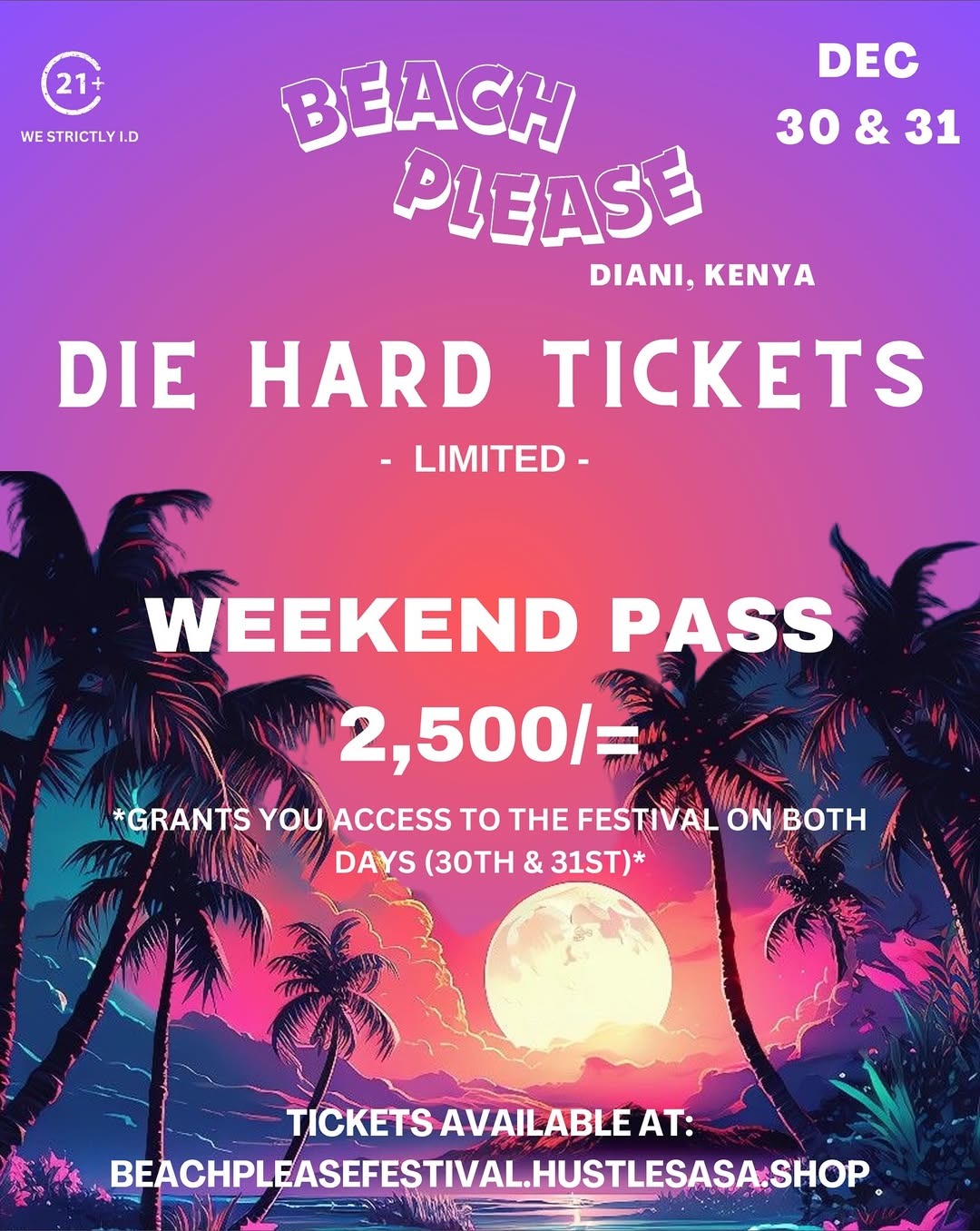
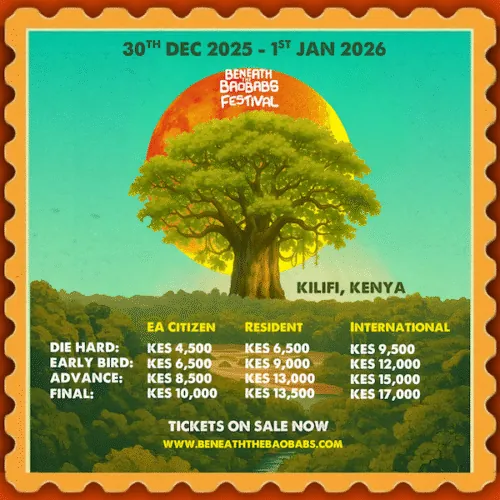

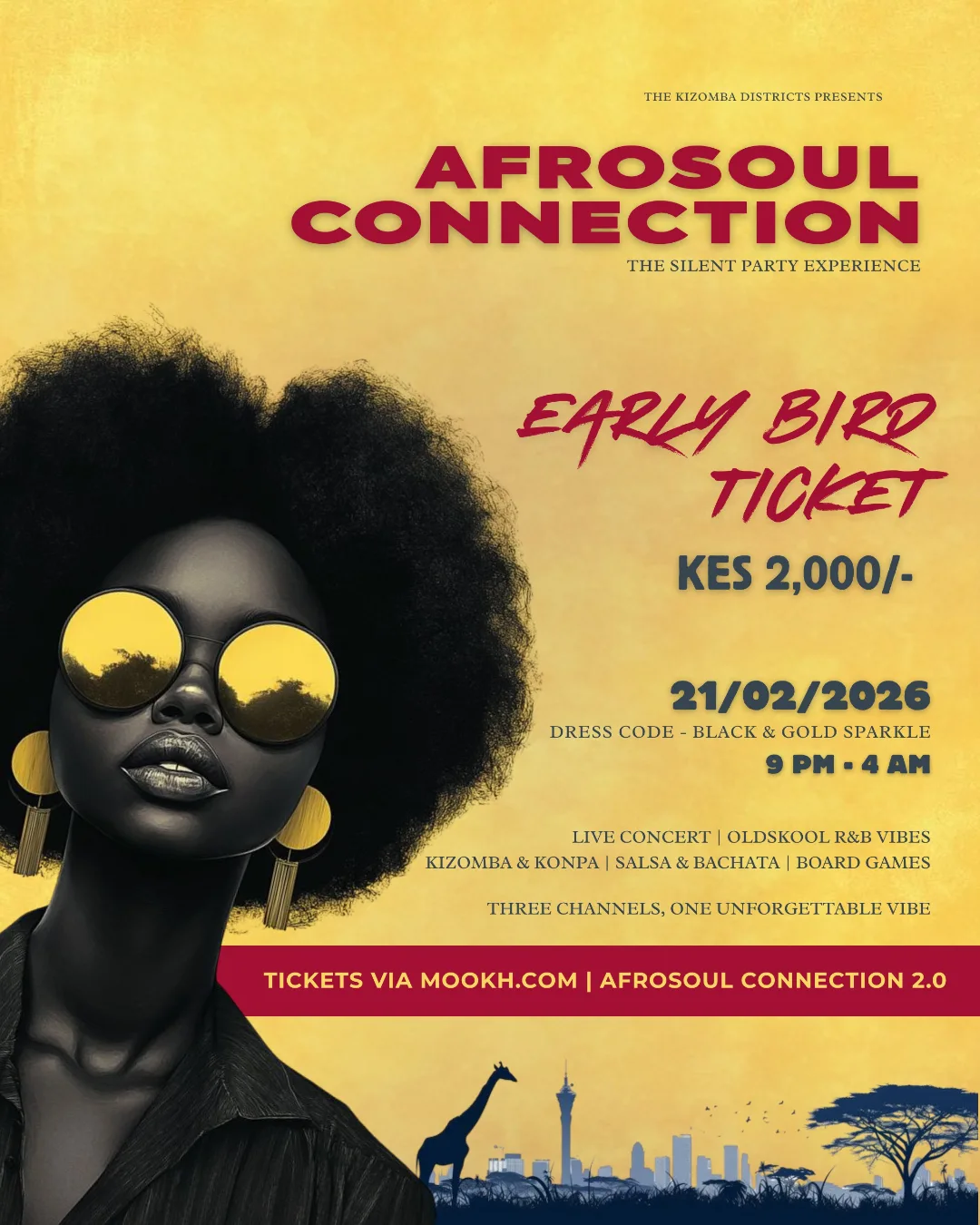
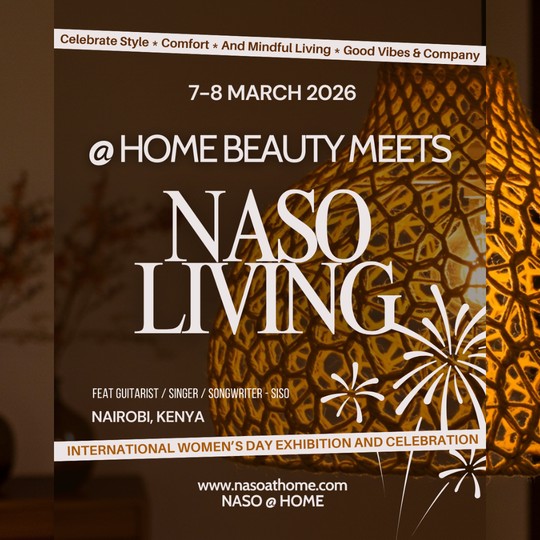

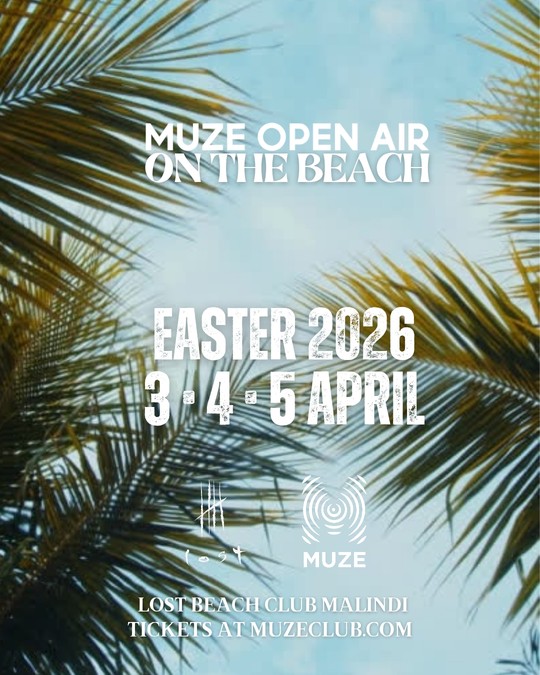
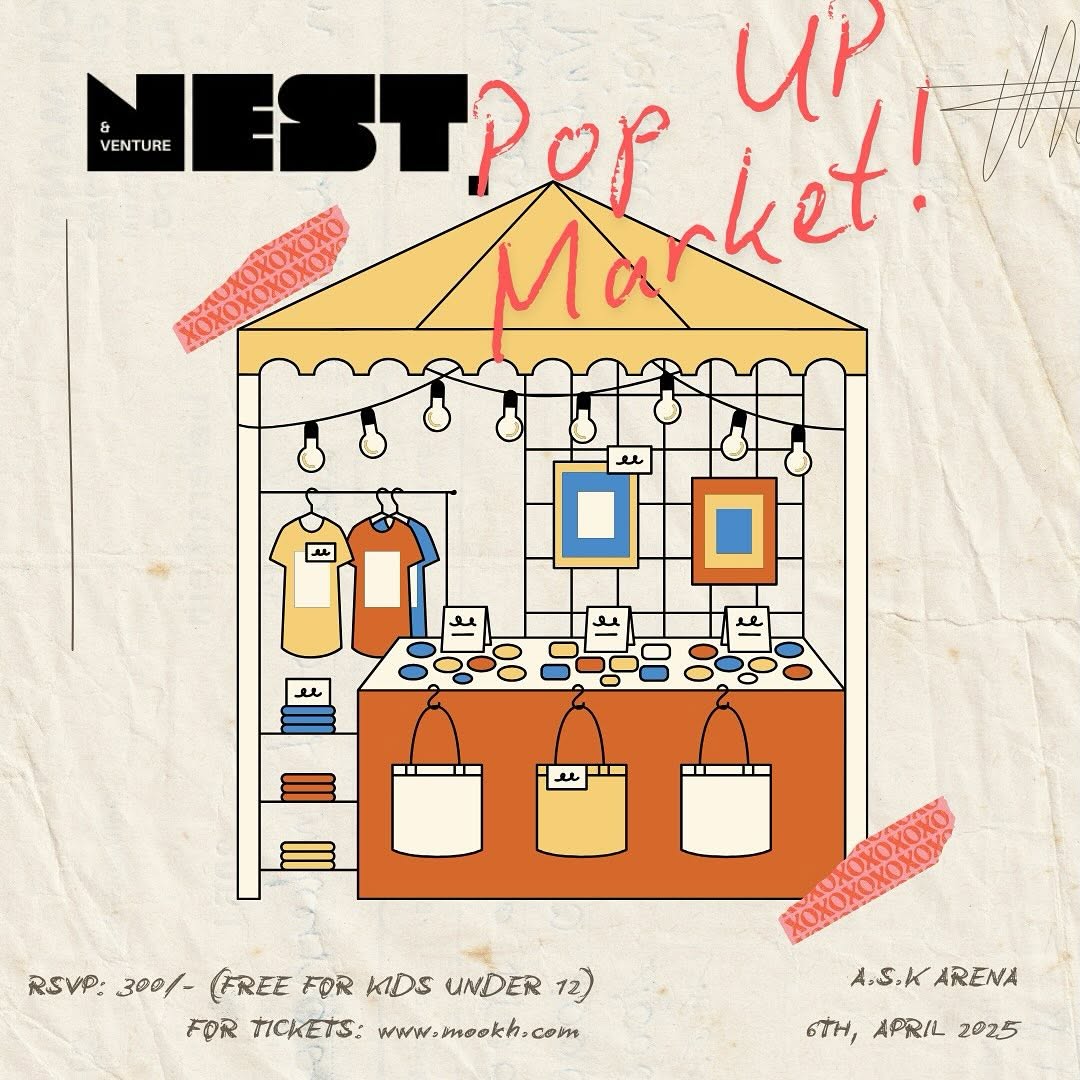
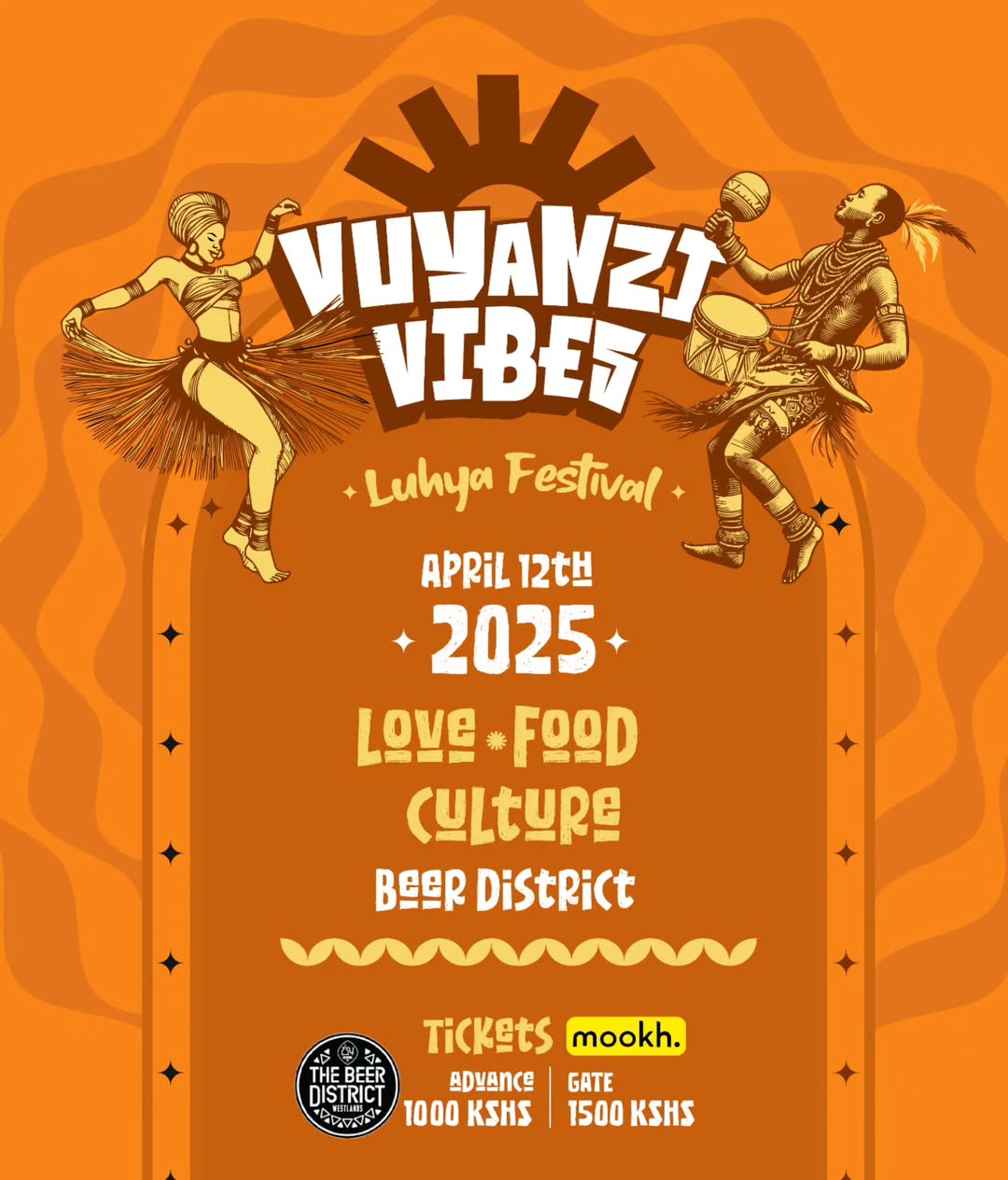
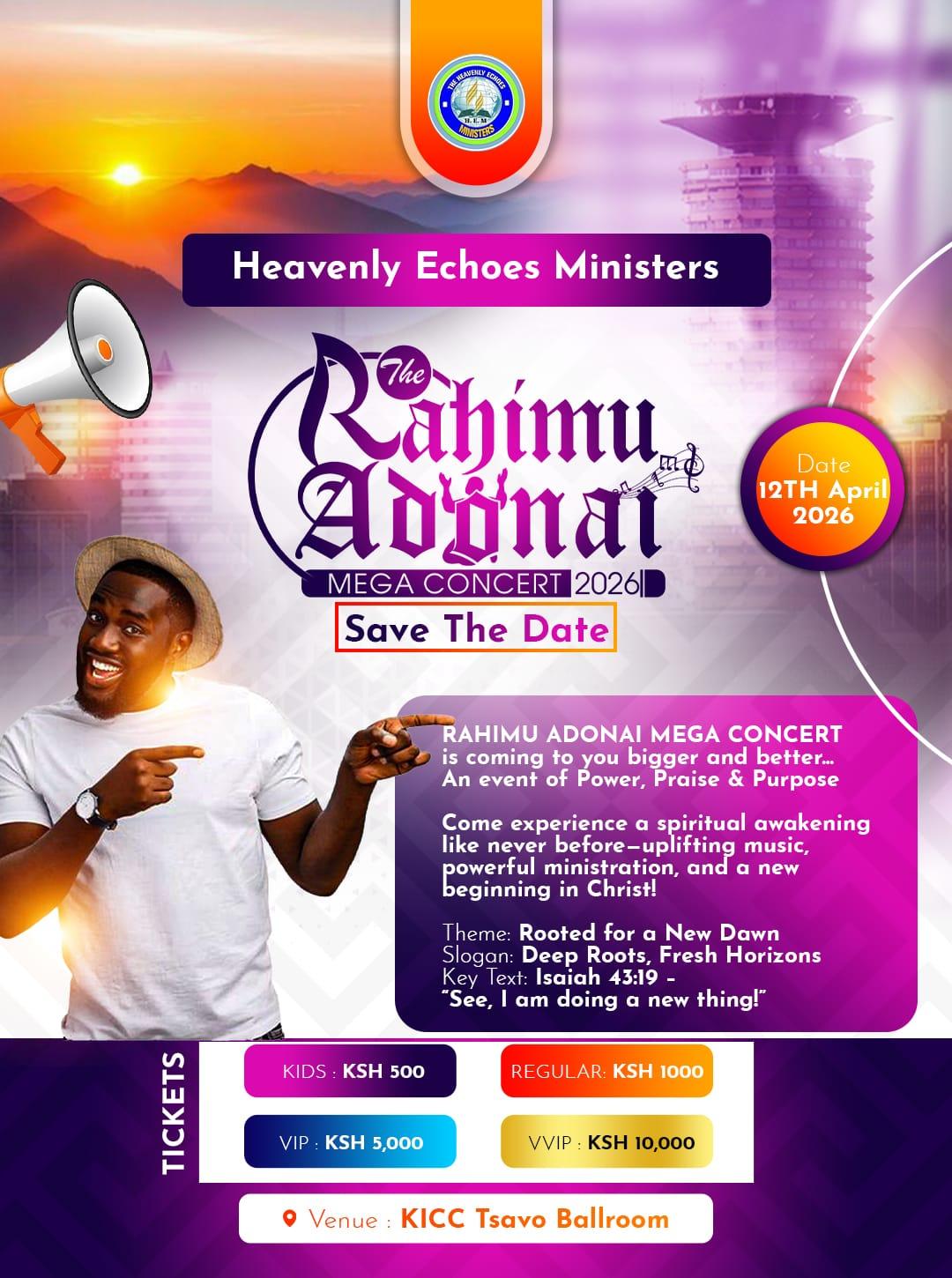
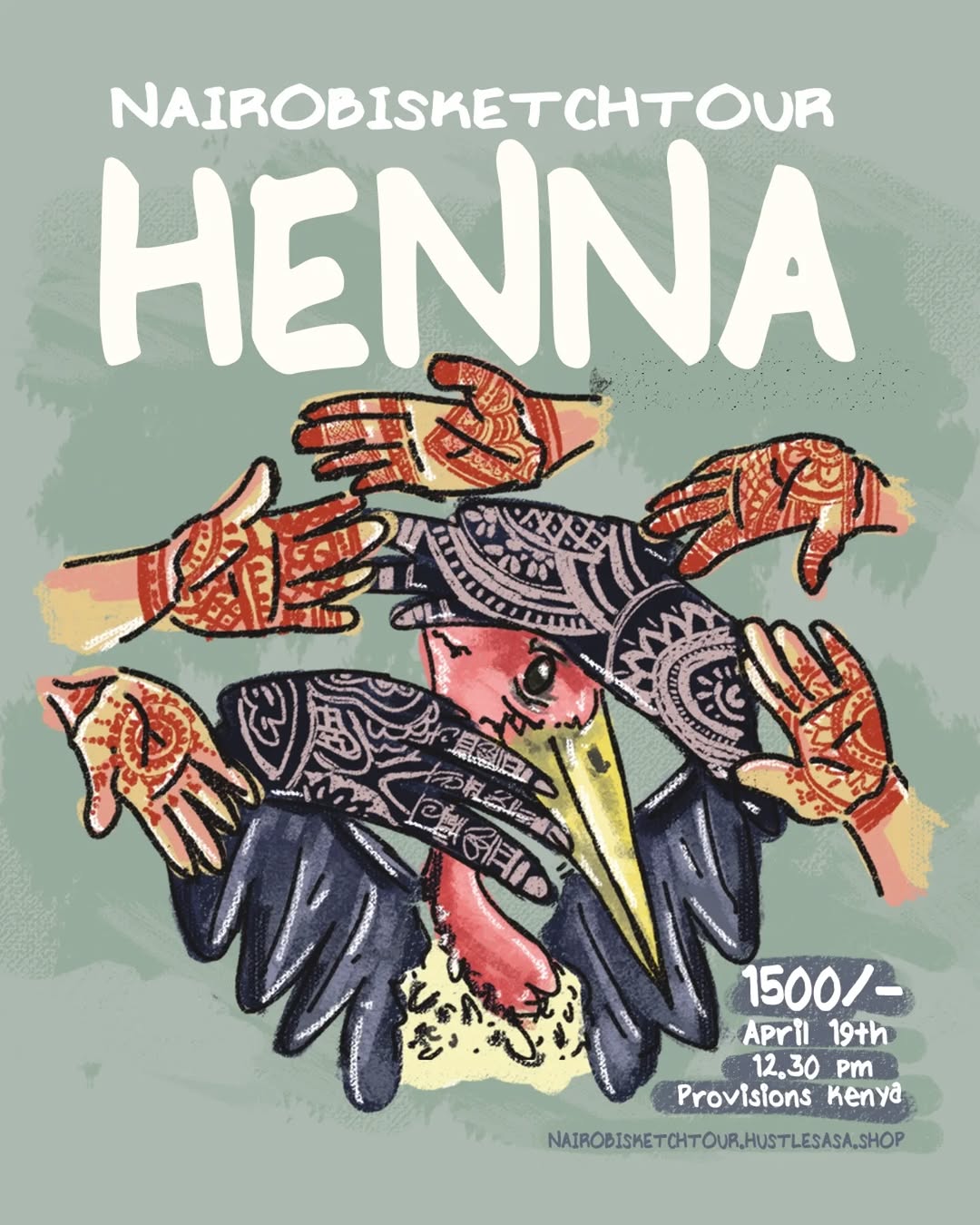

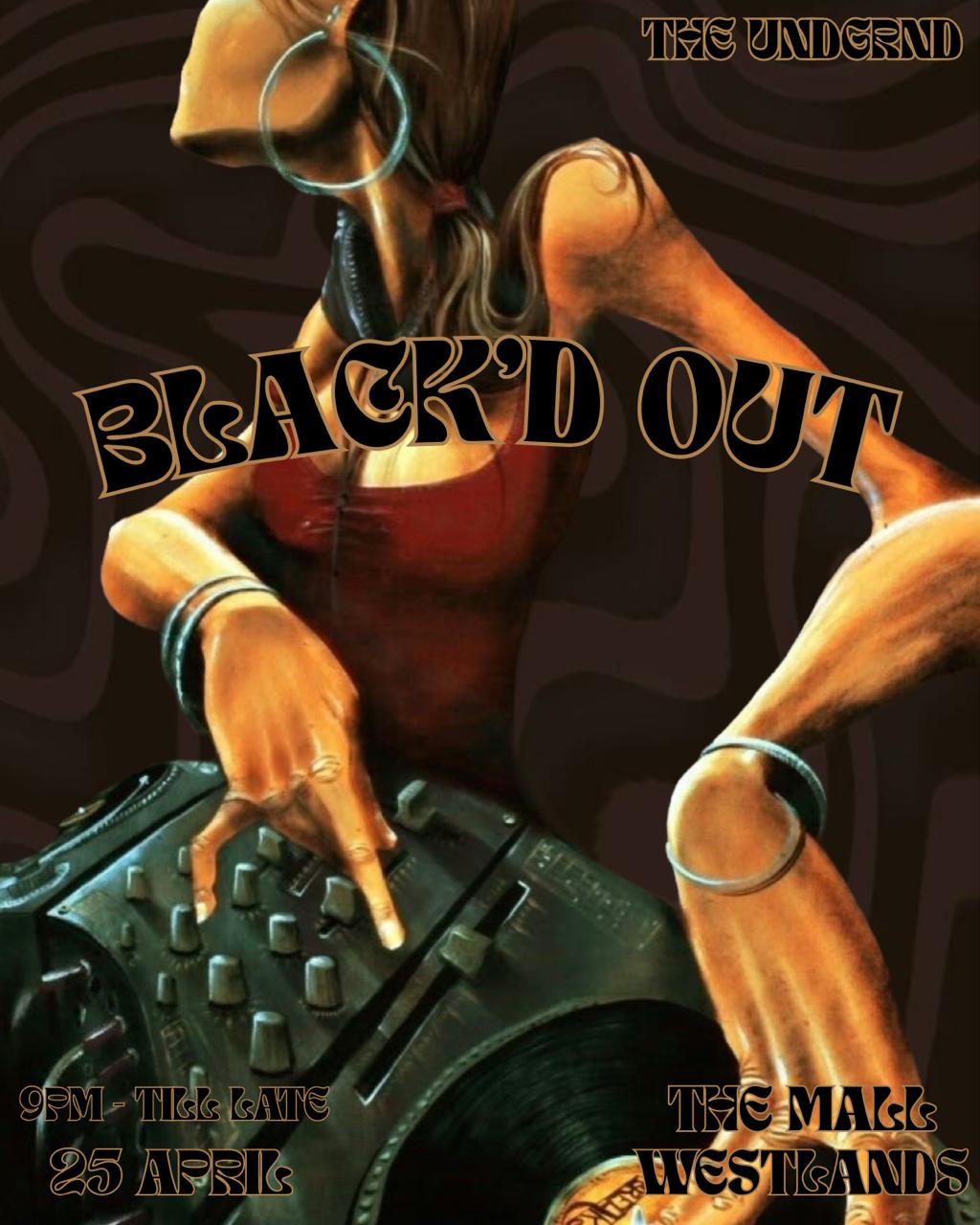
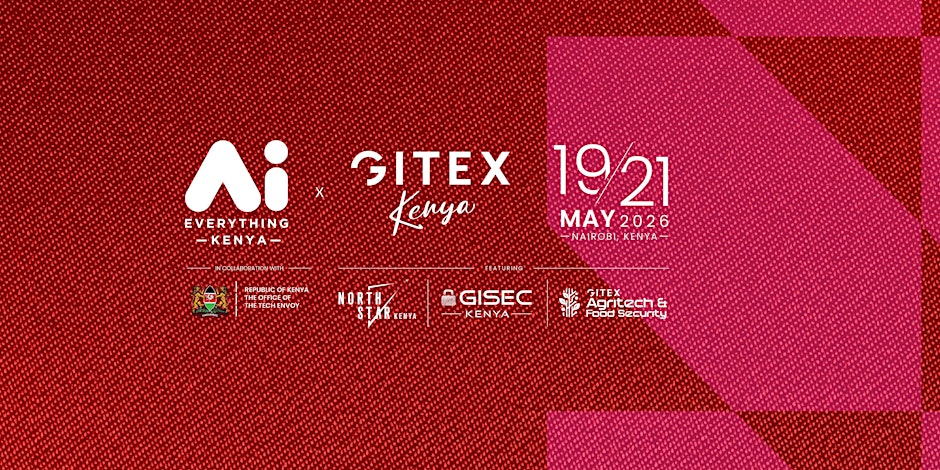
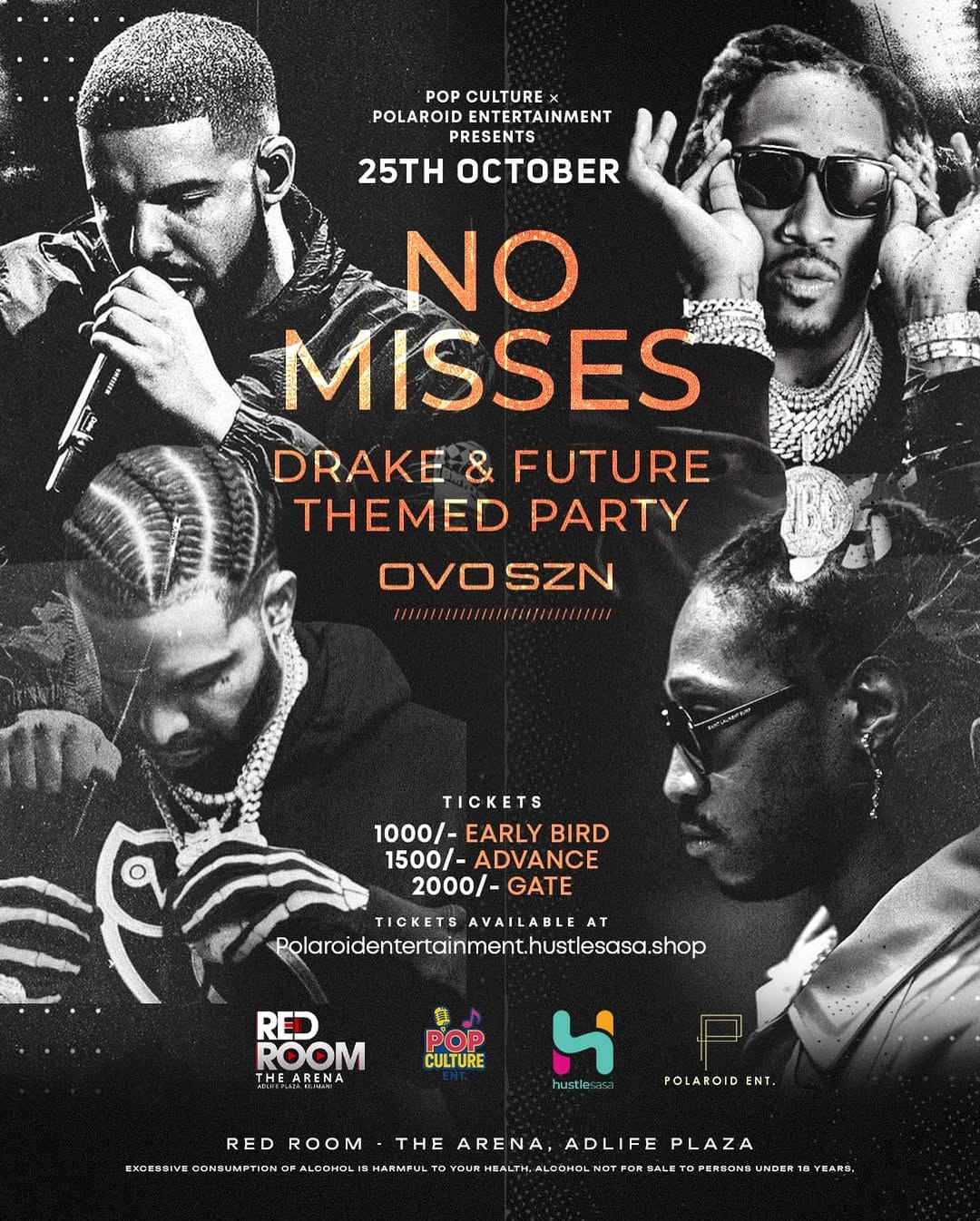

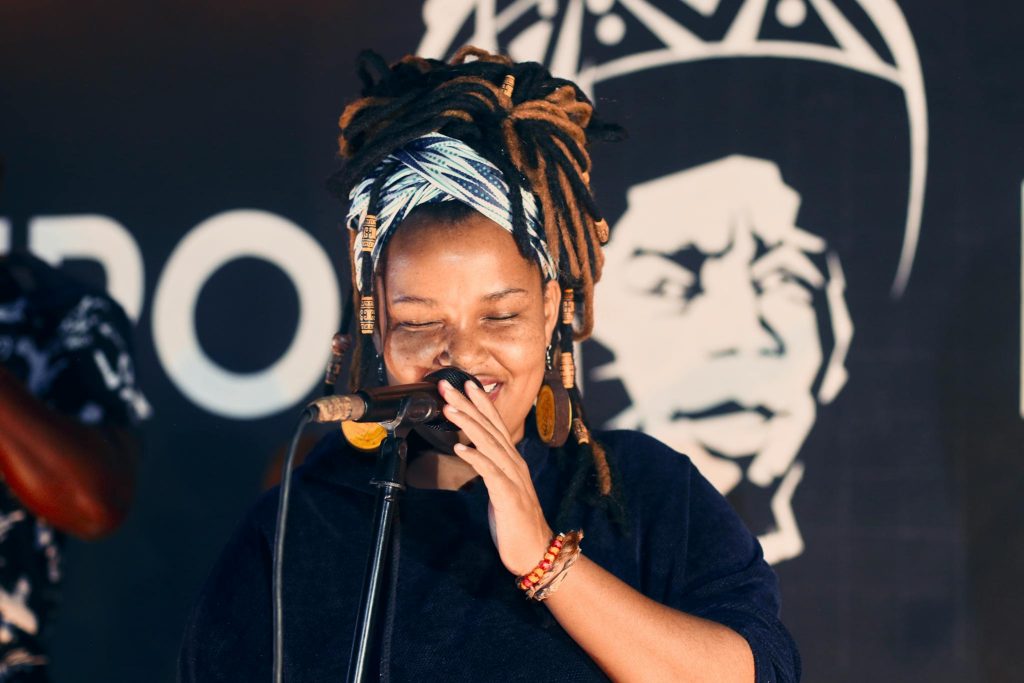
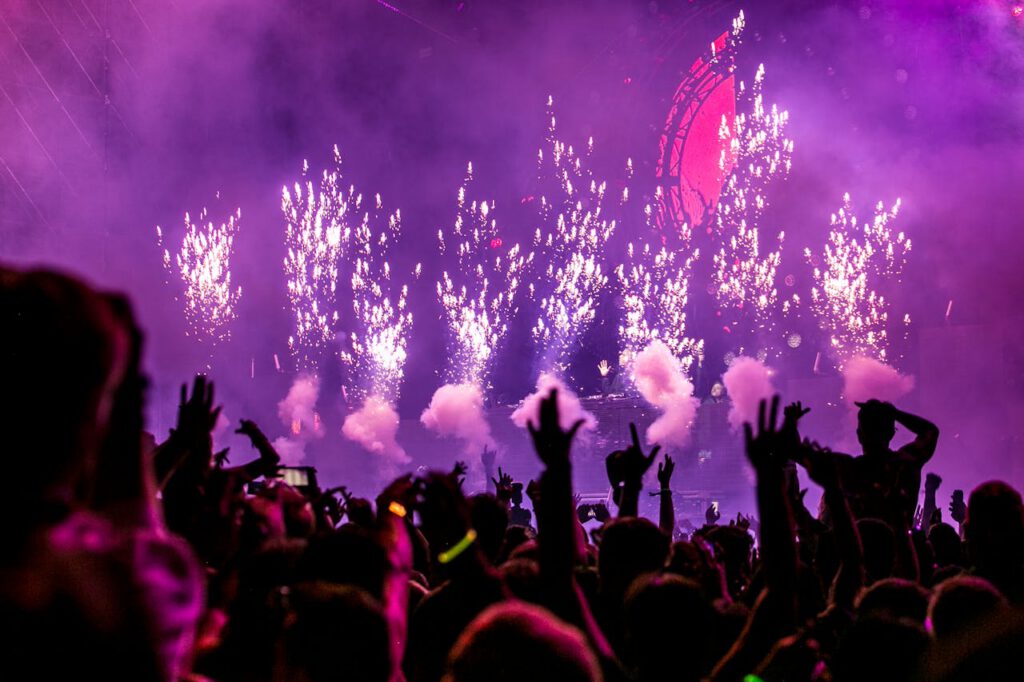
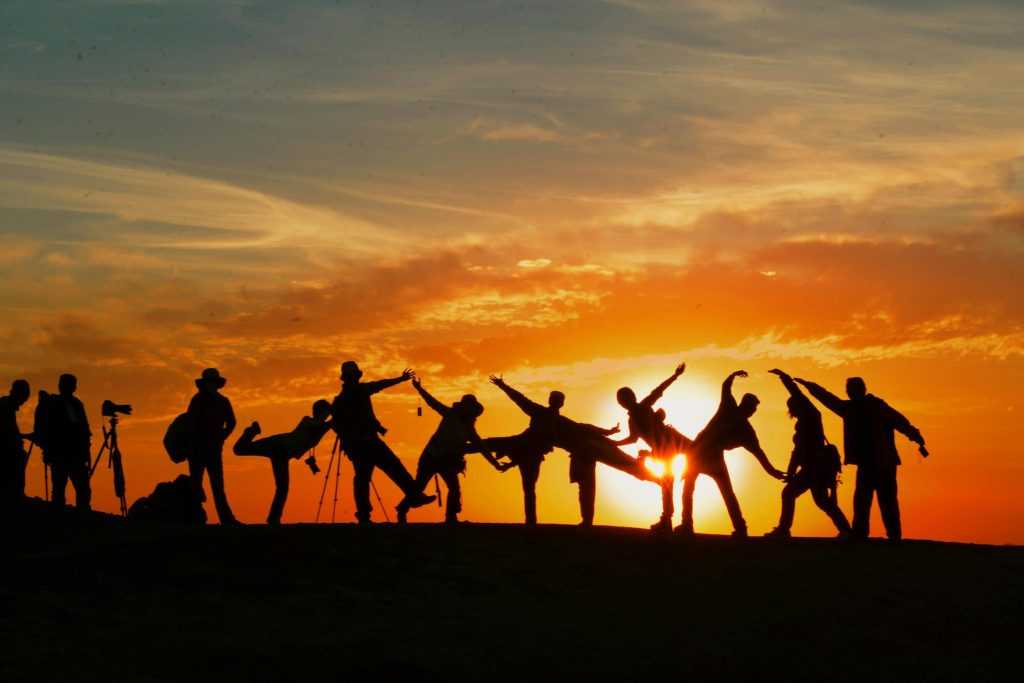



Leave a Reply